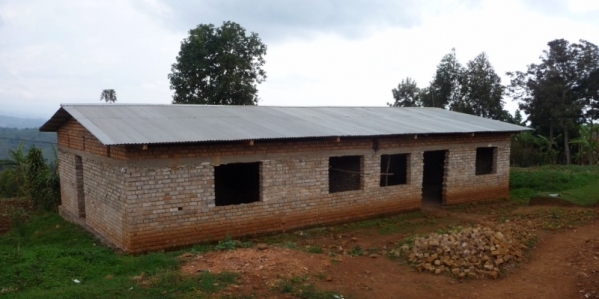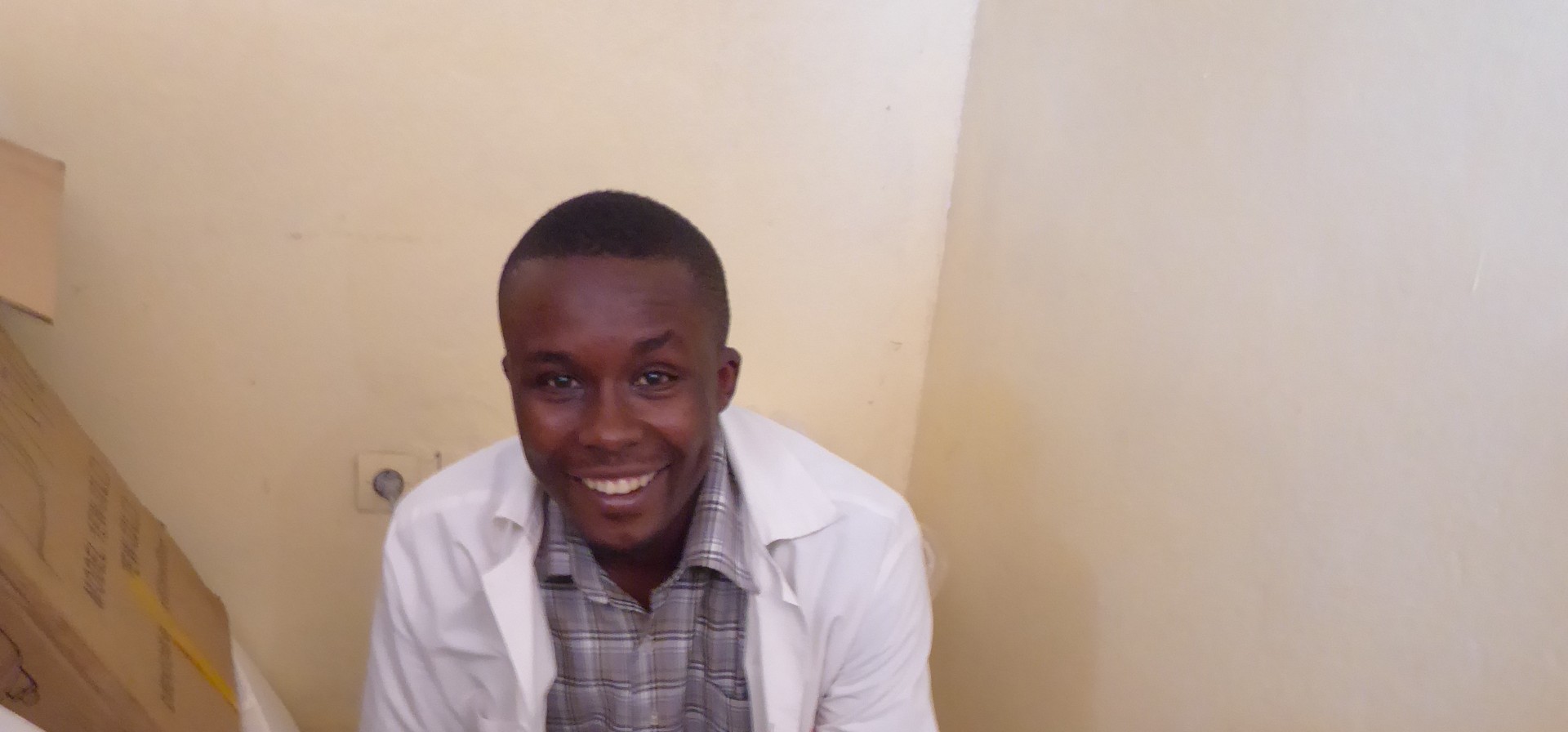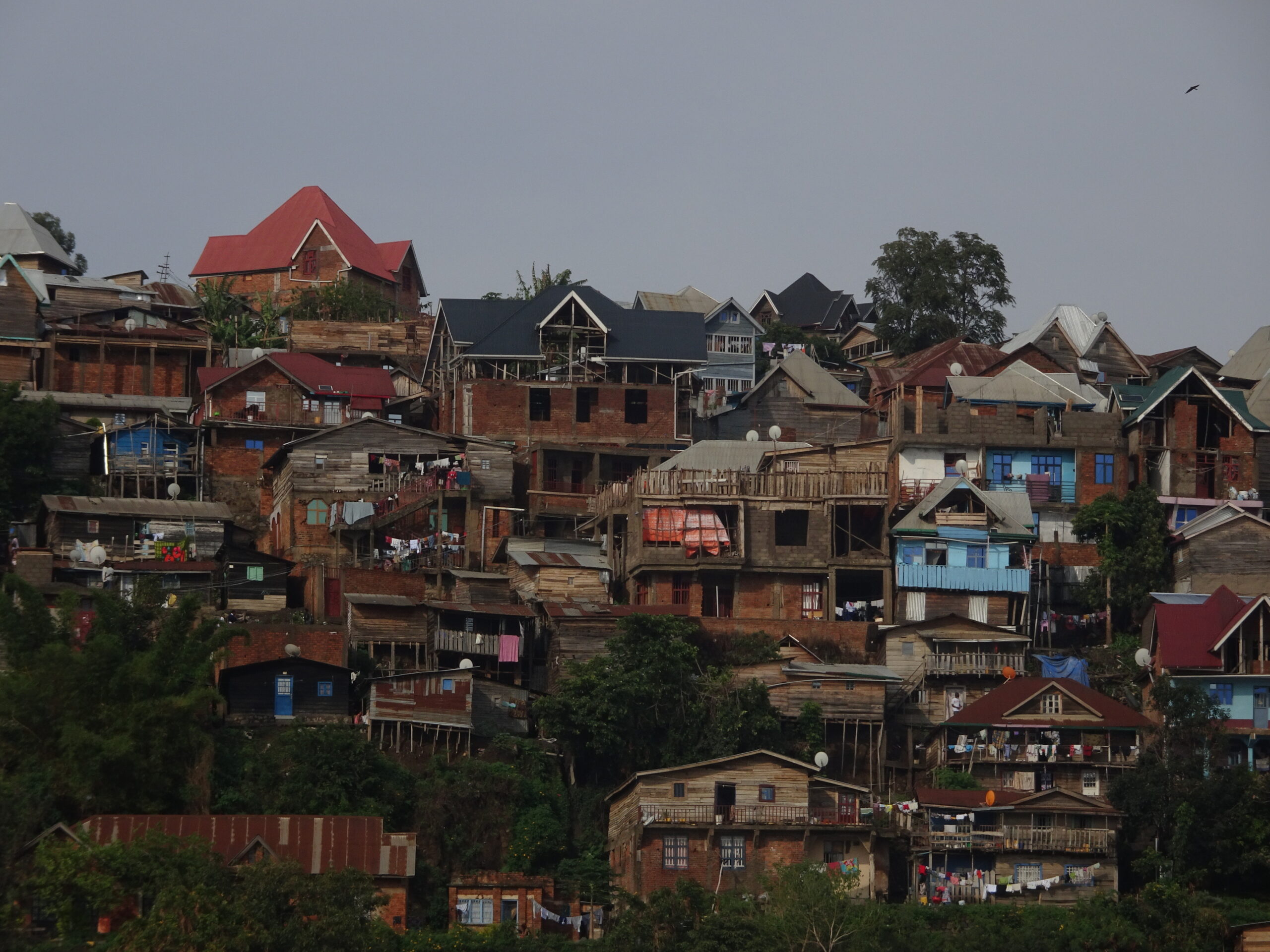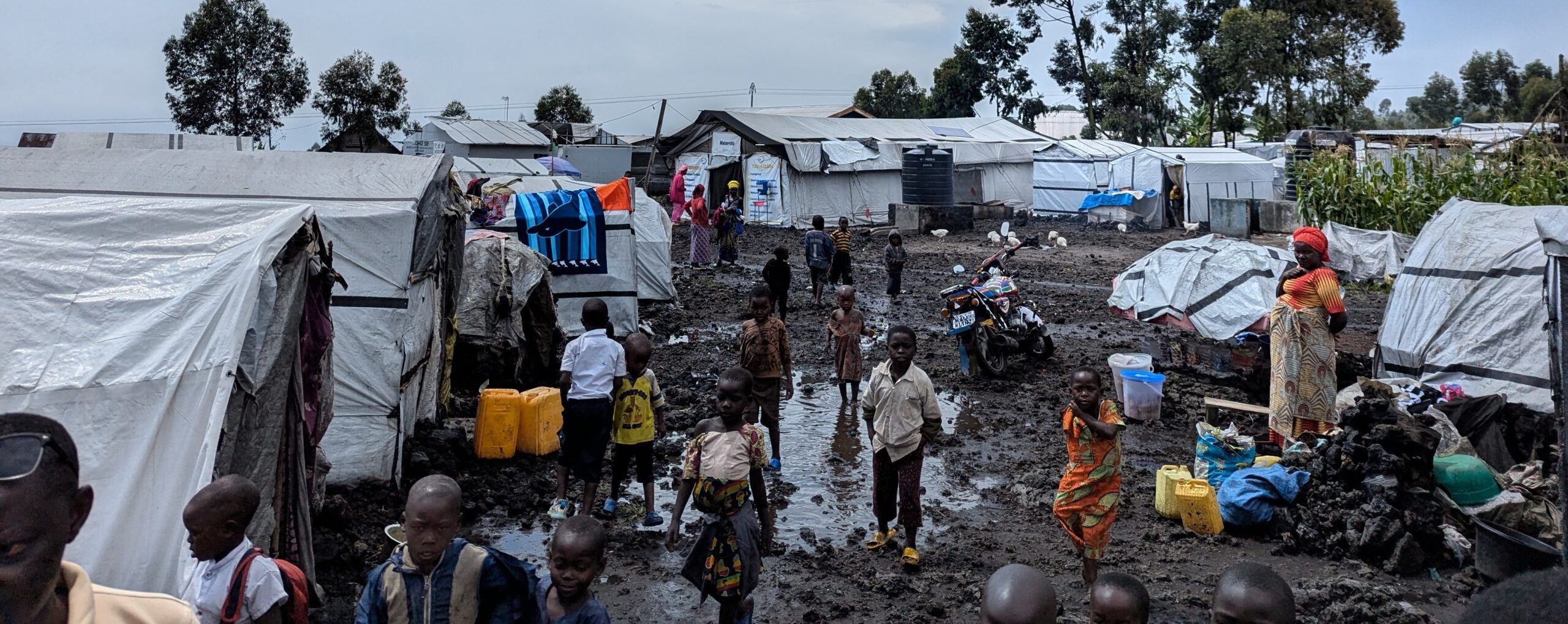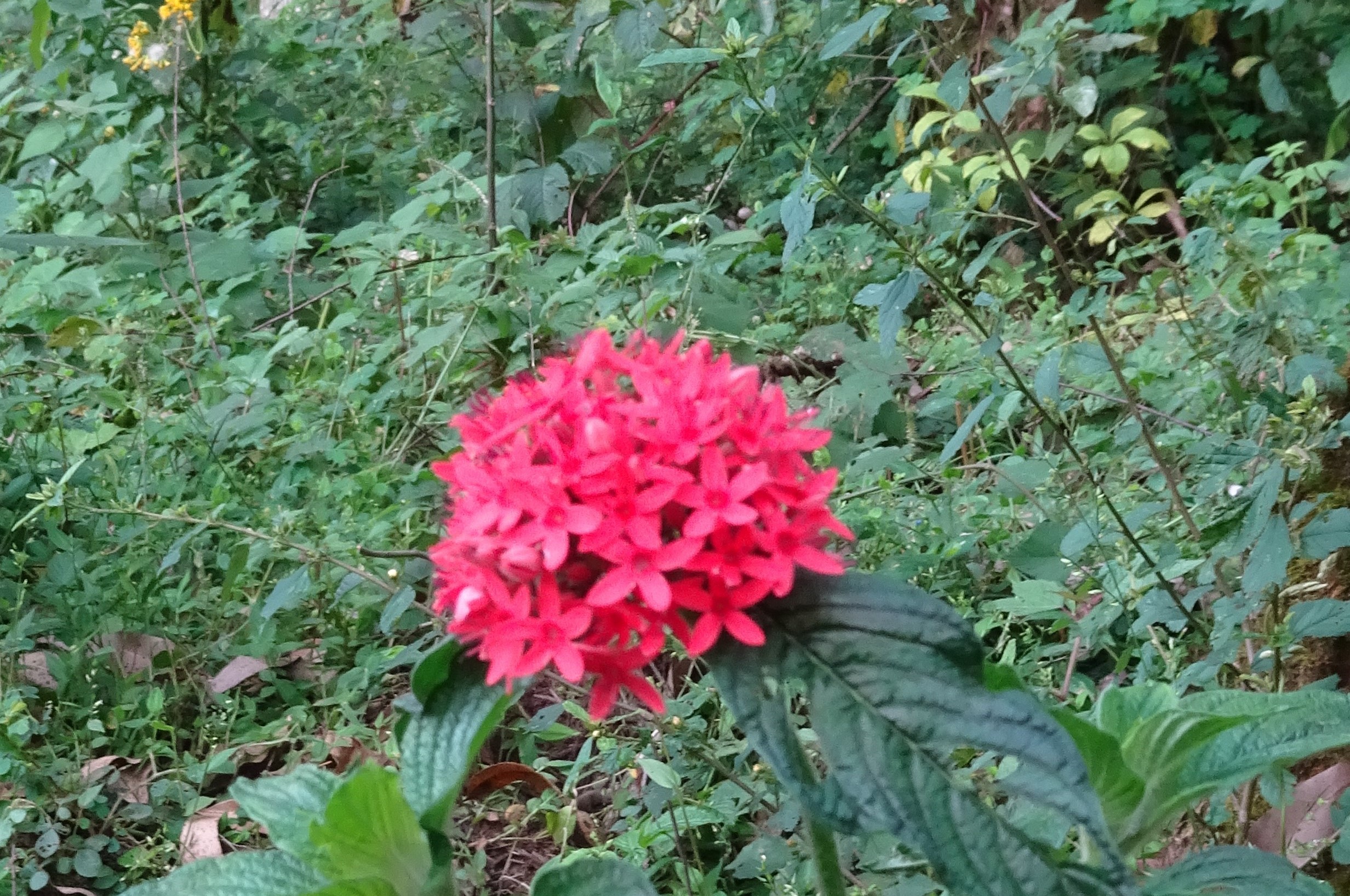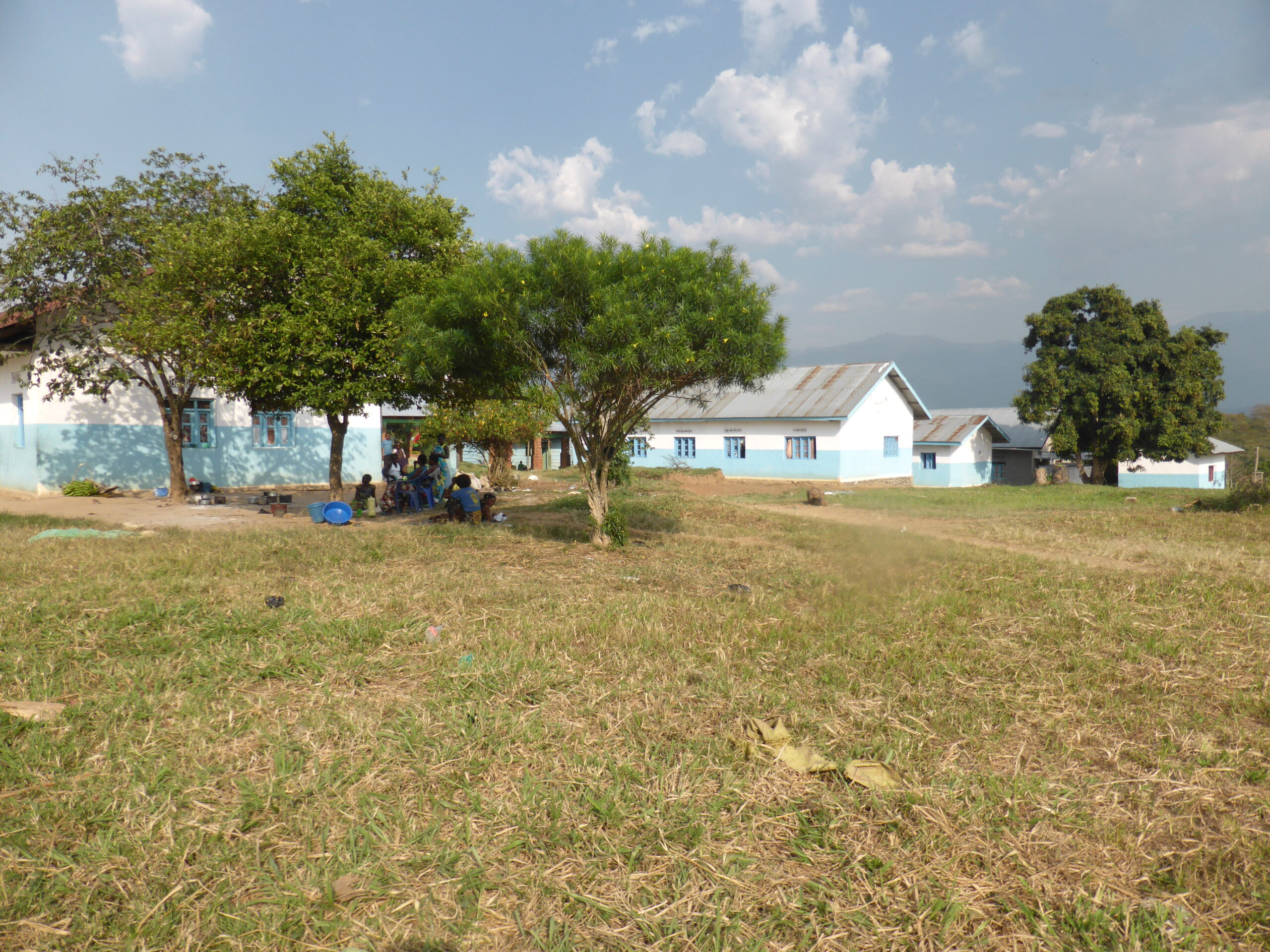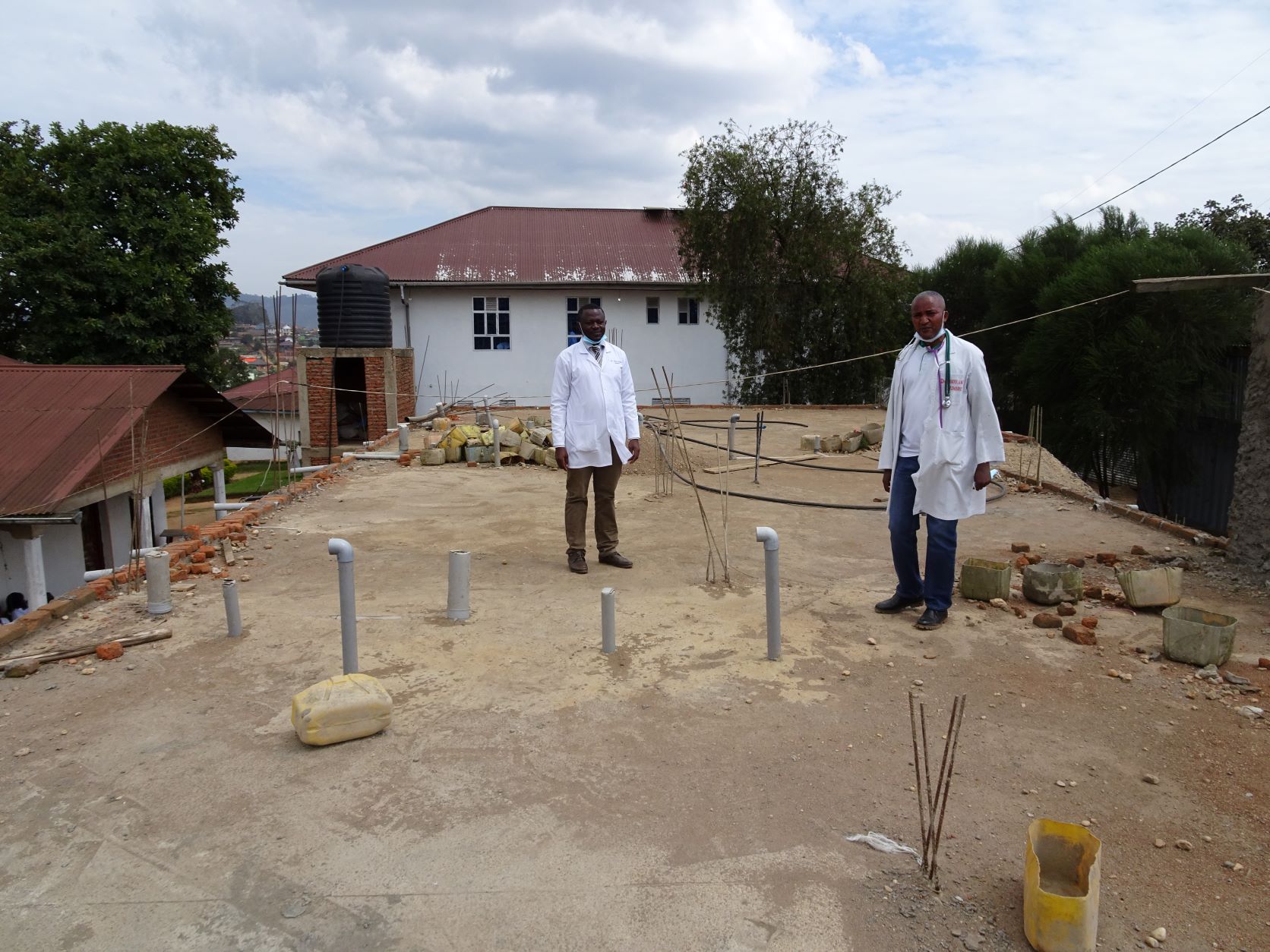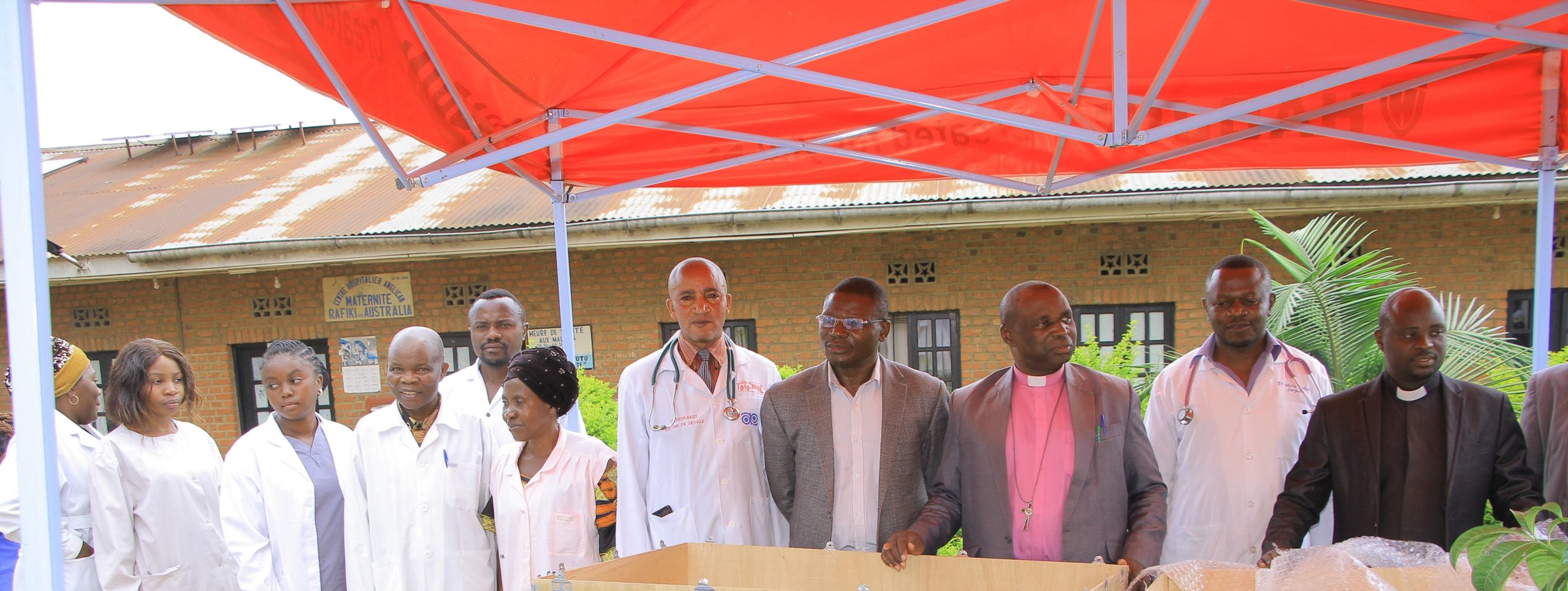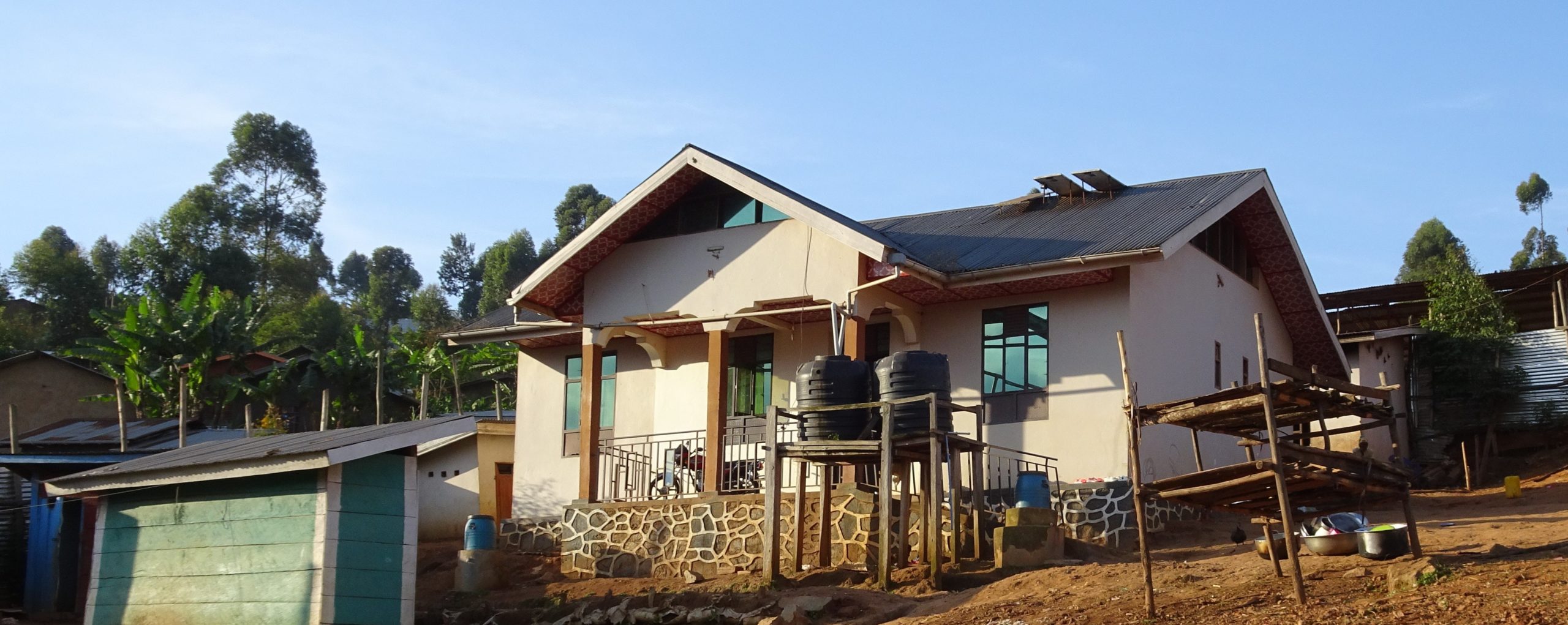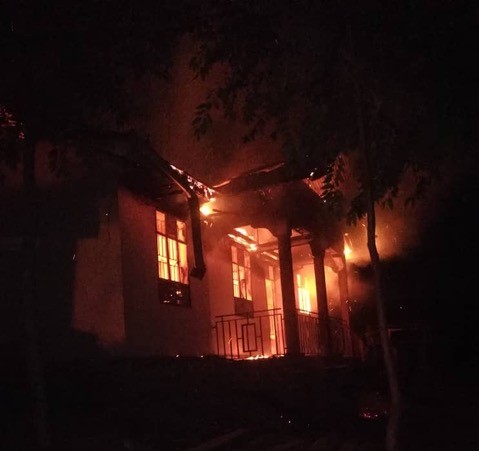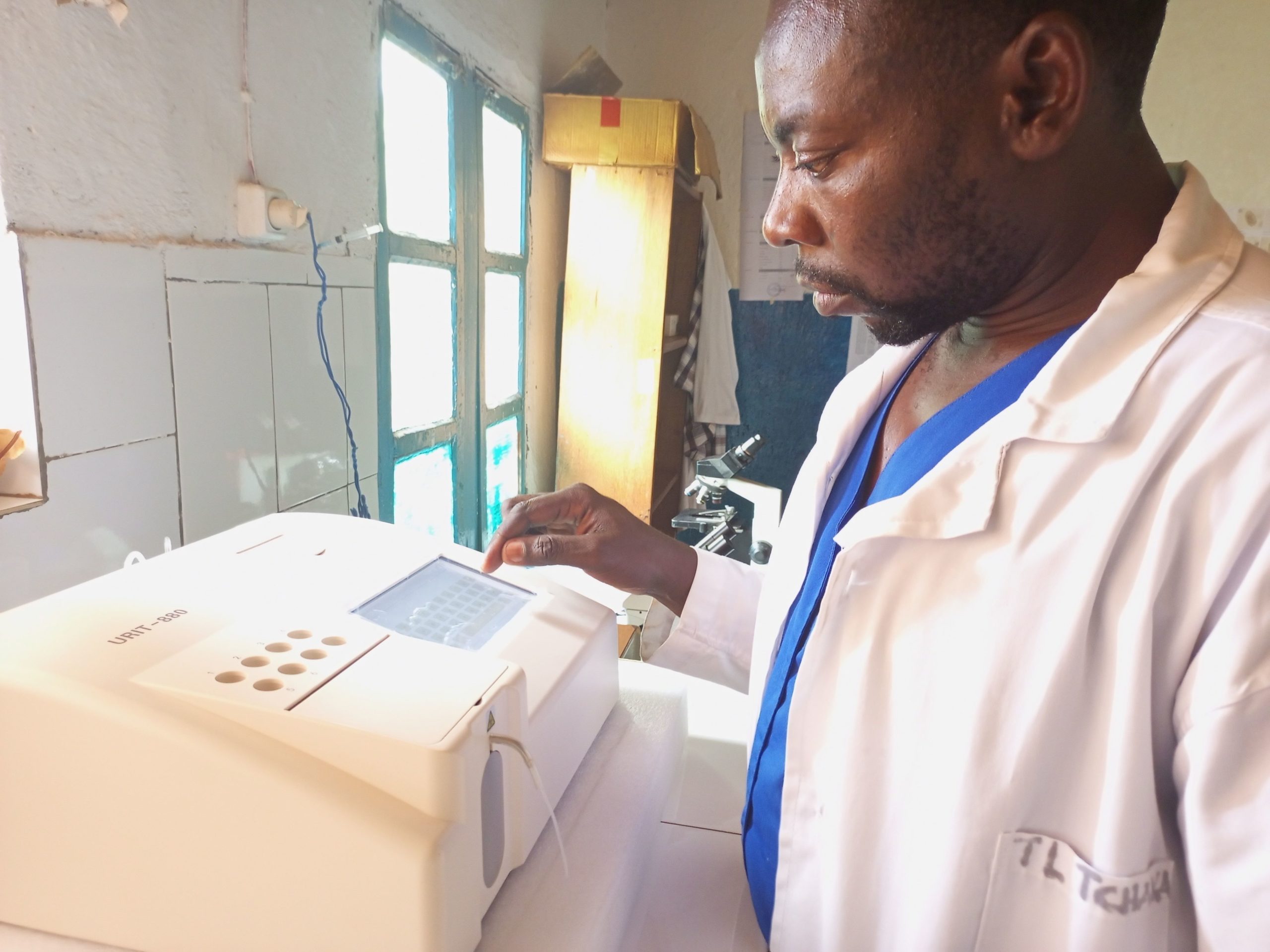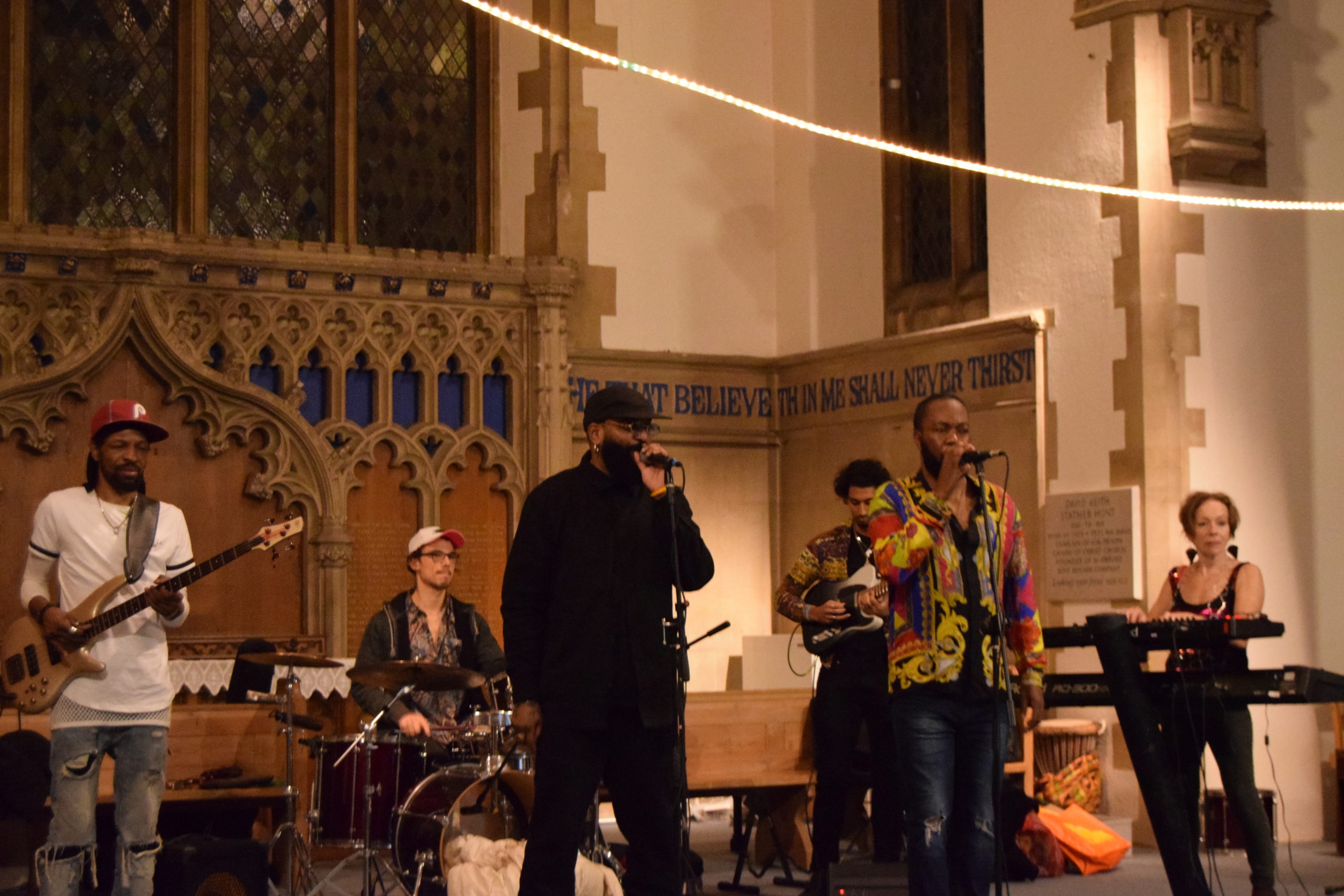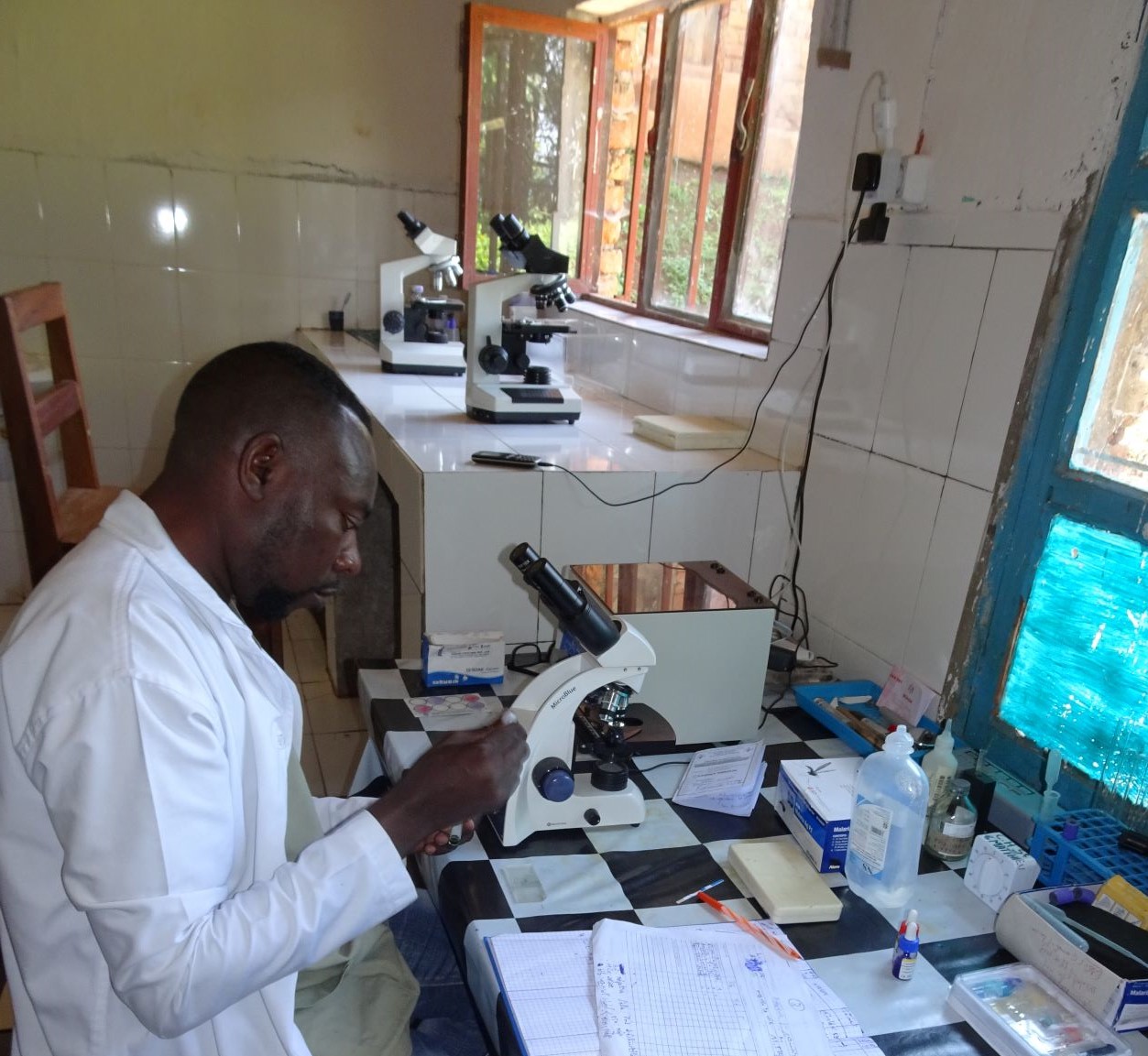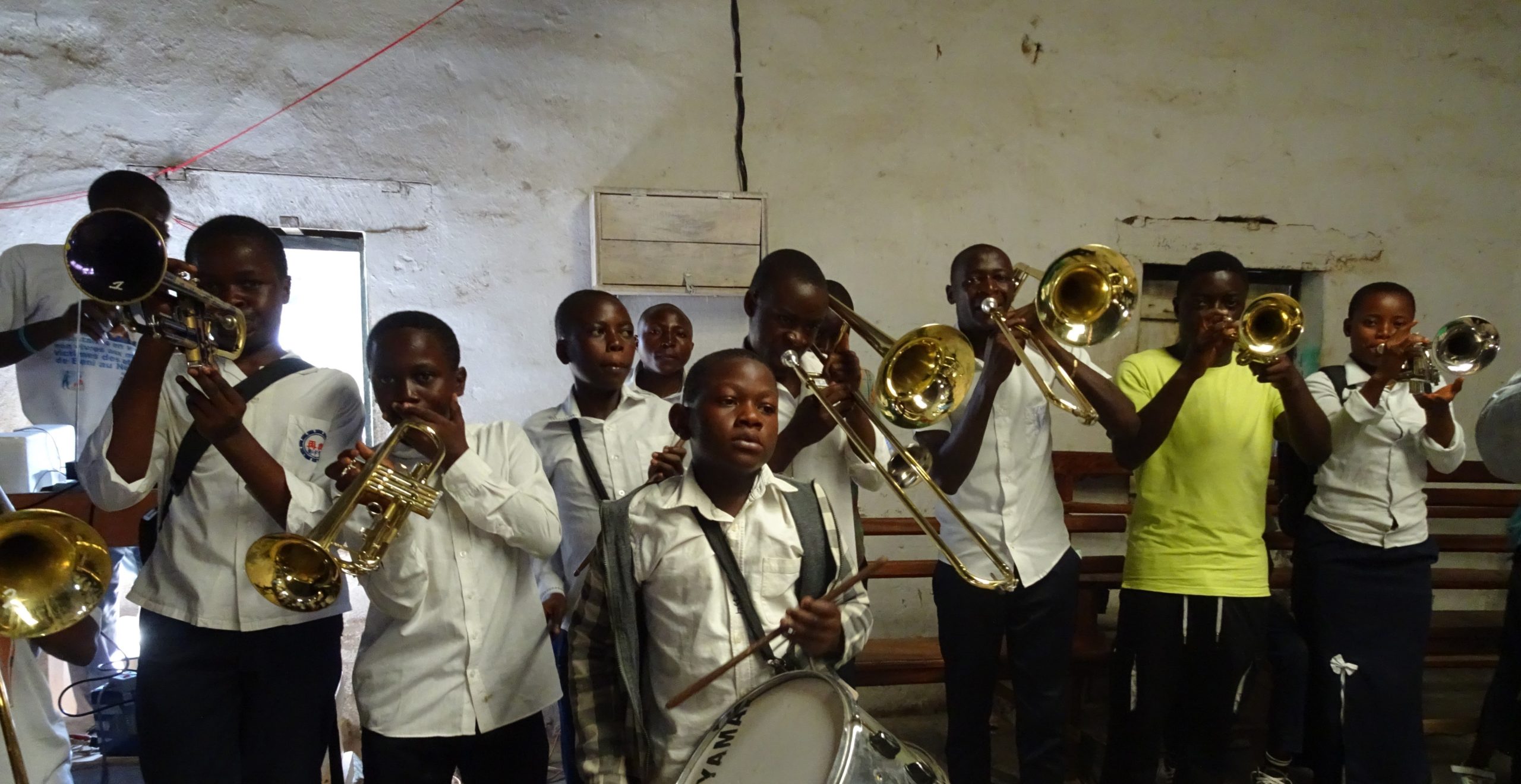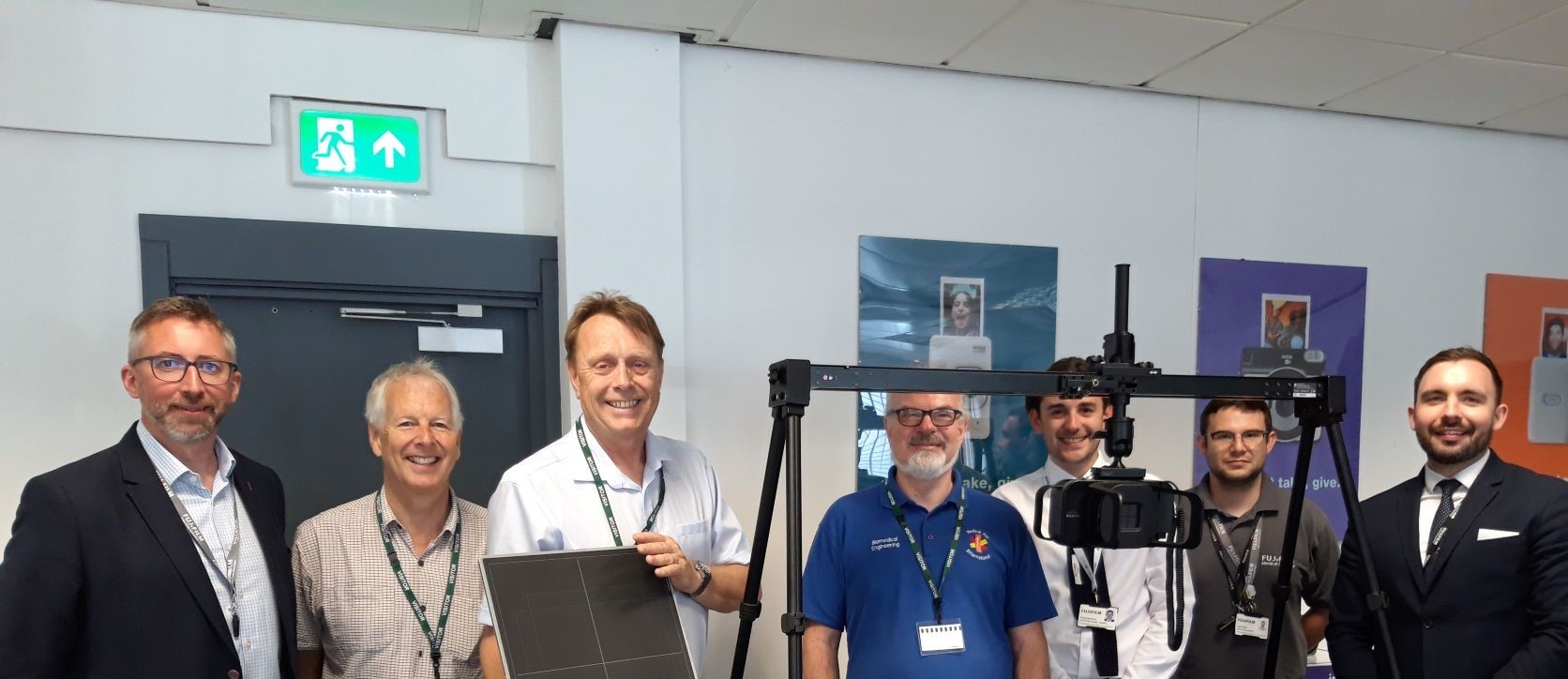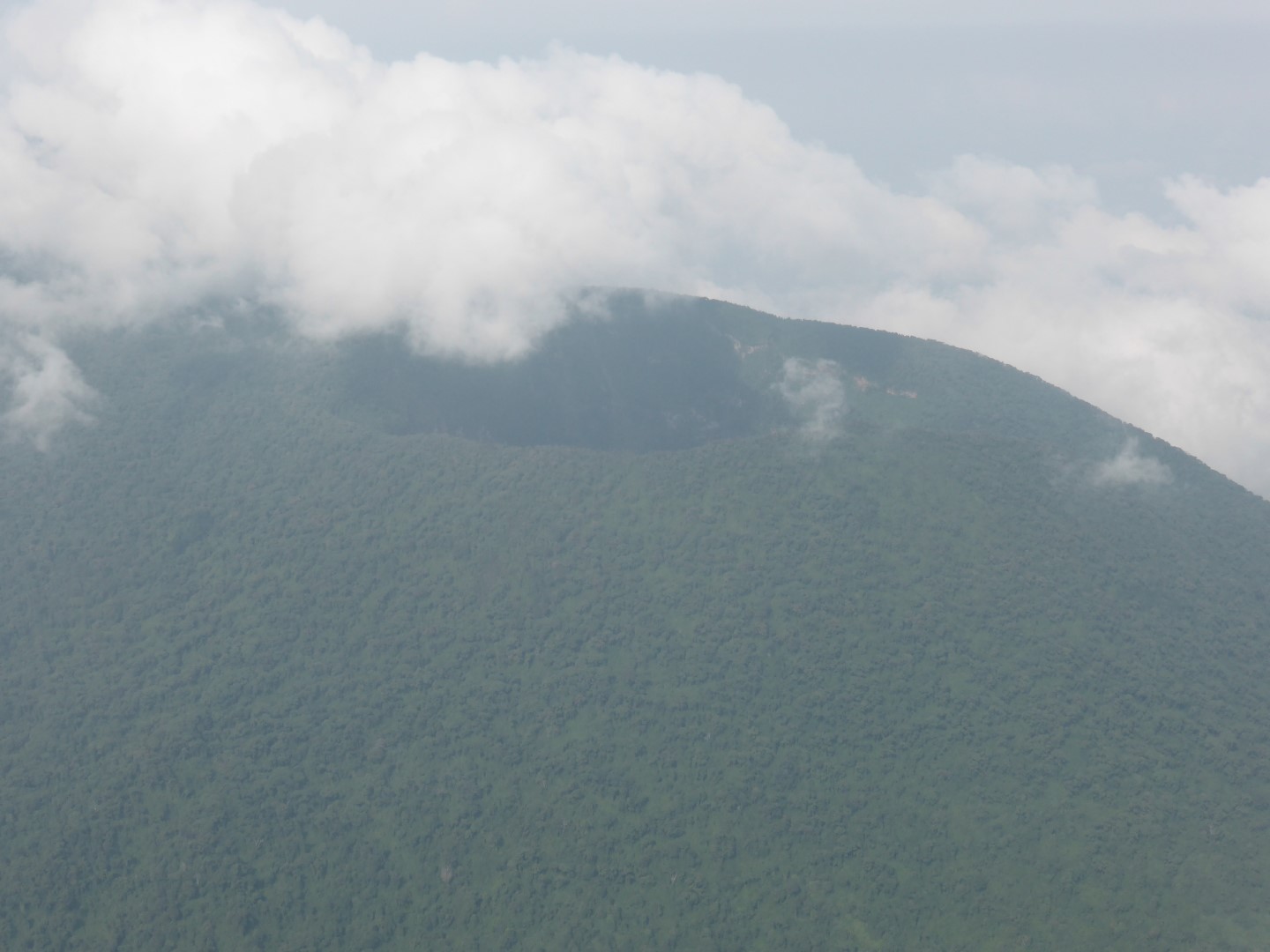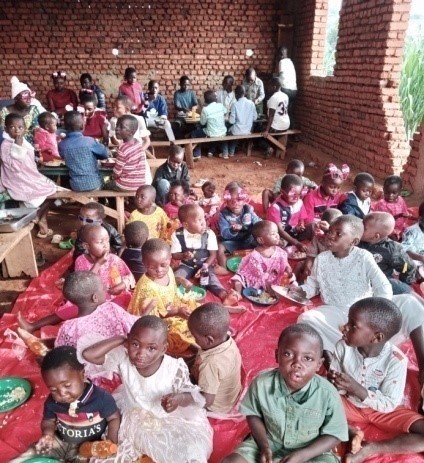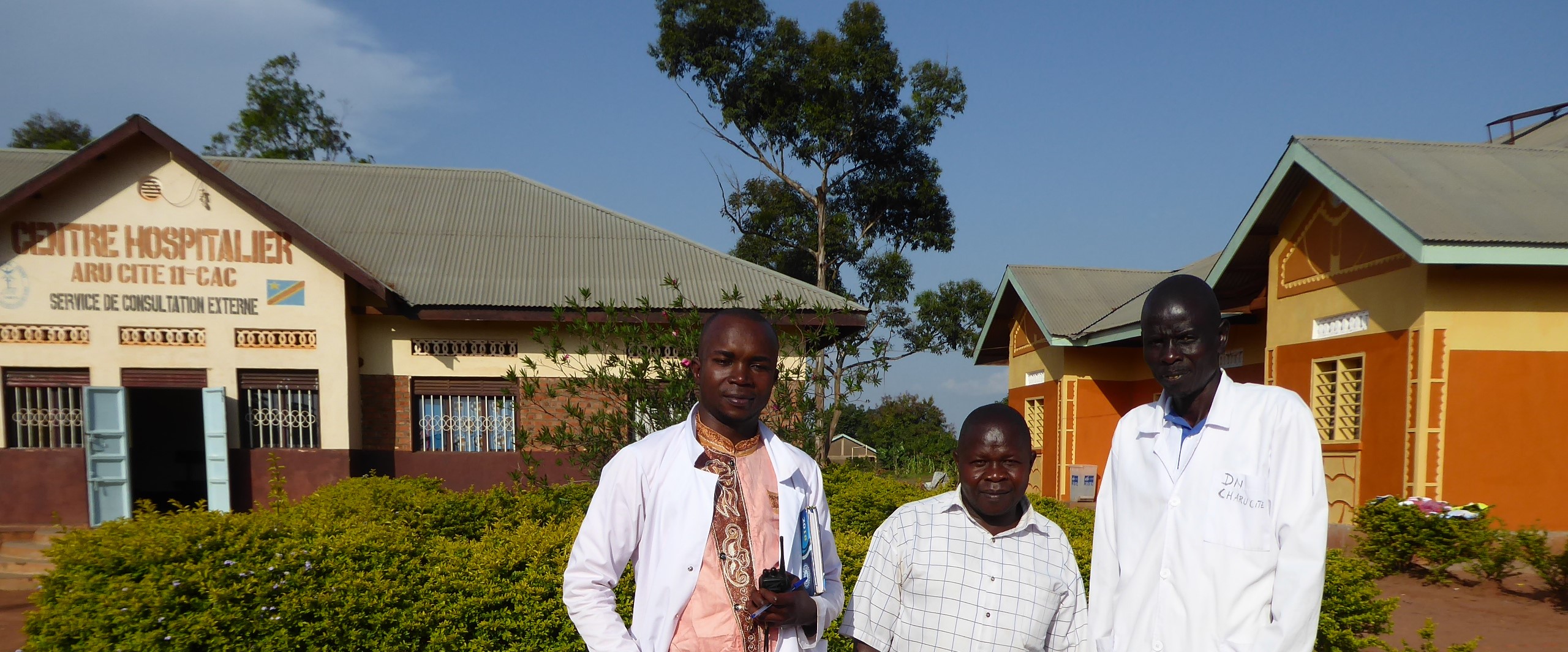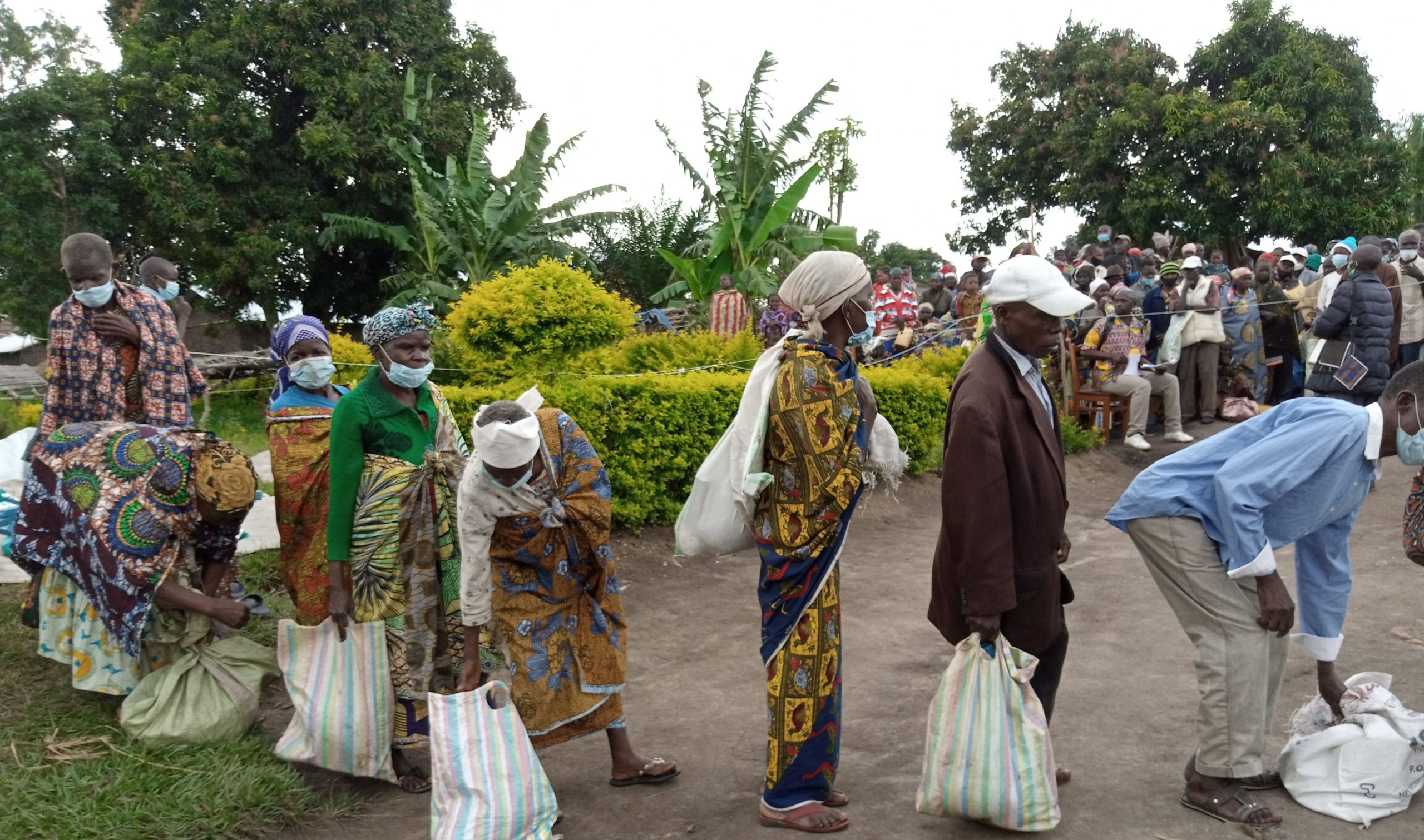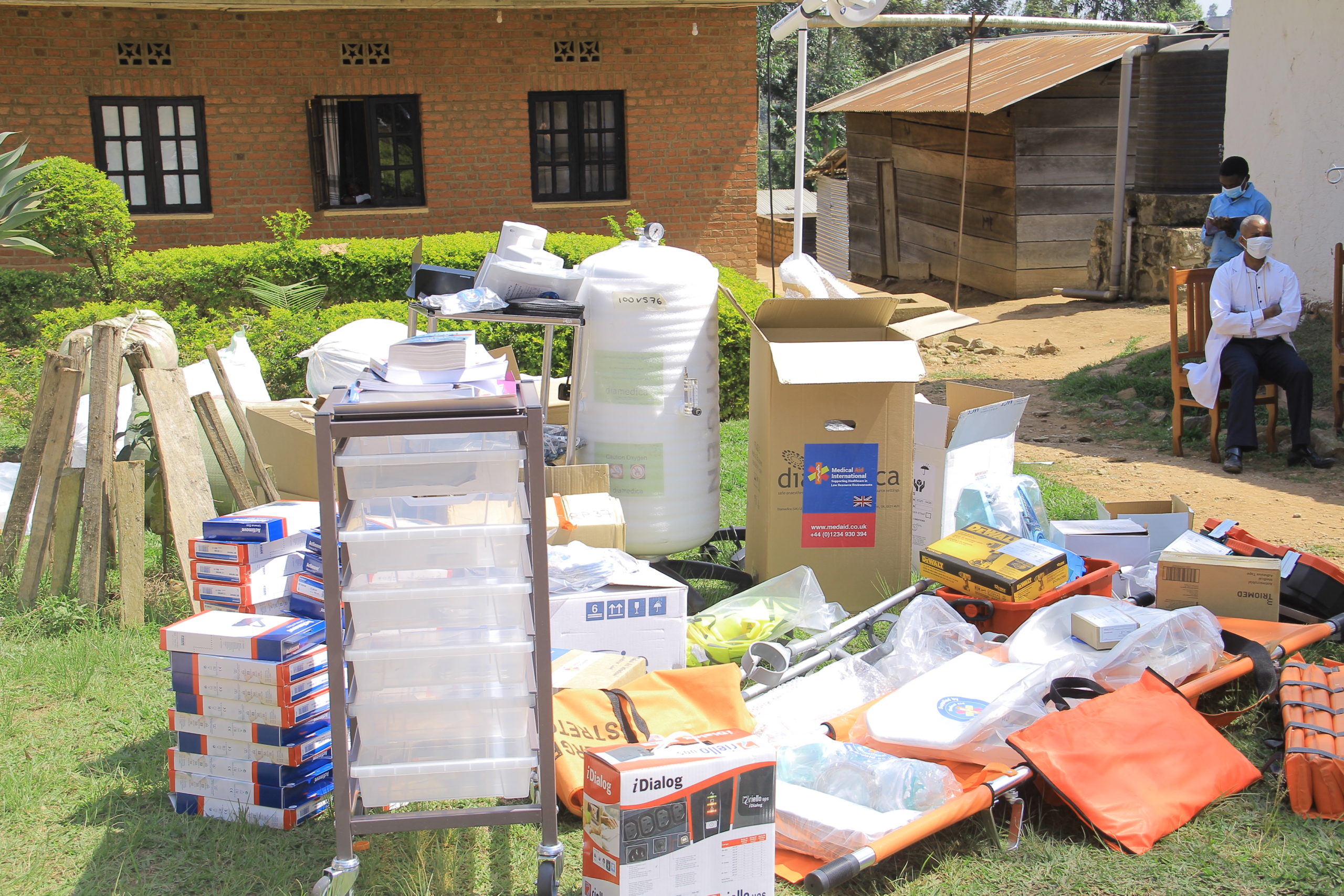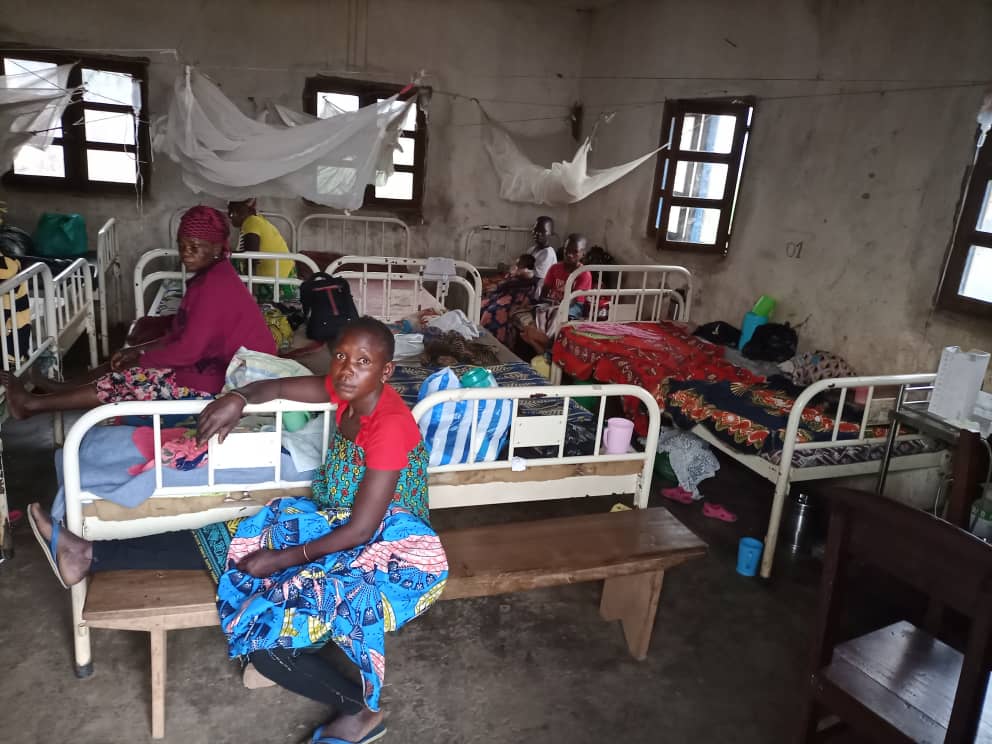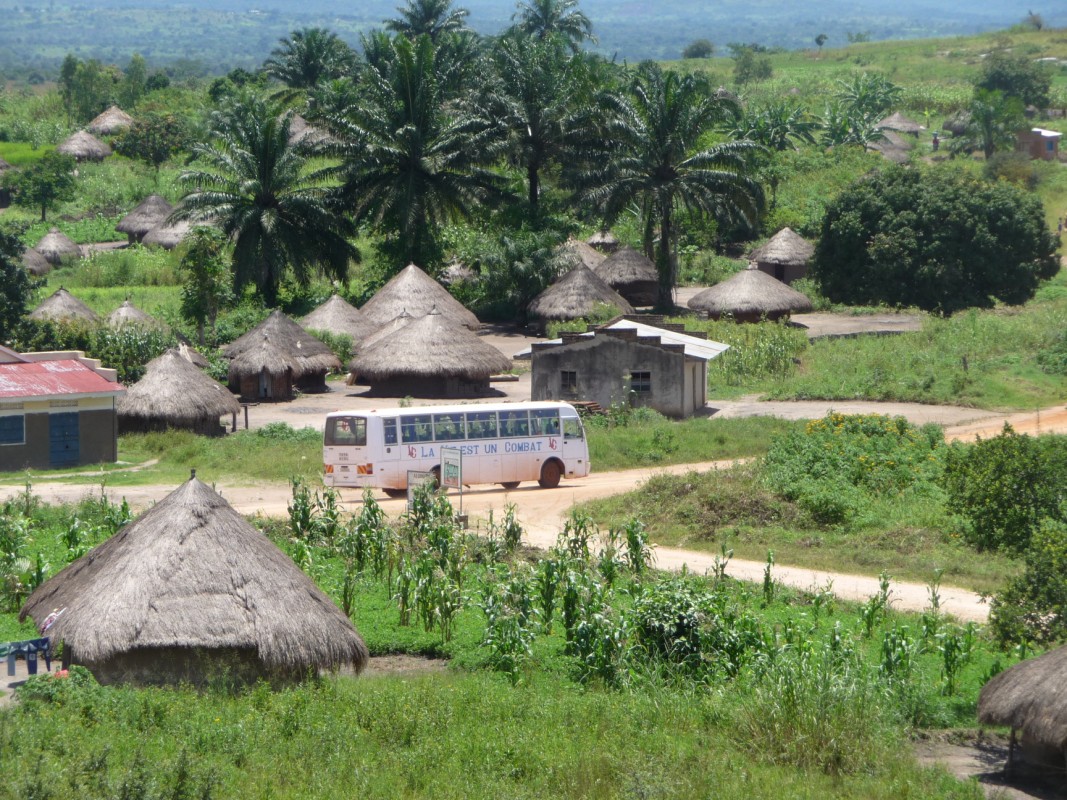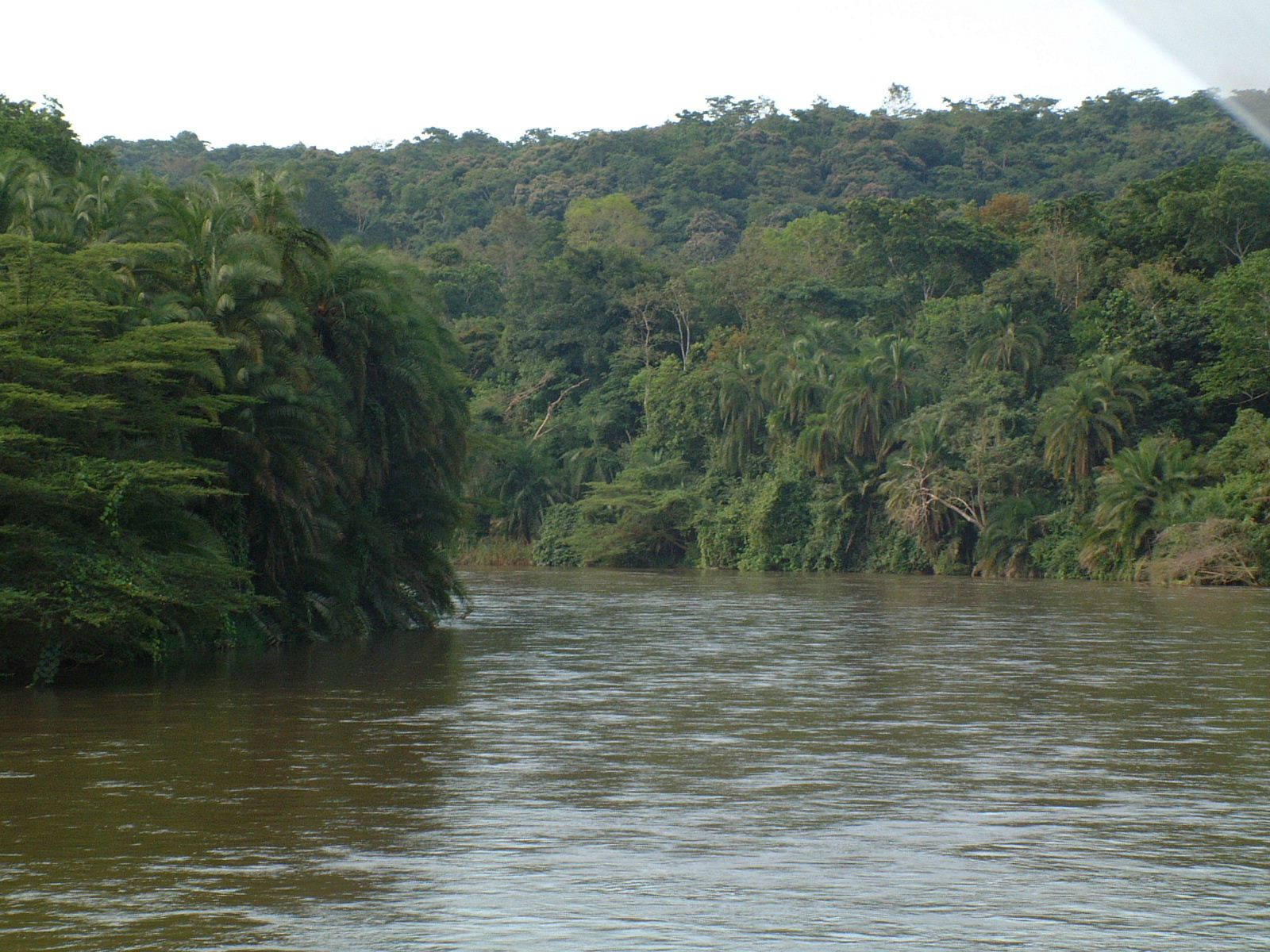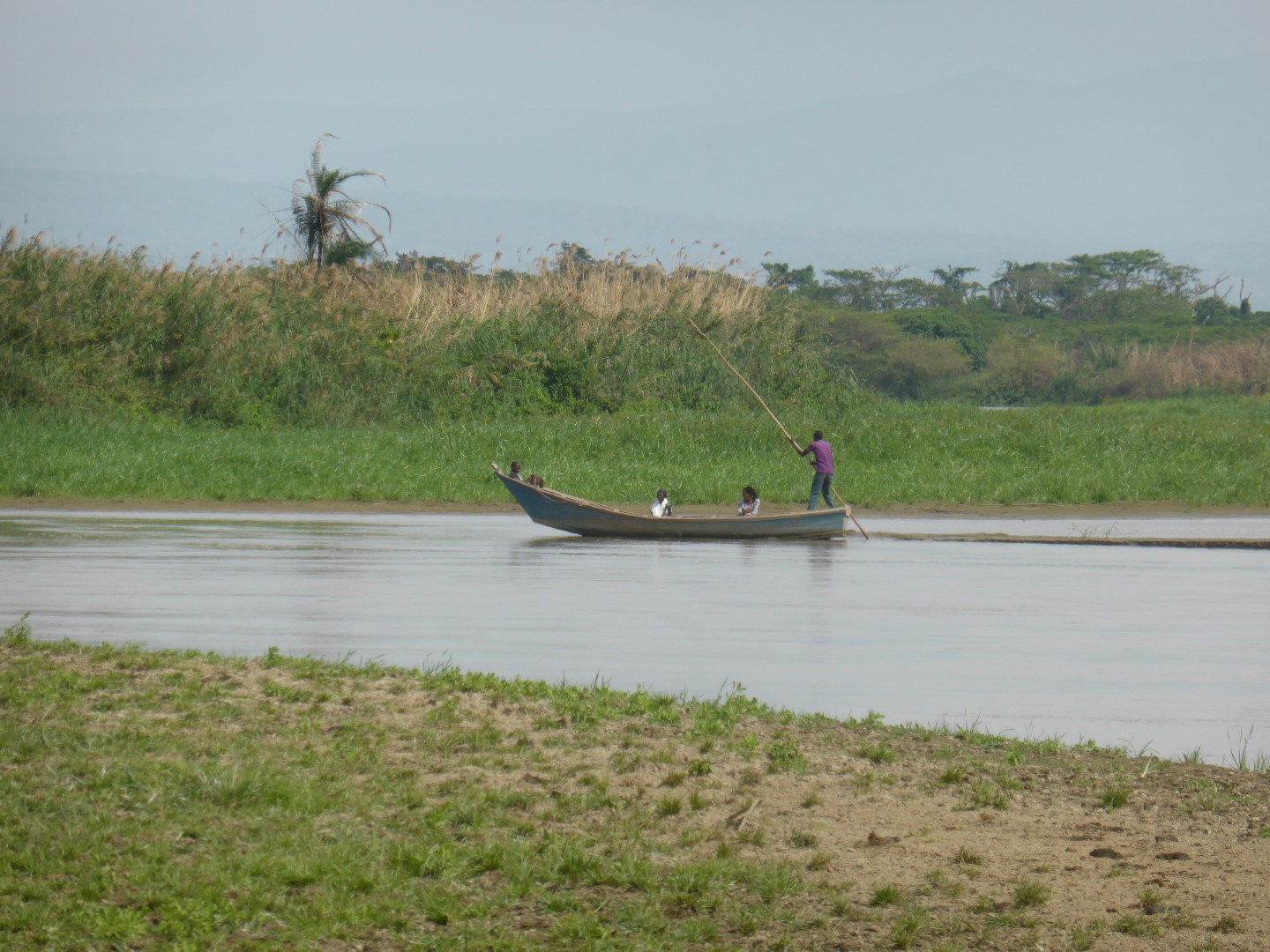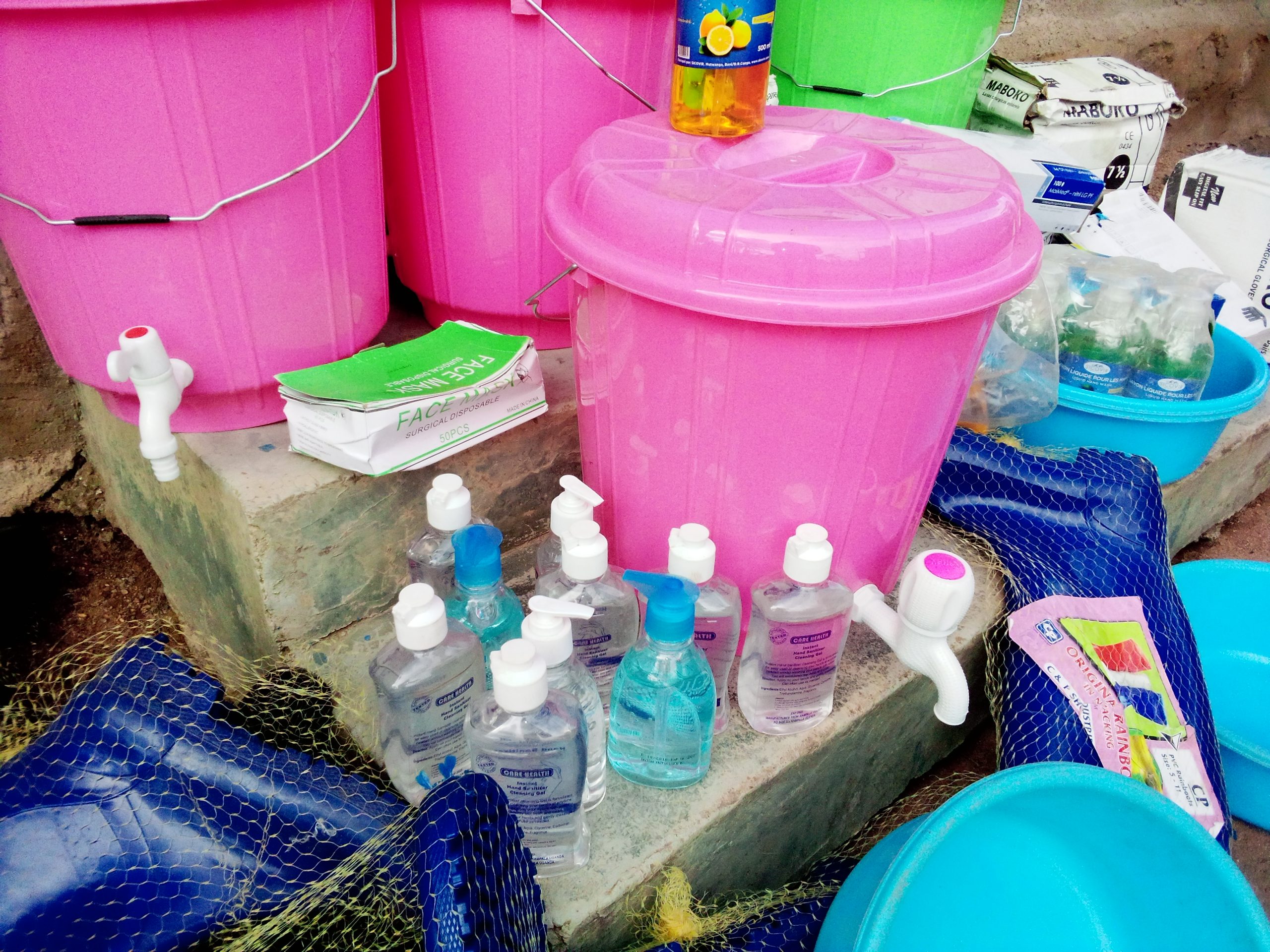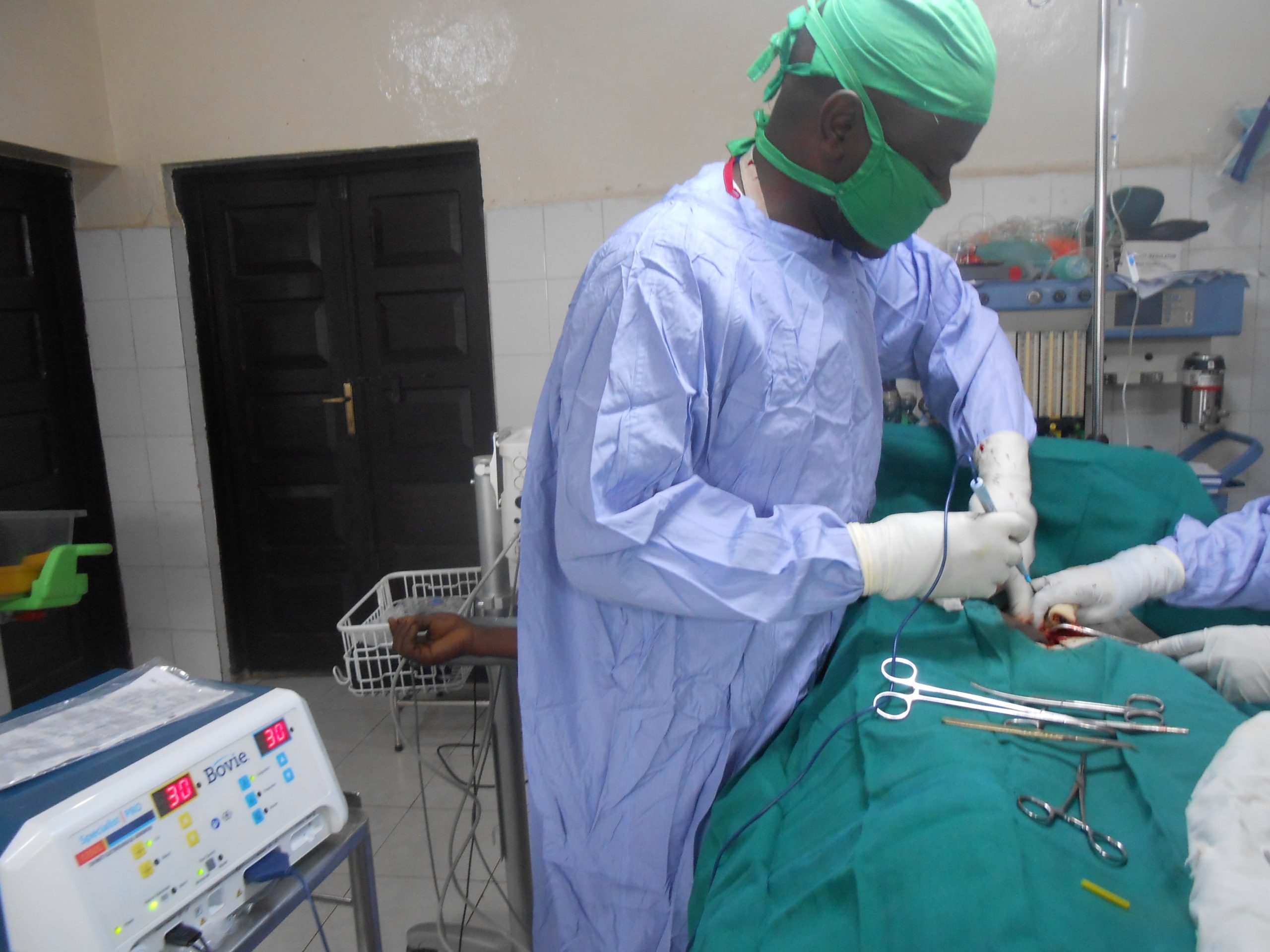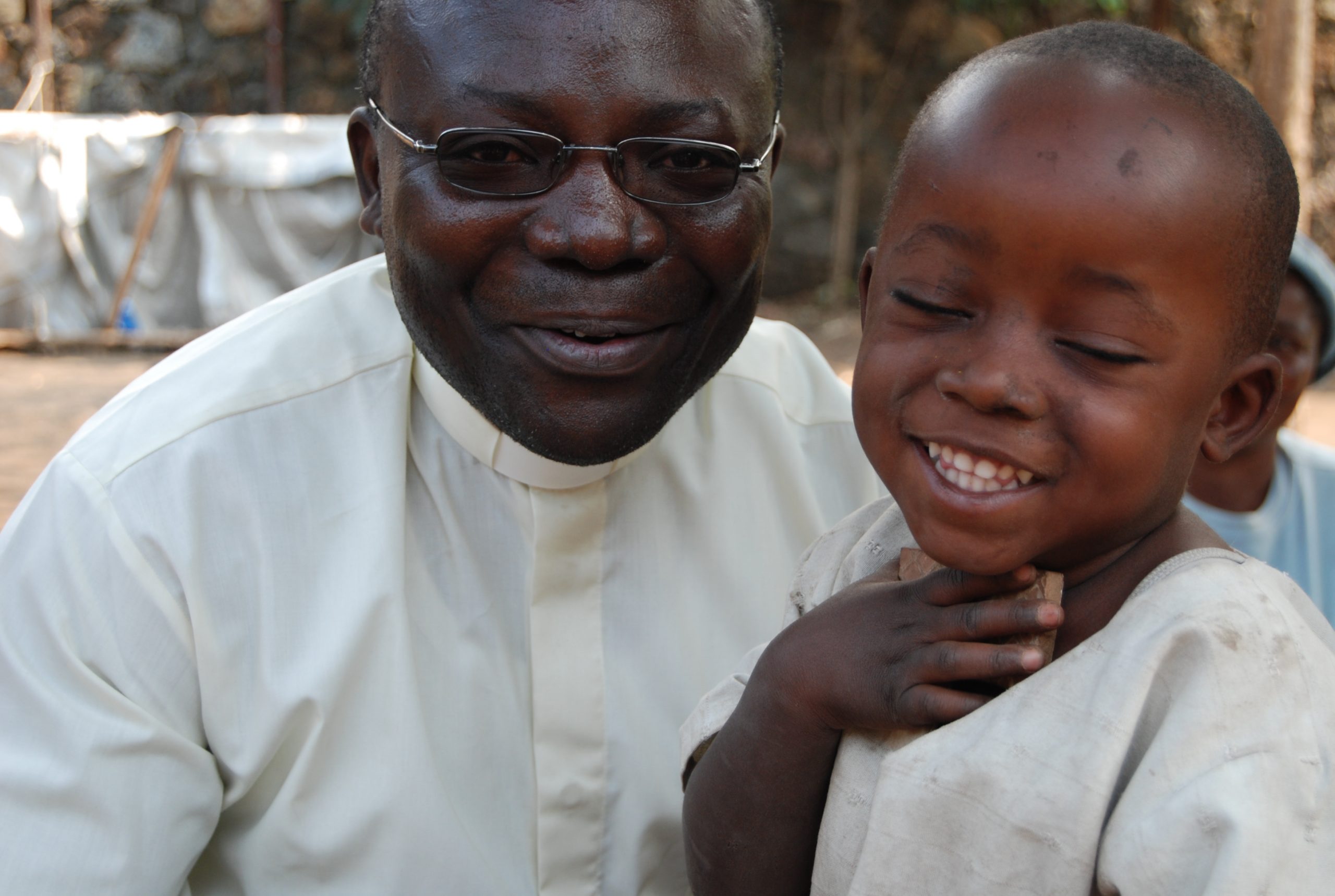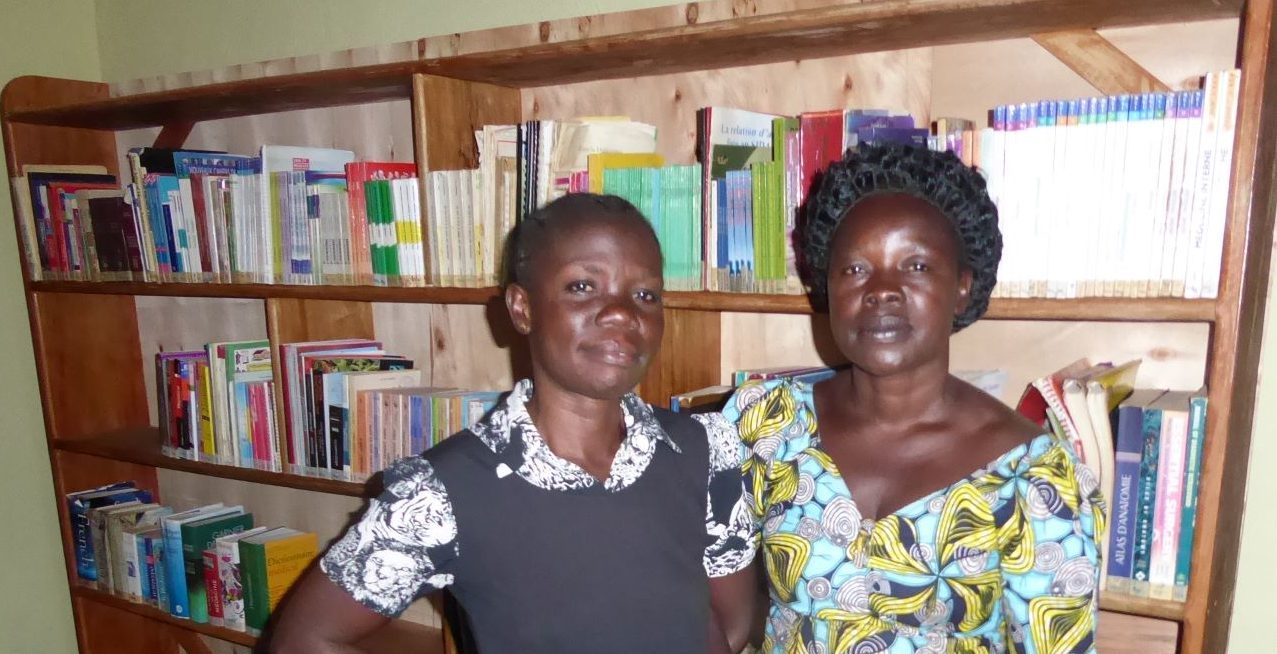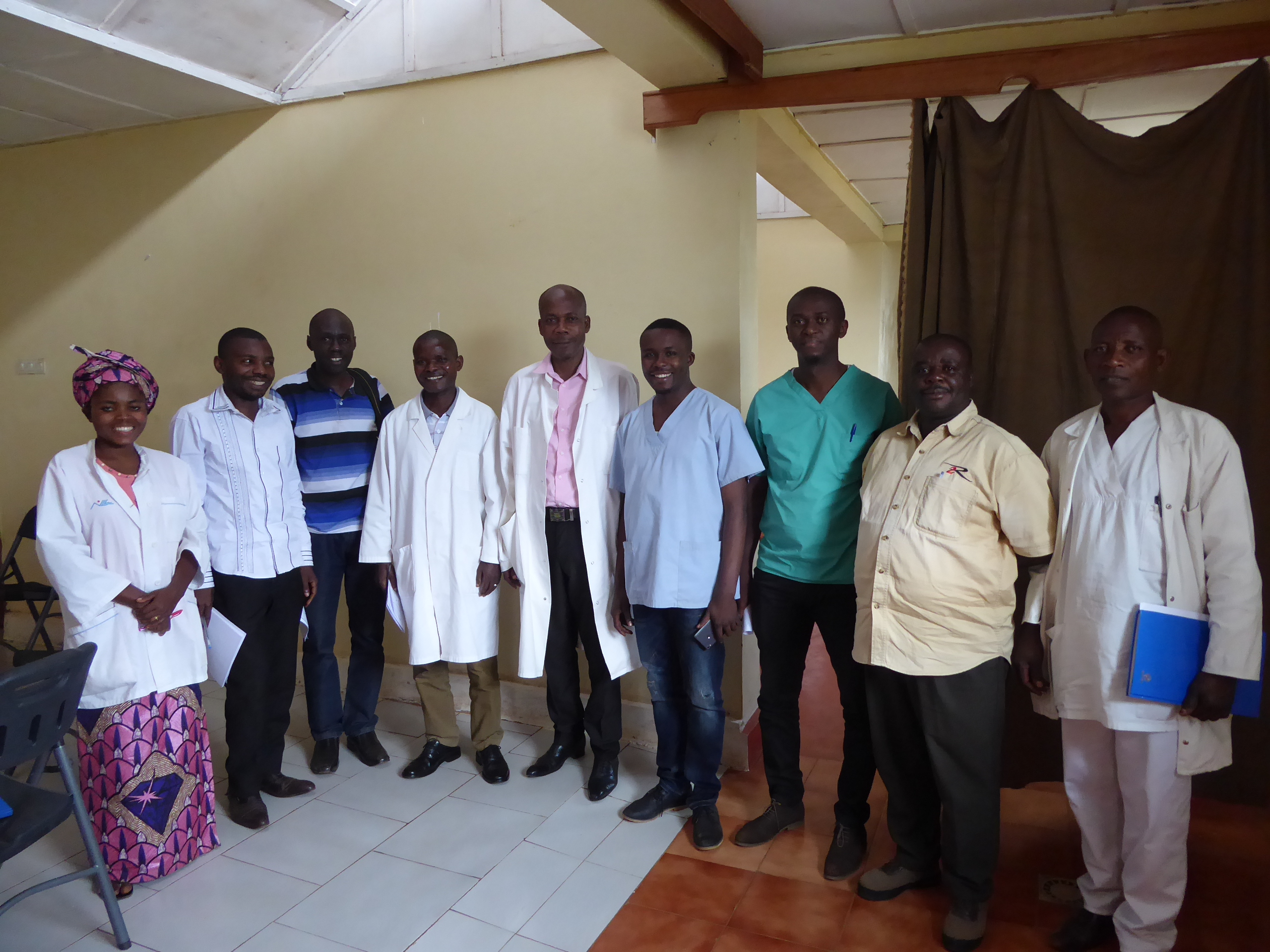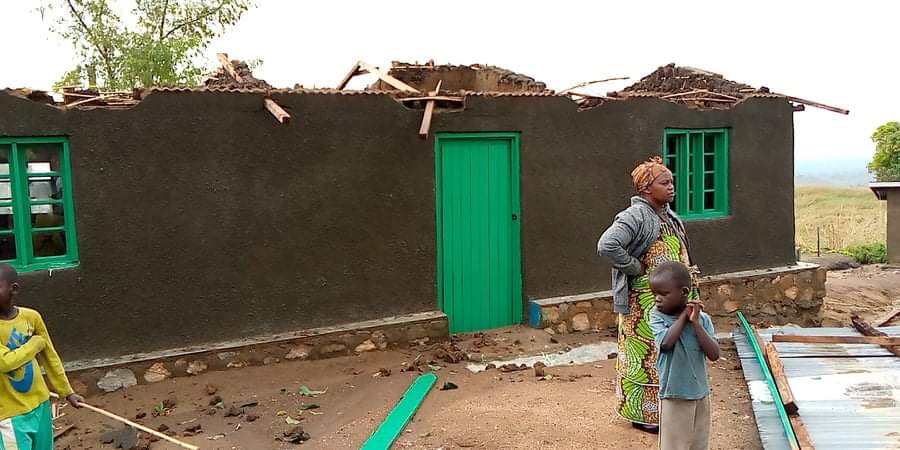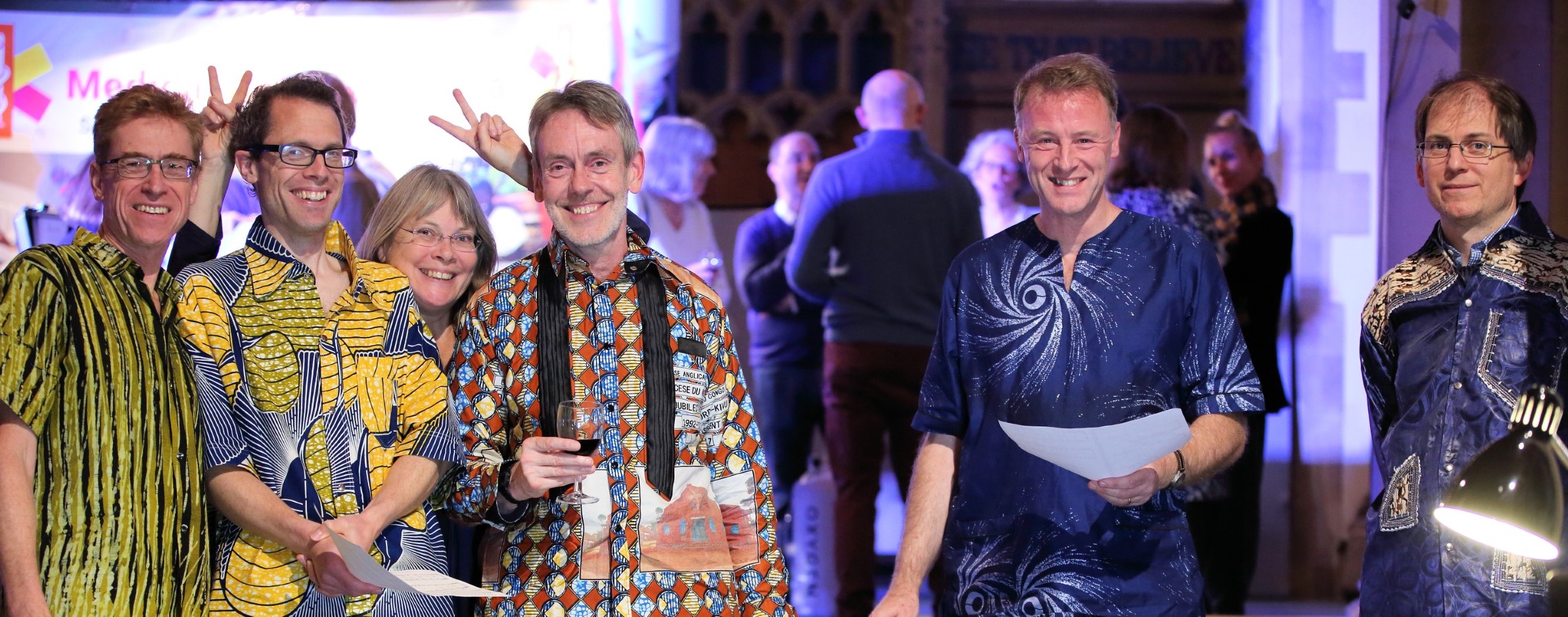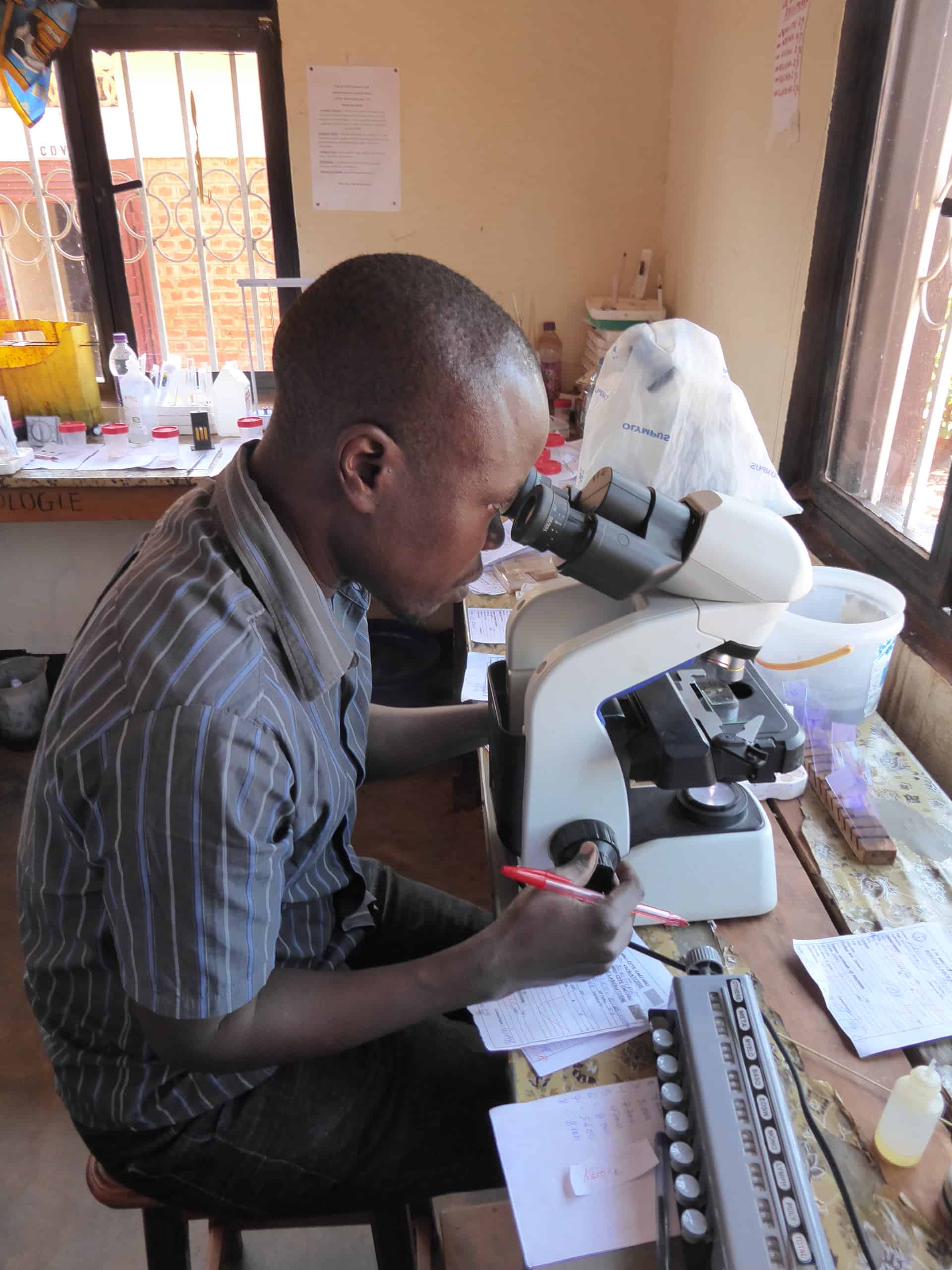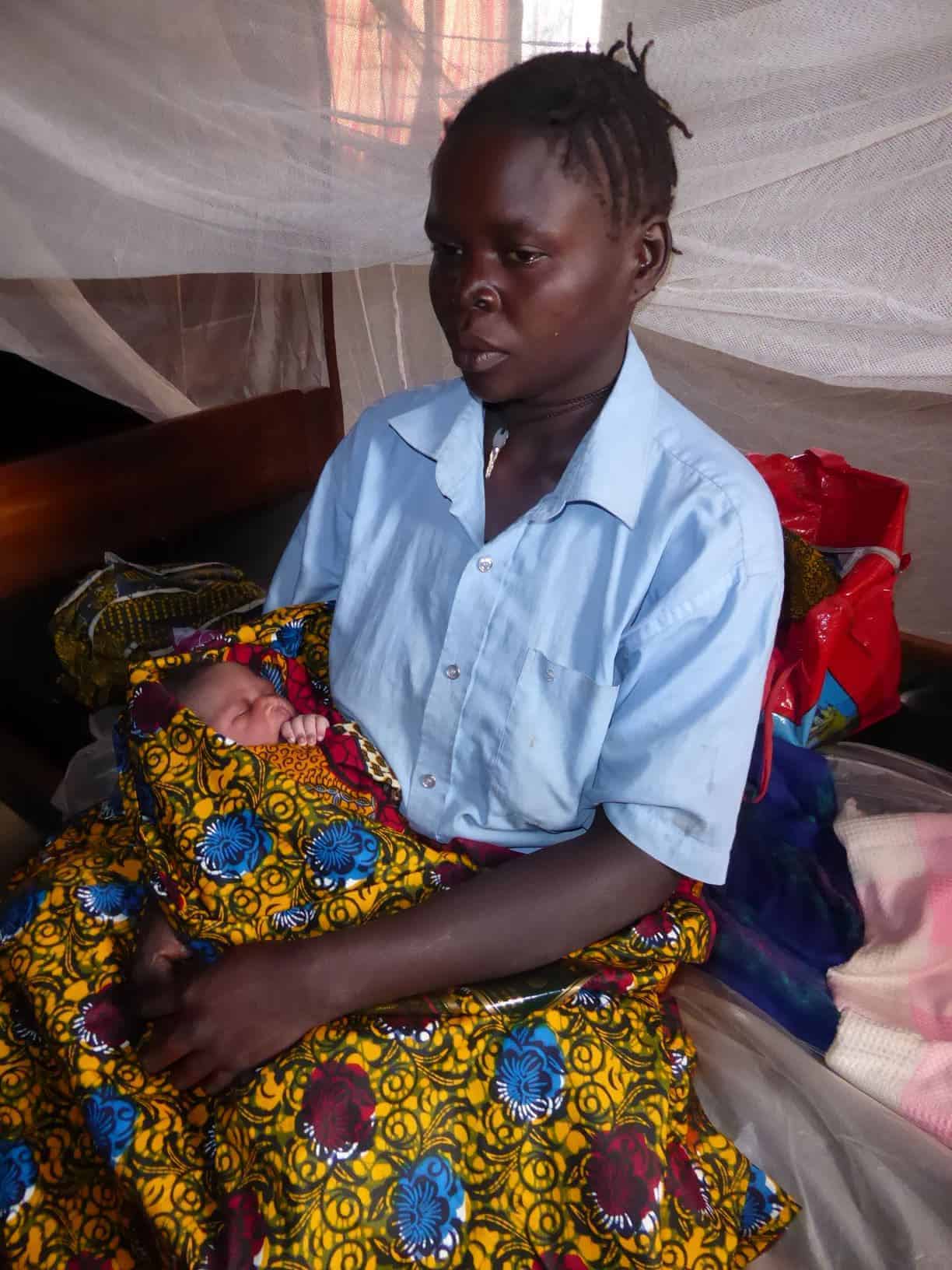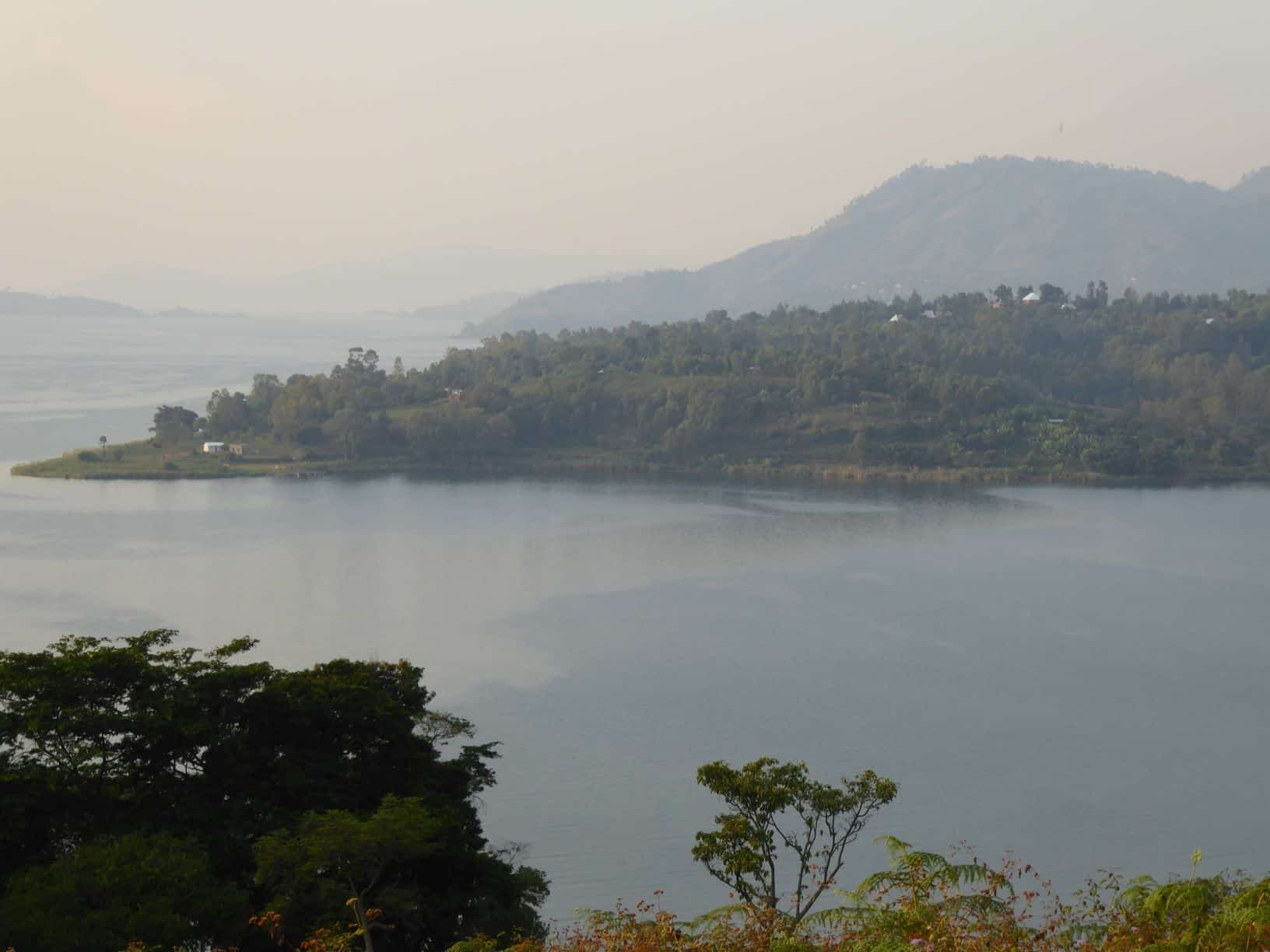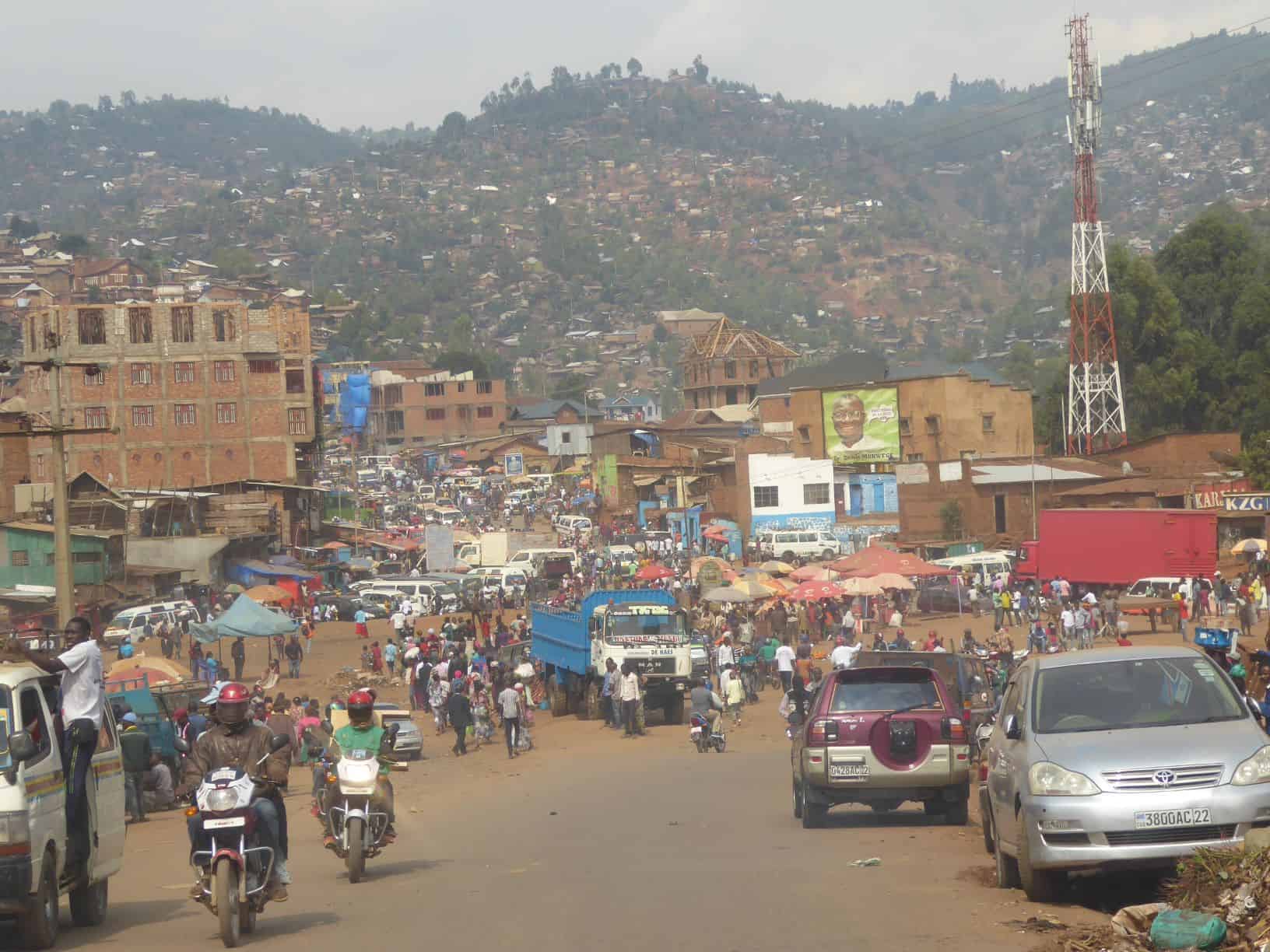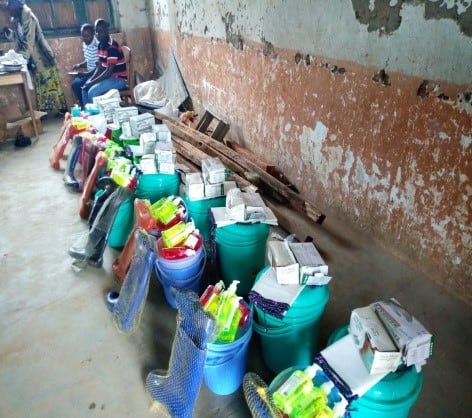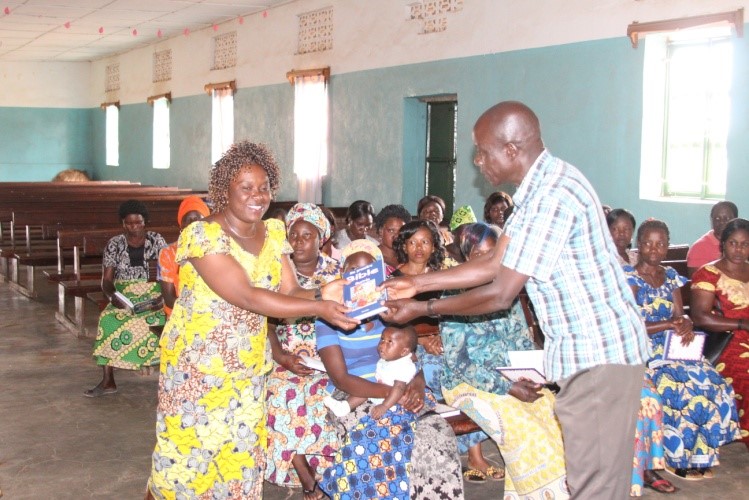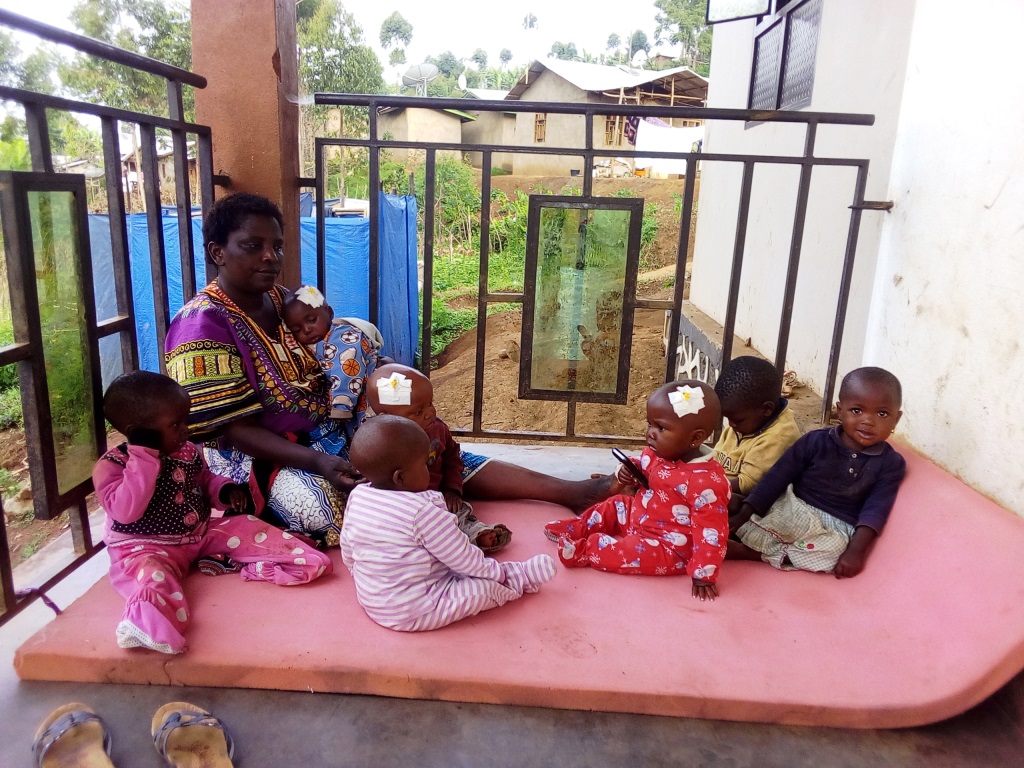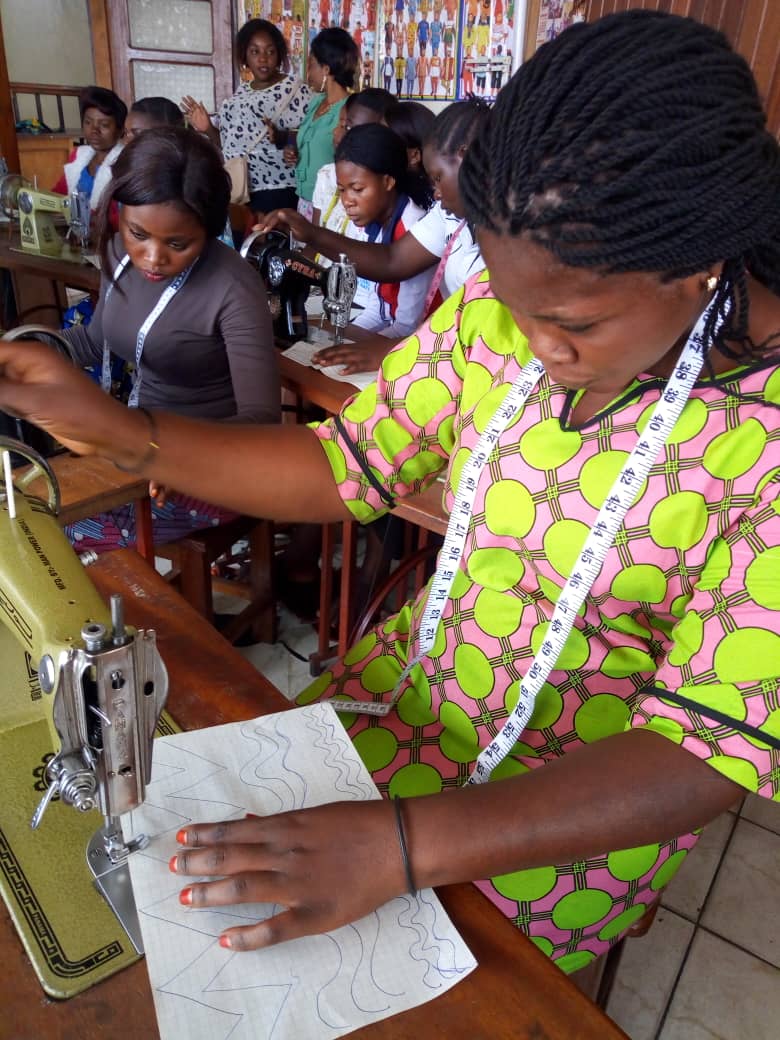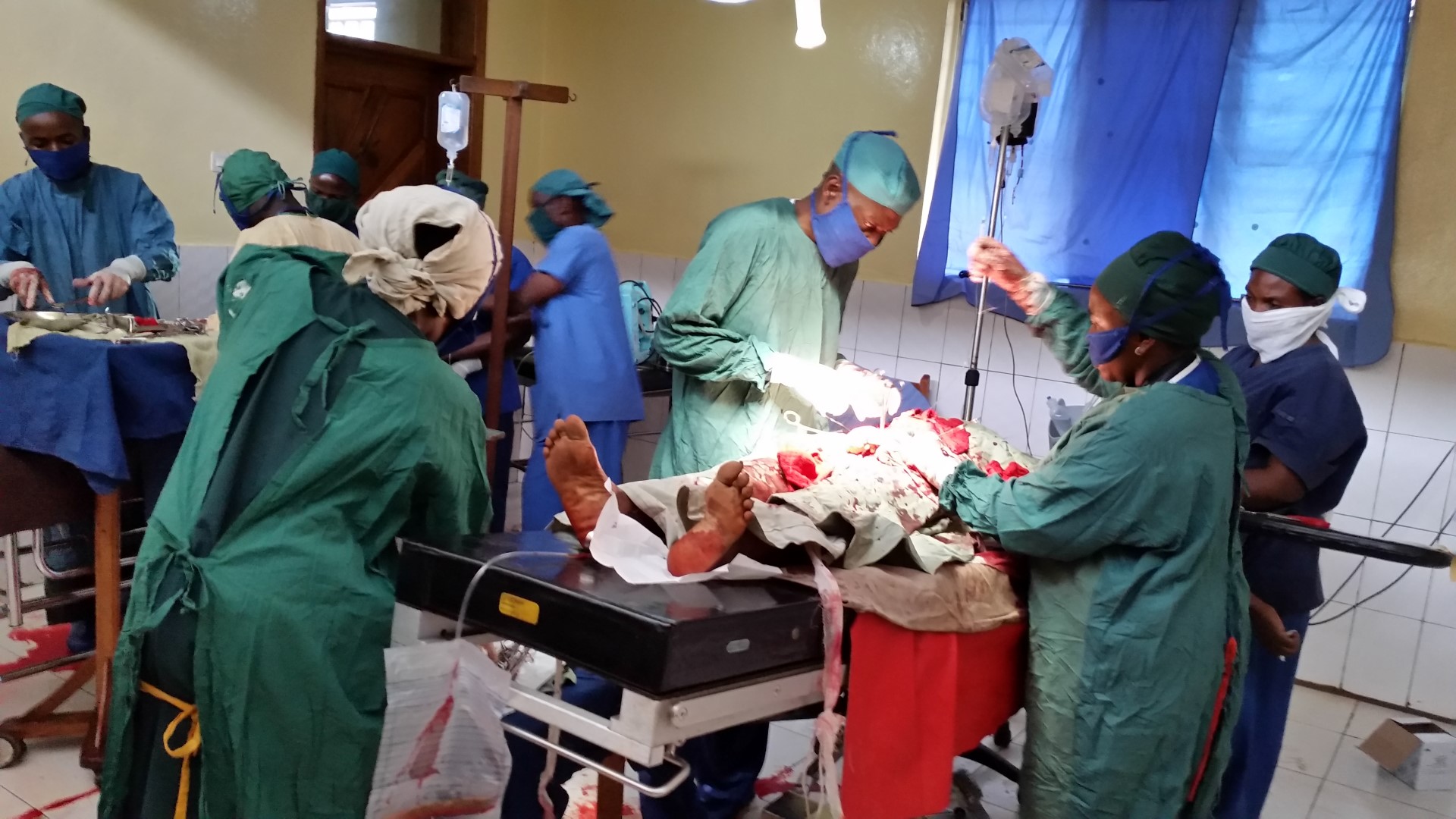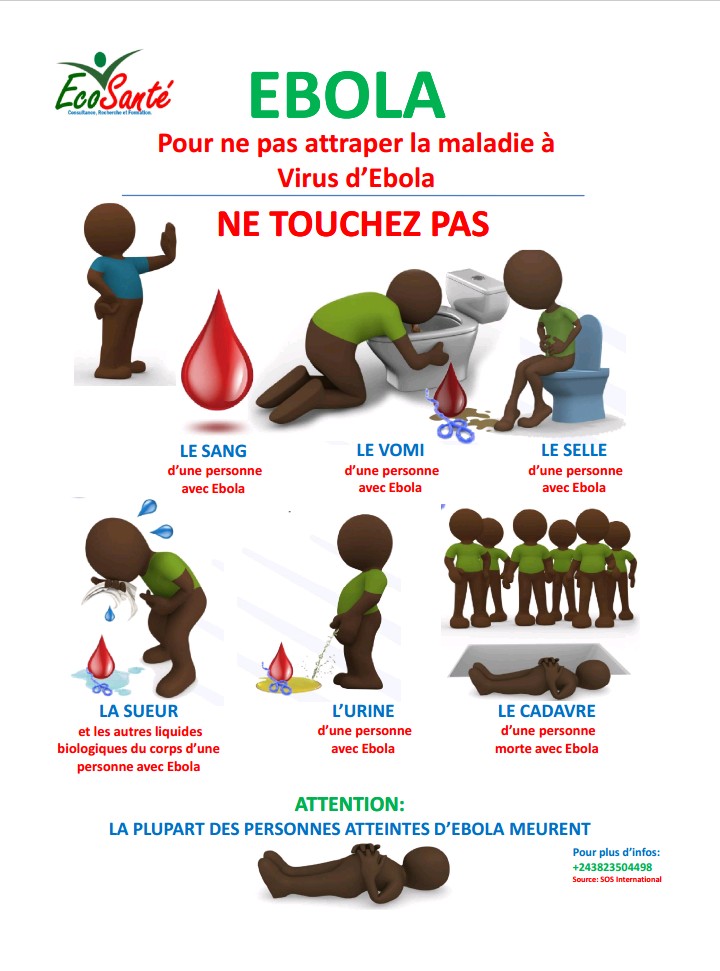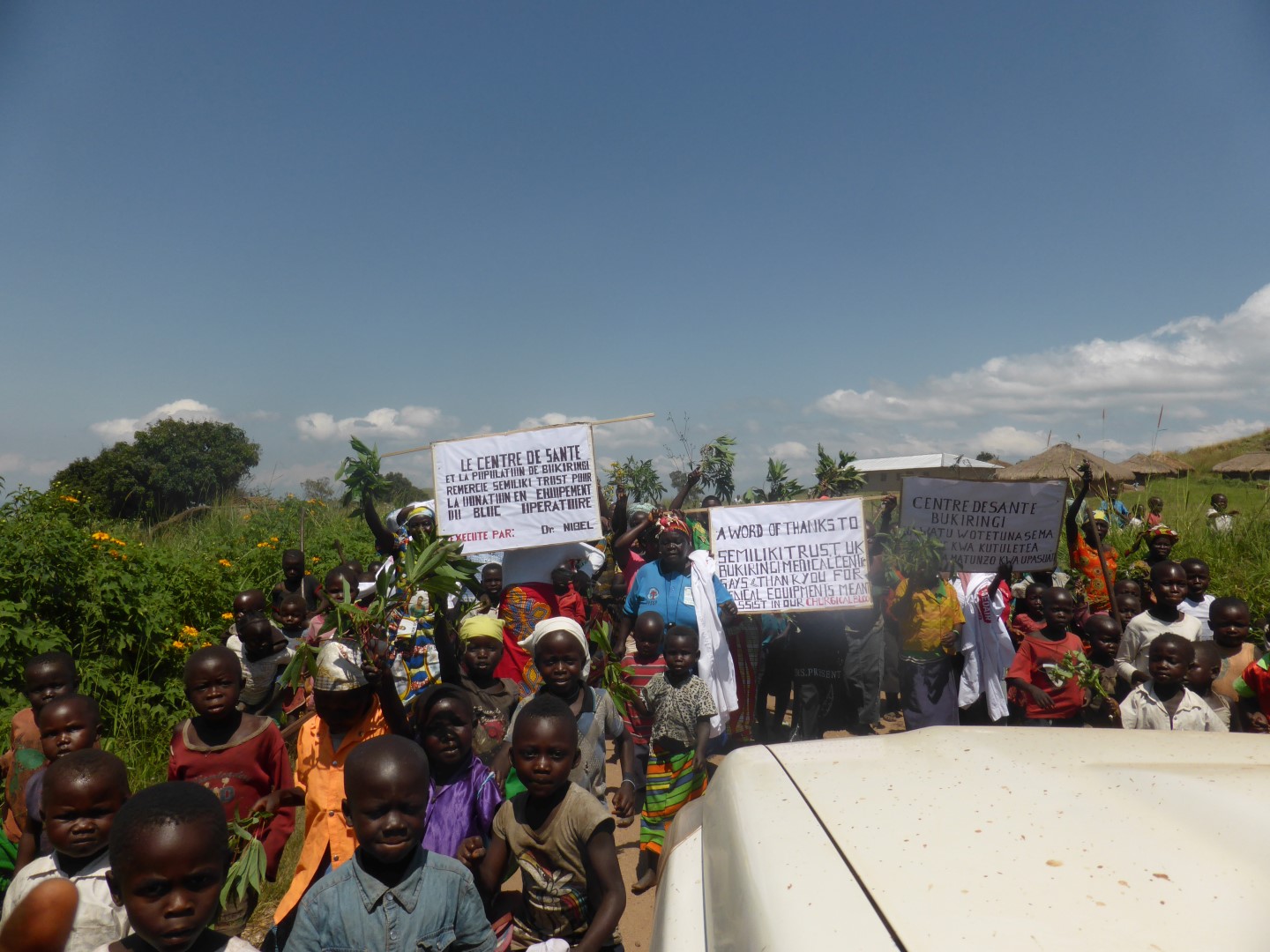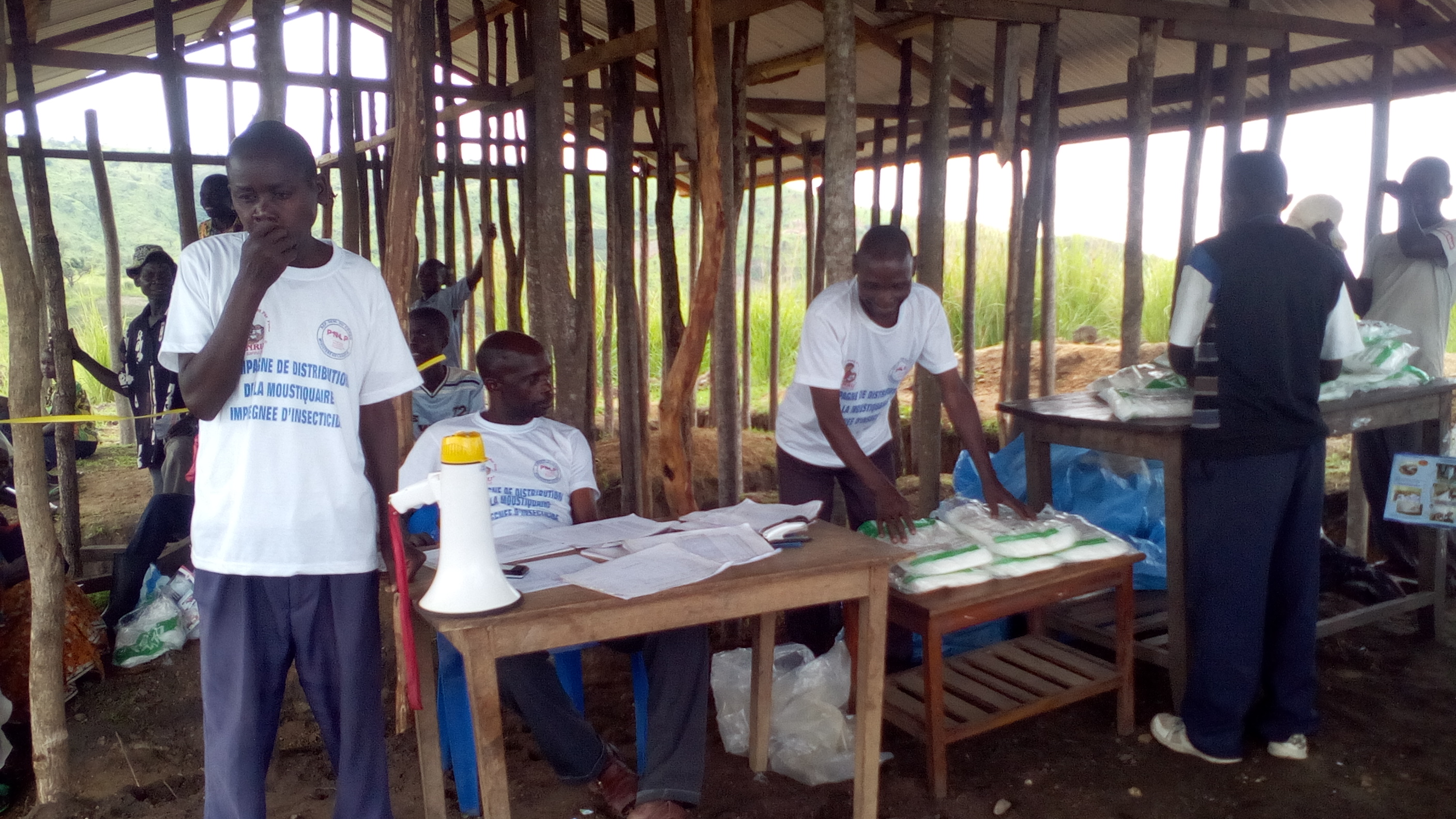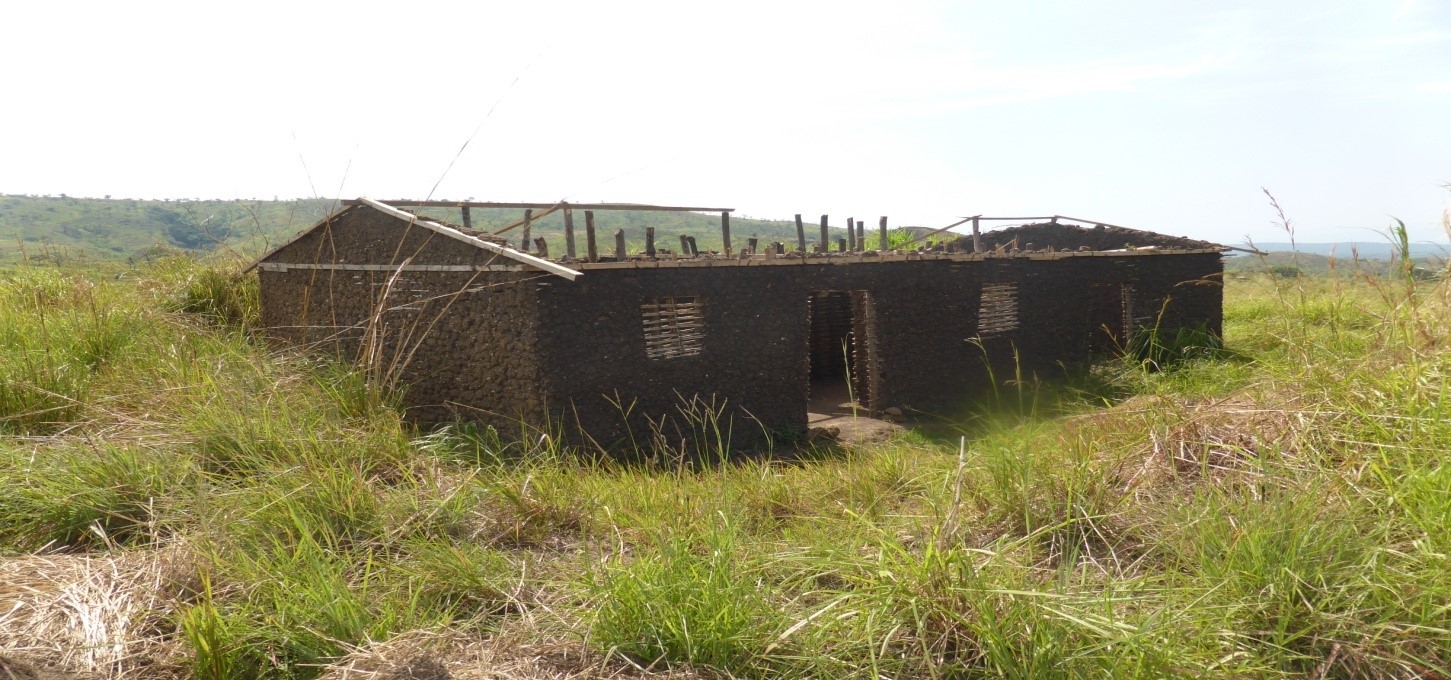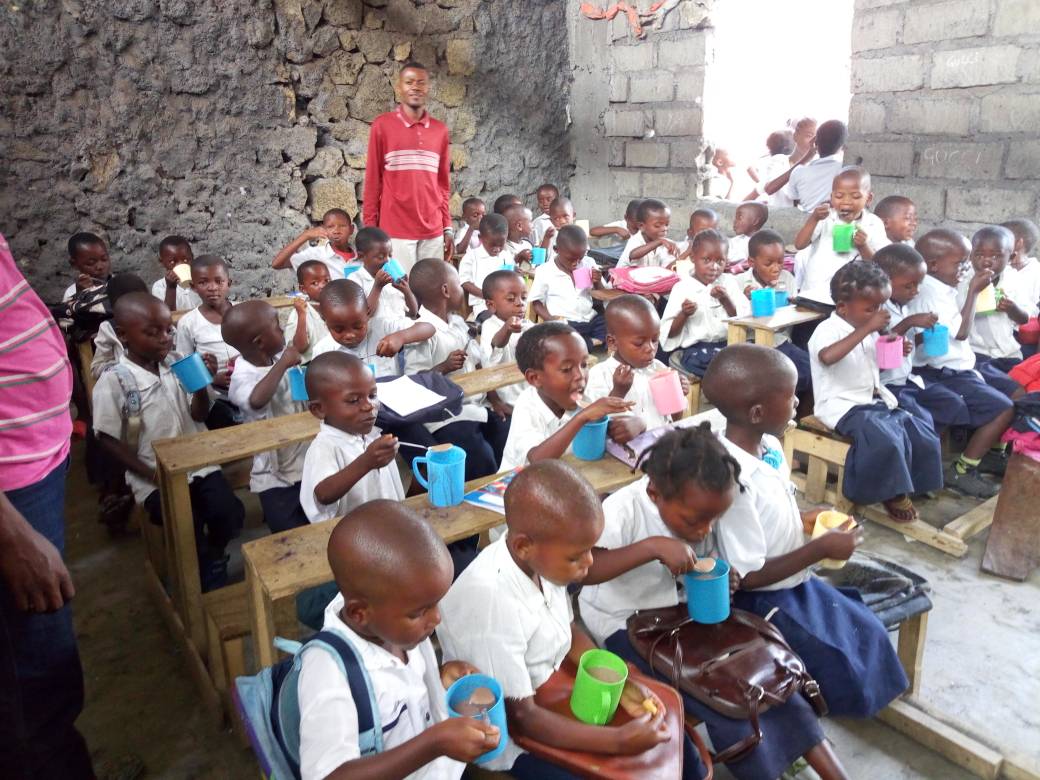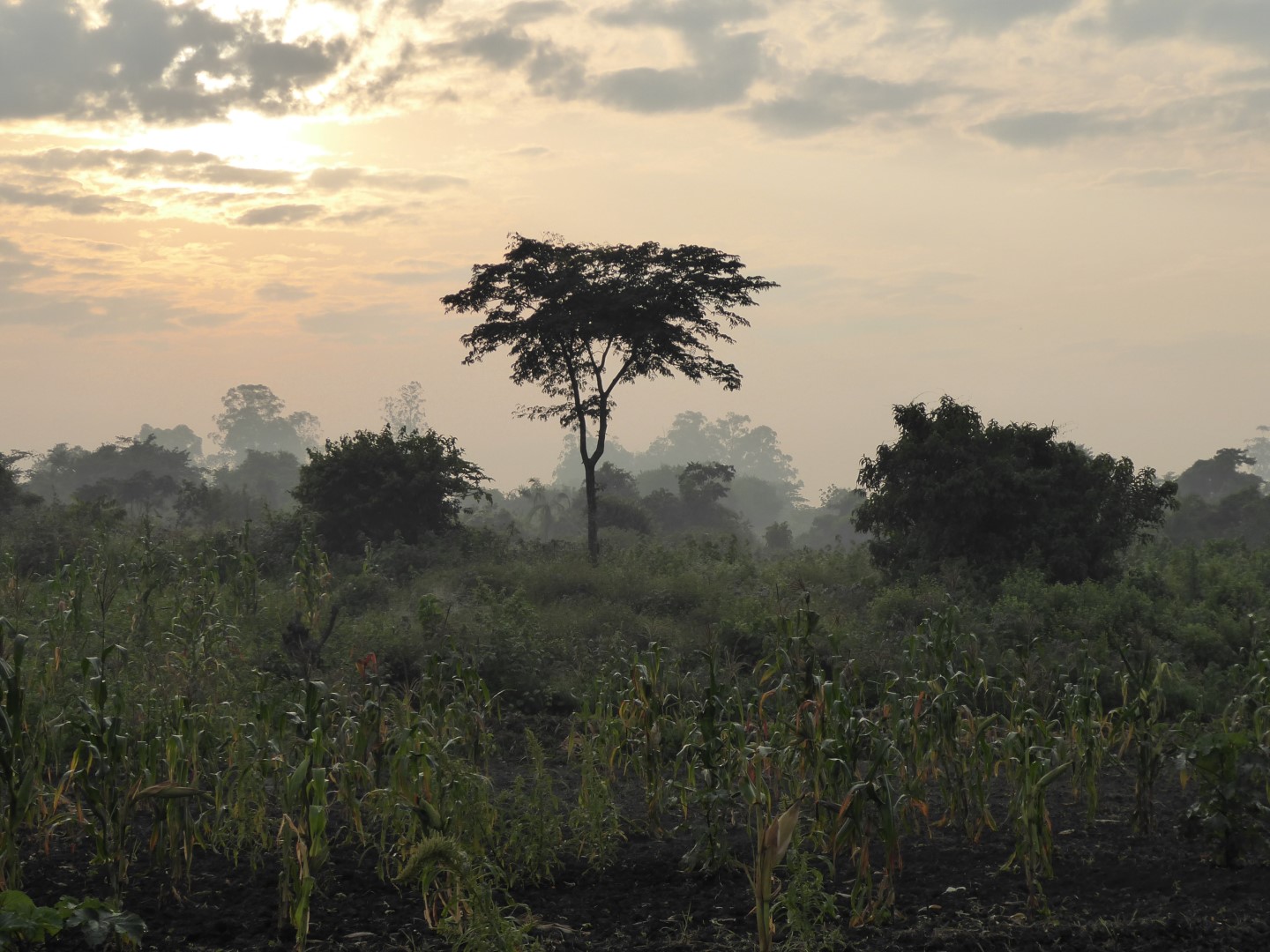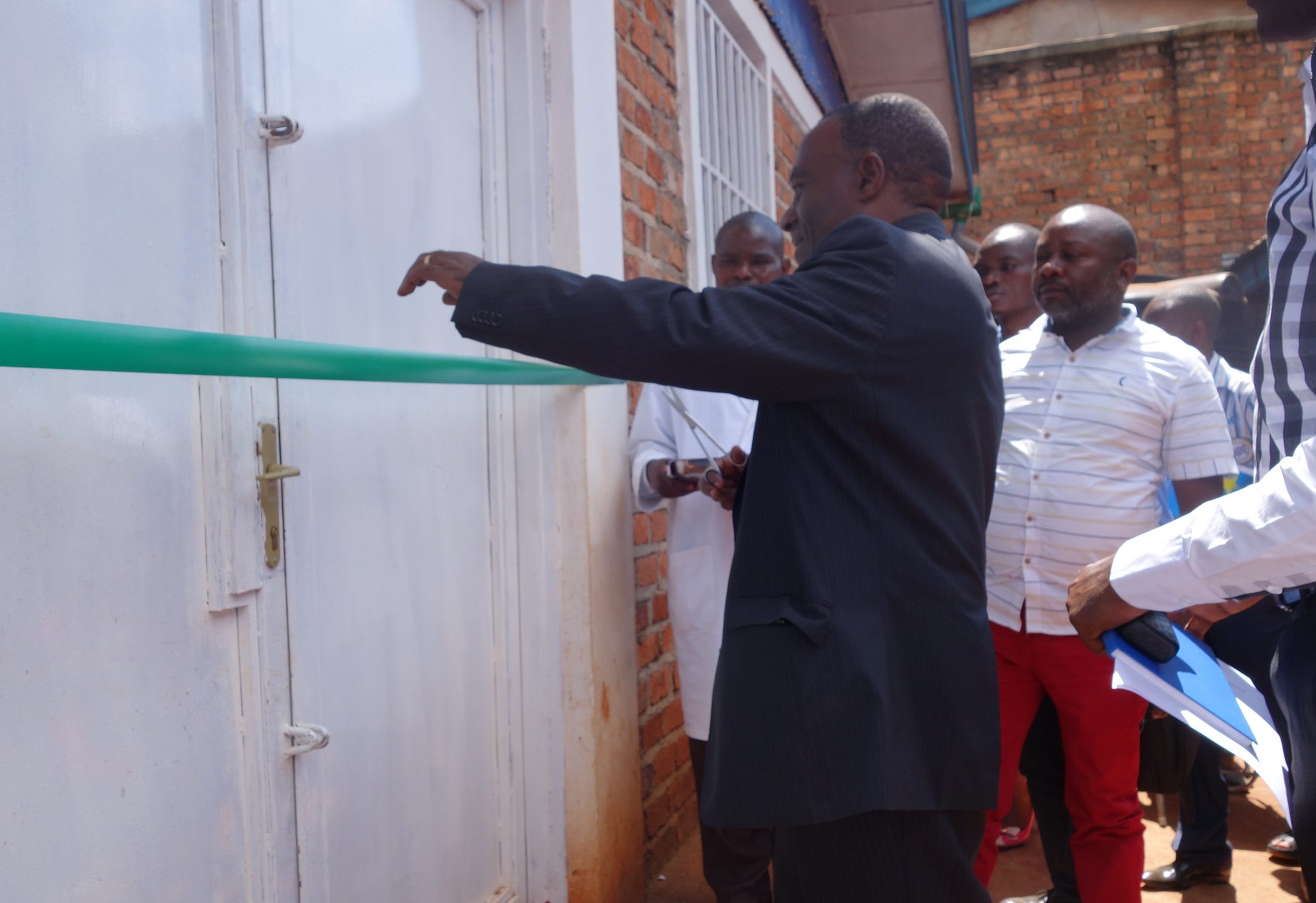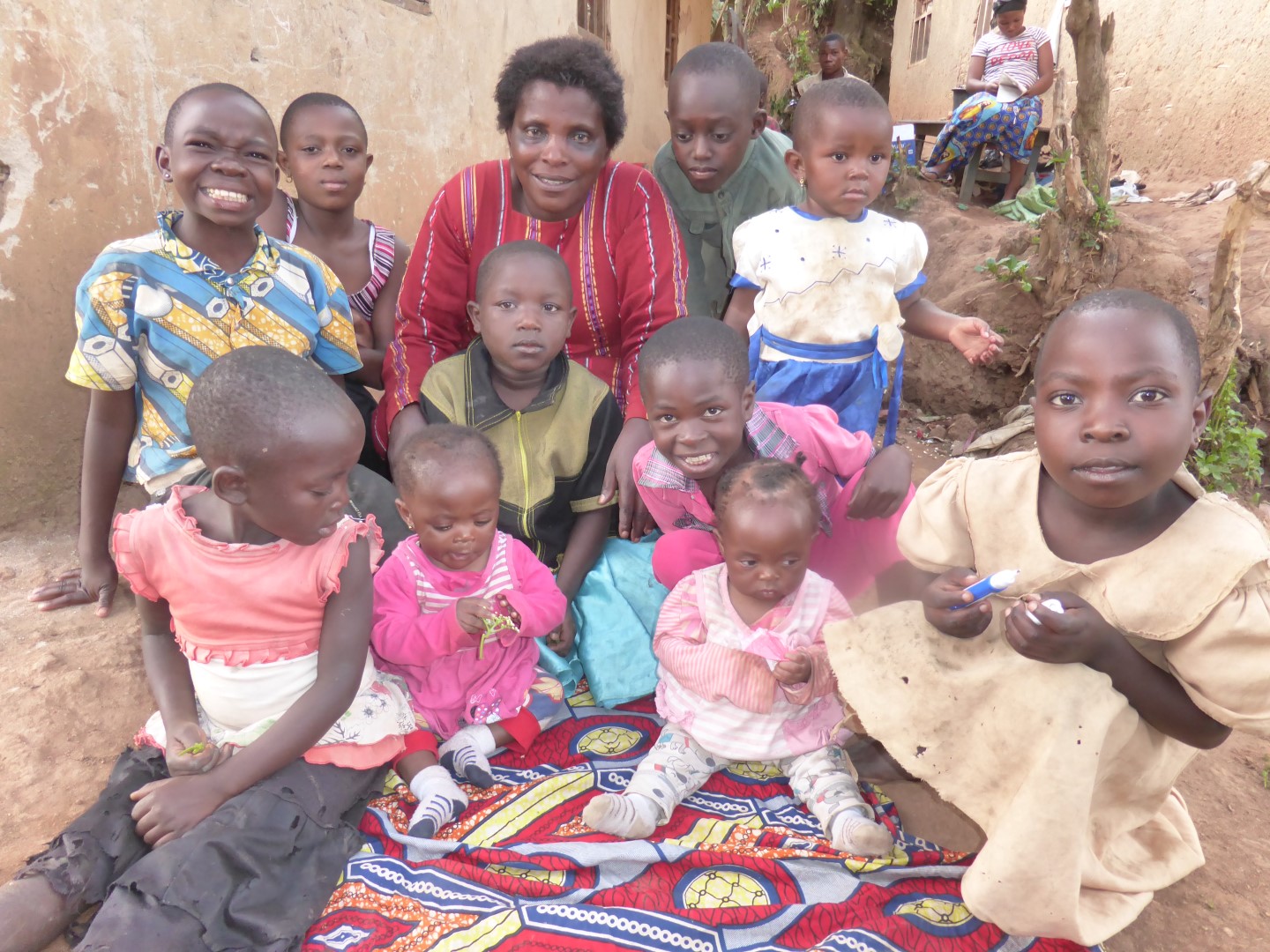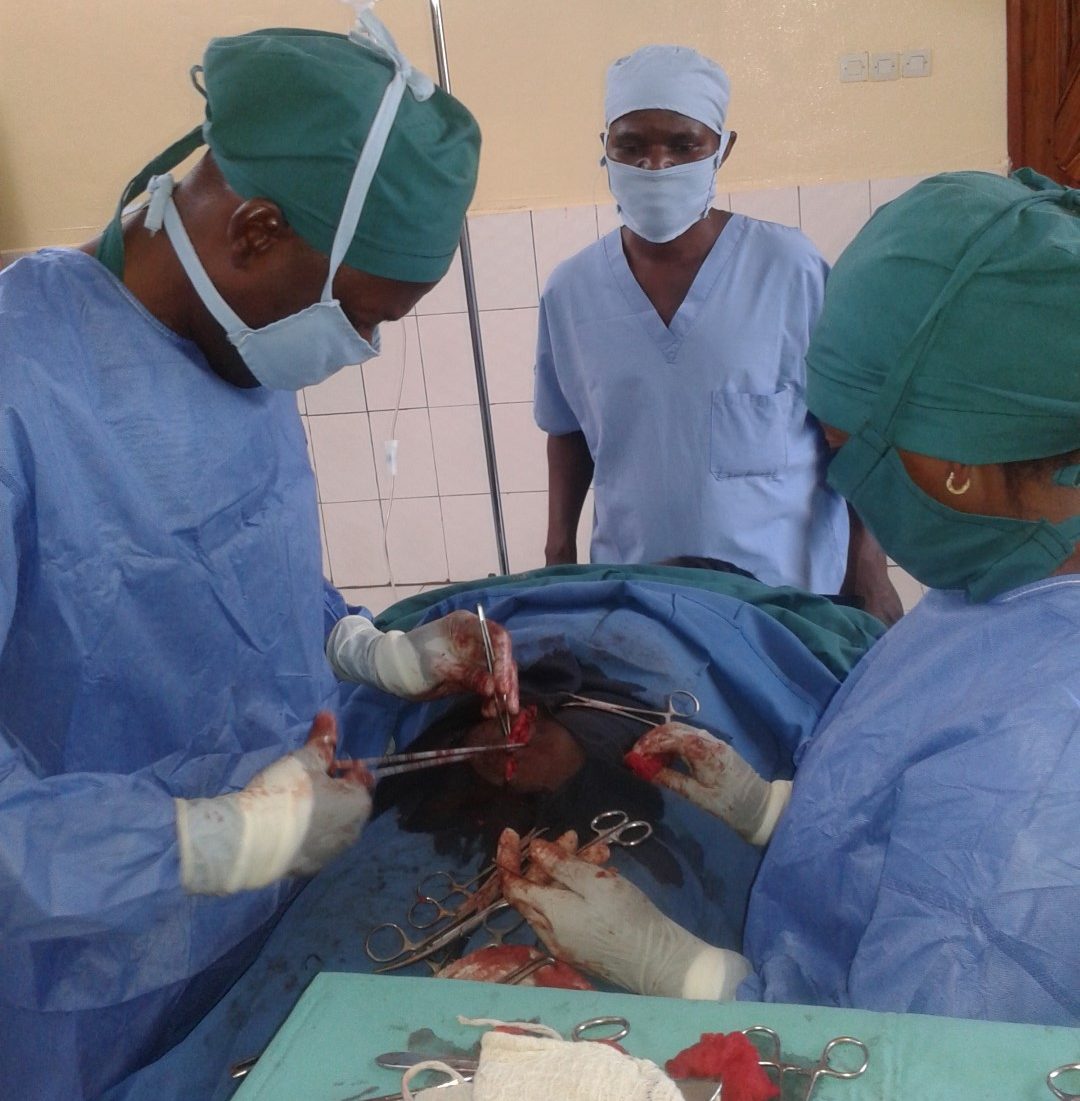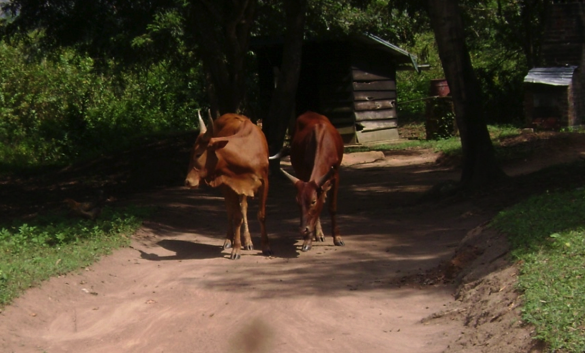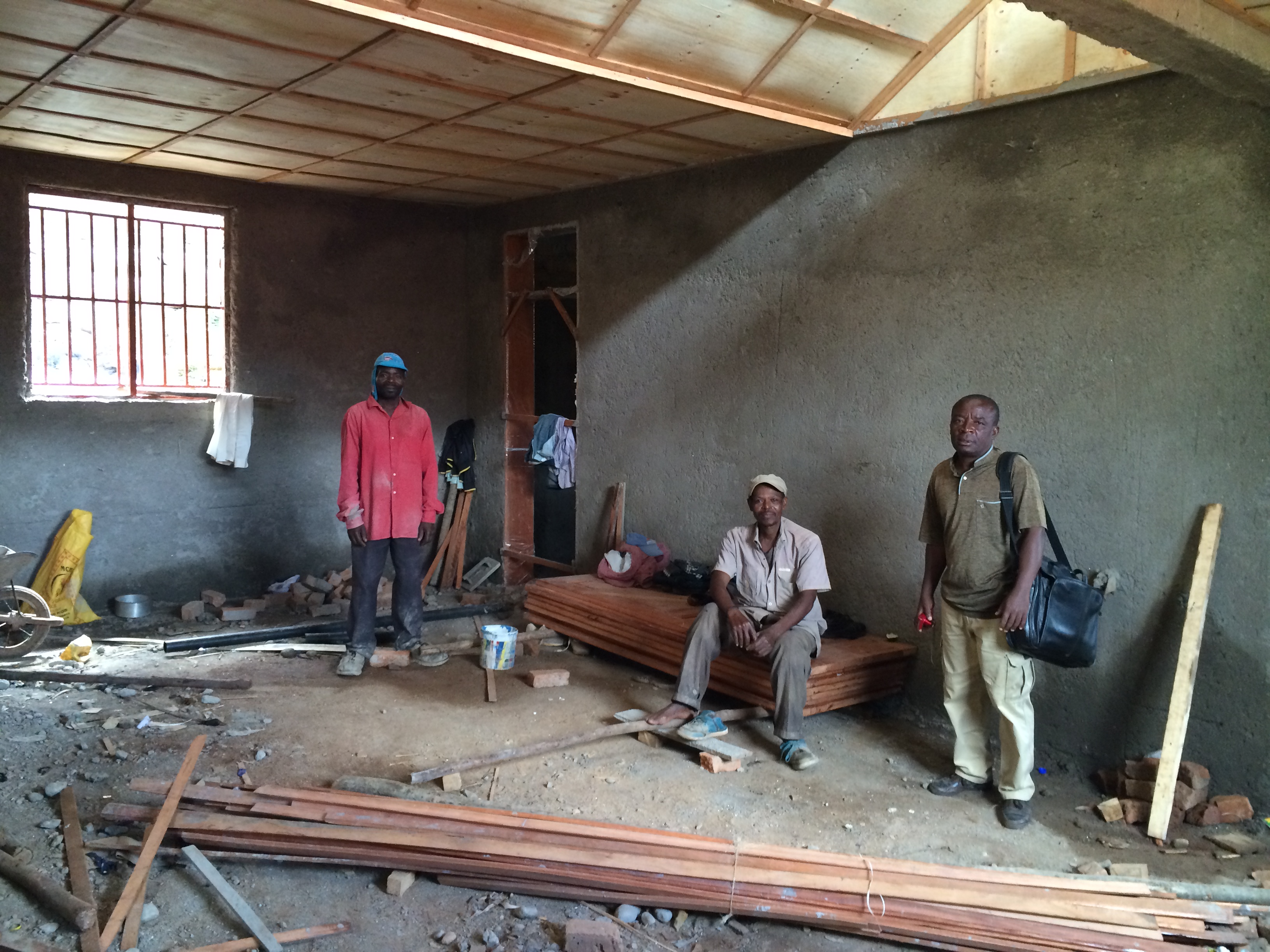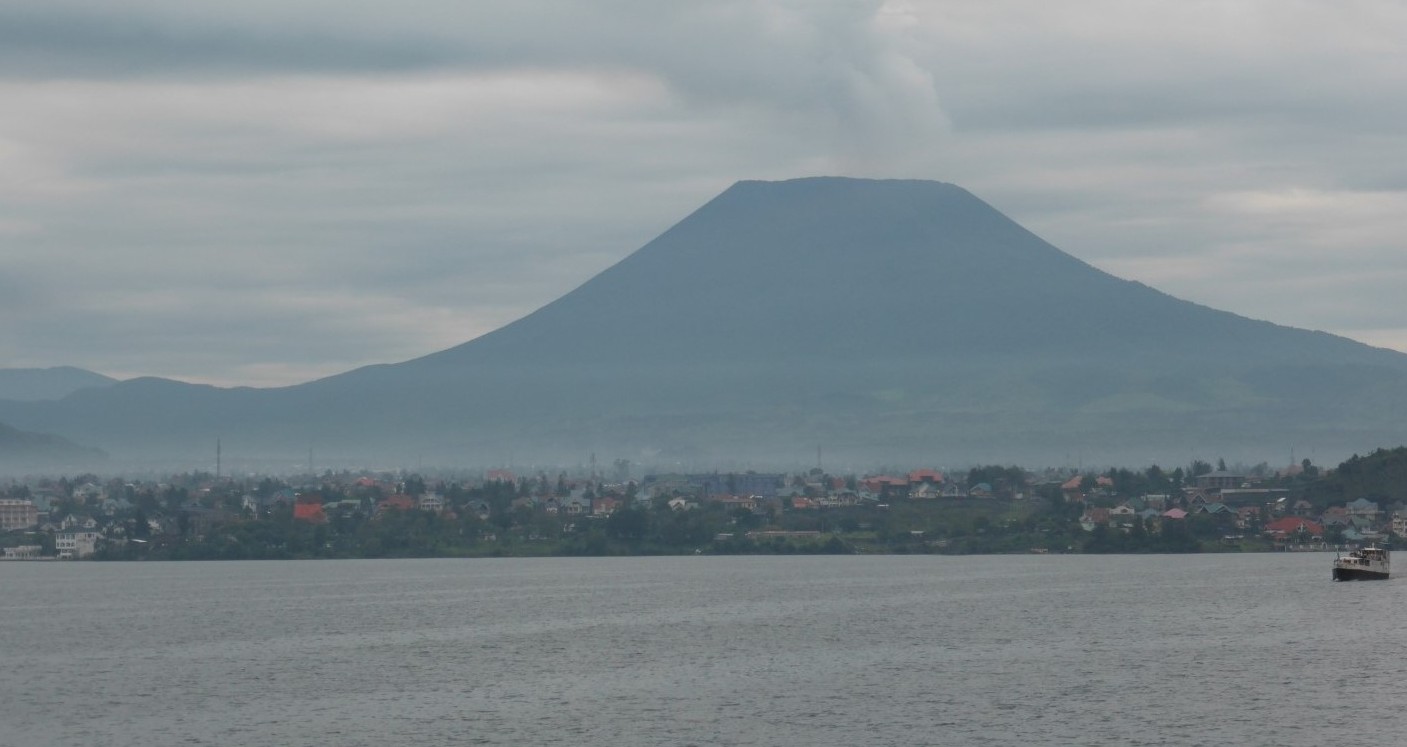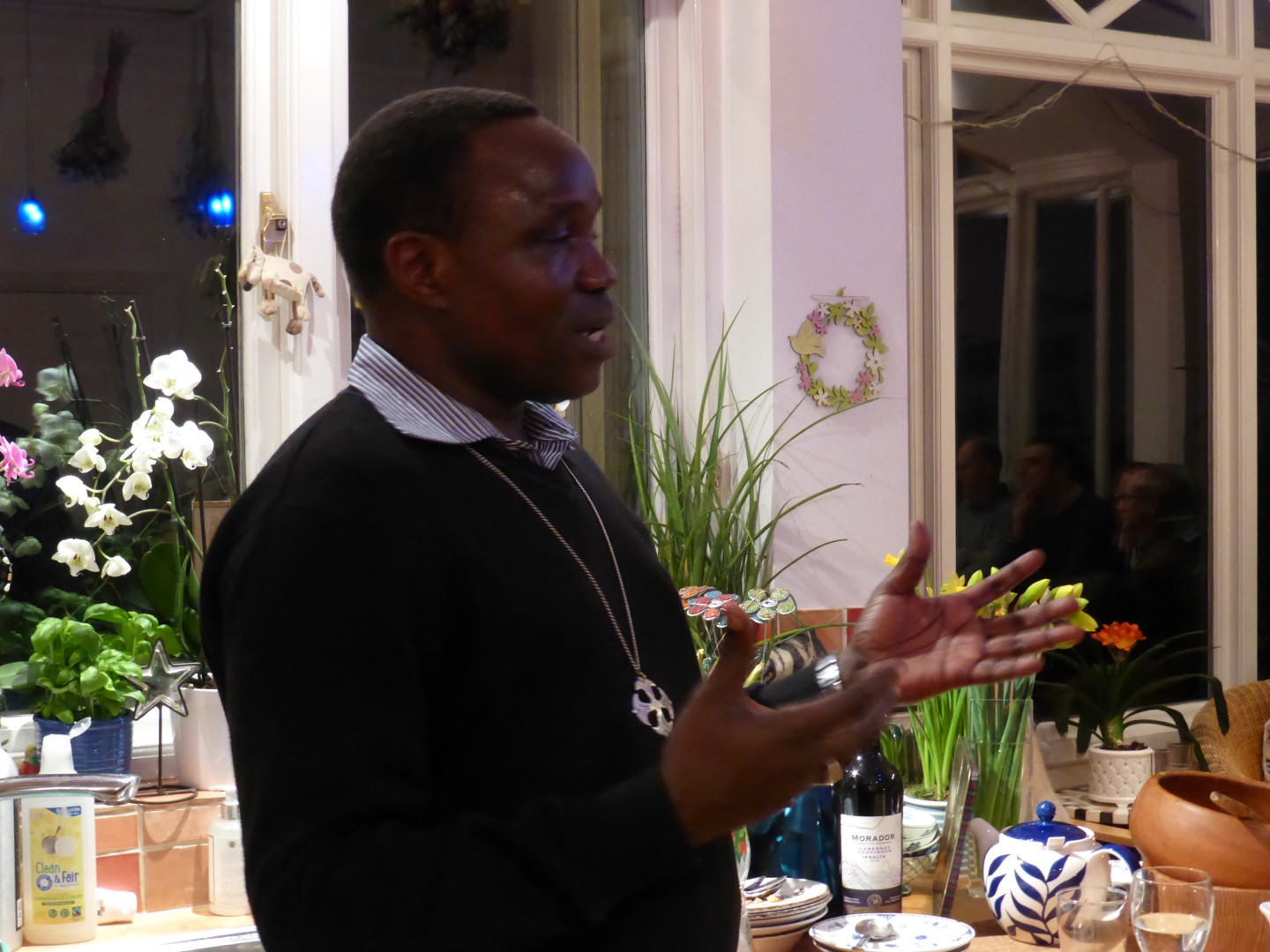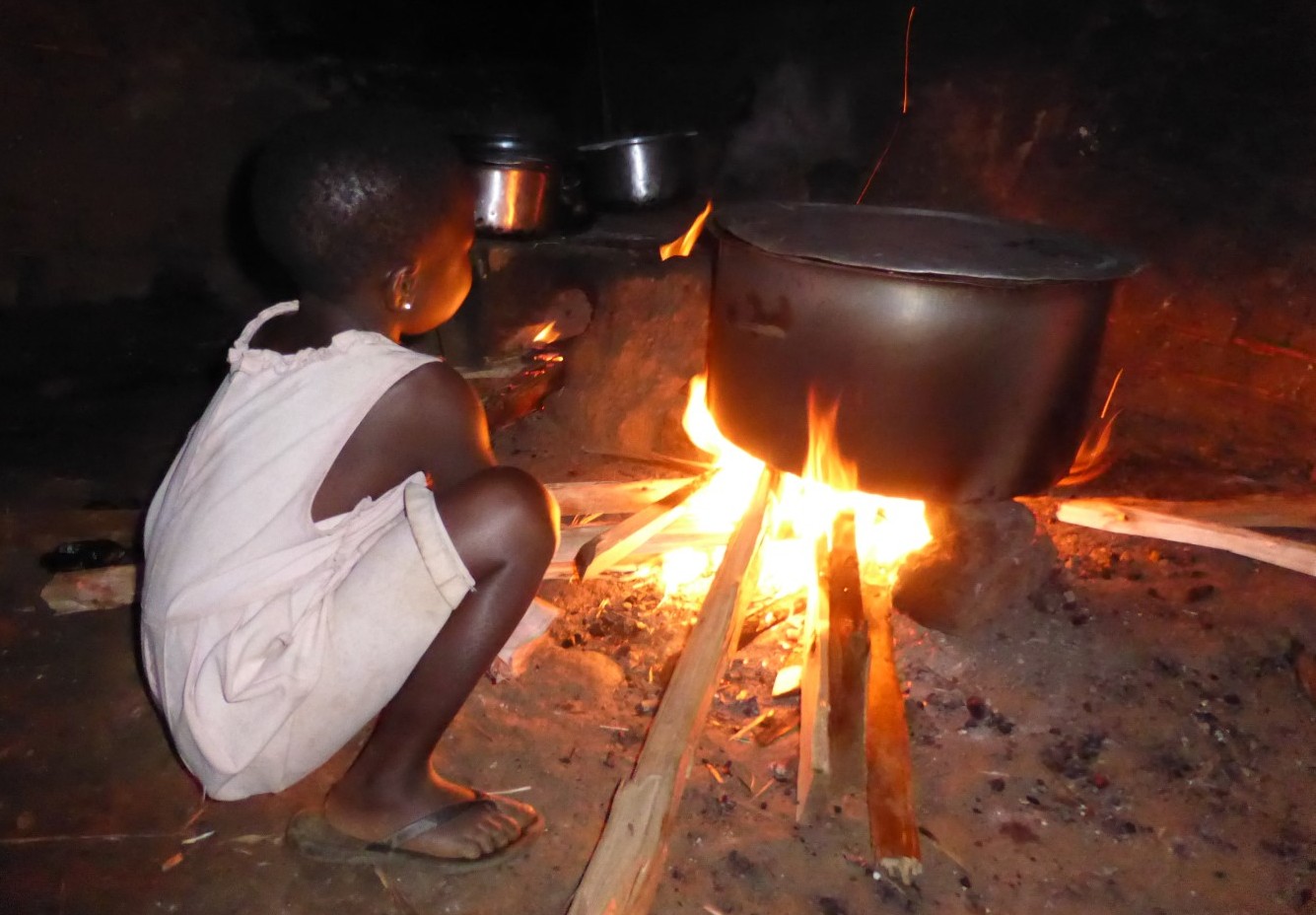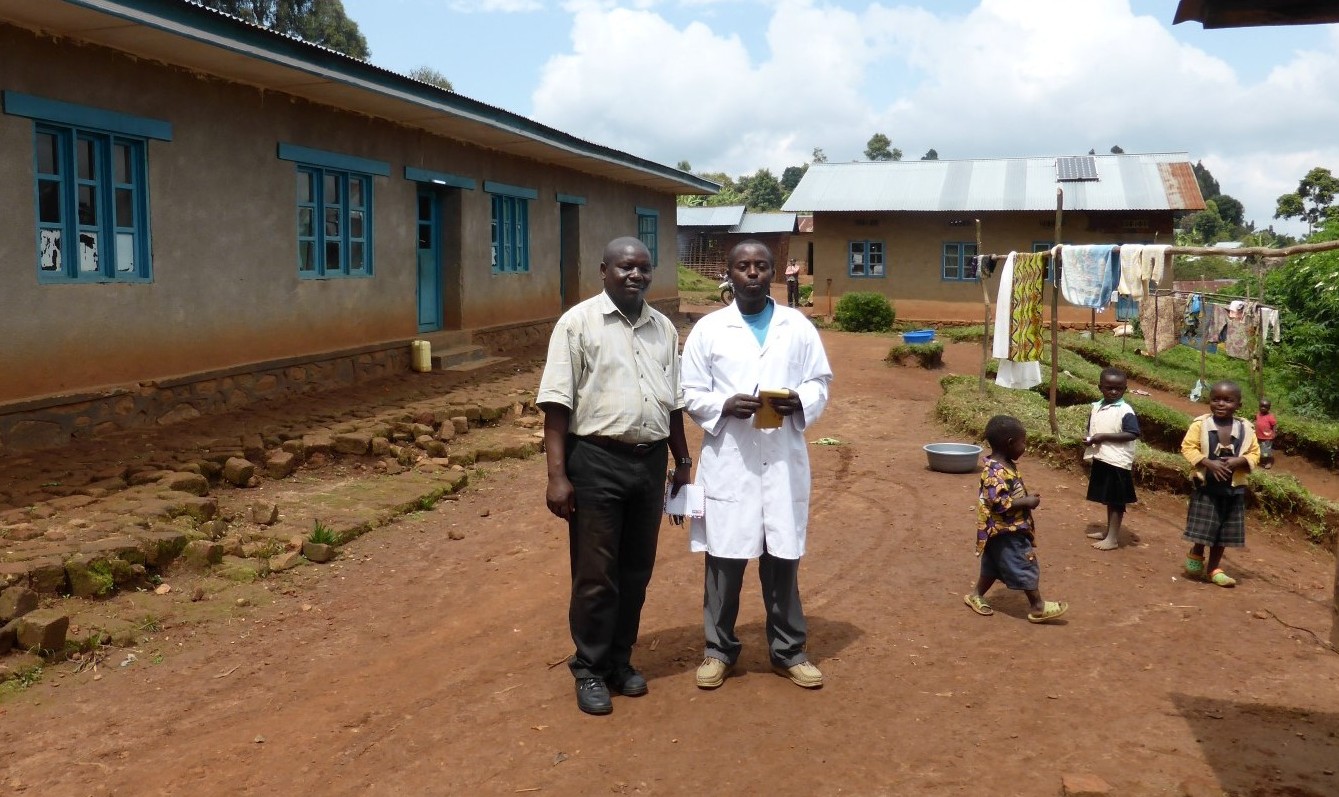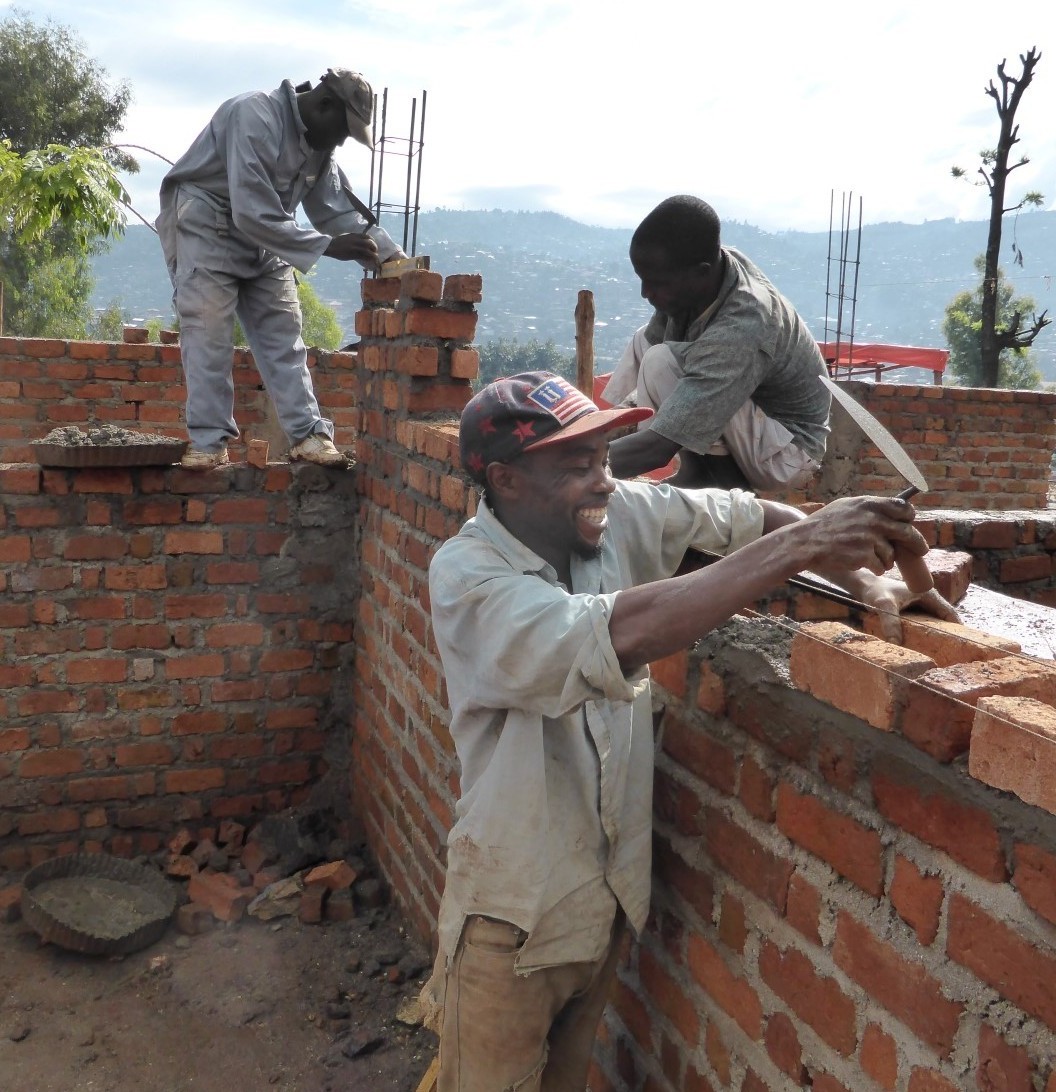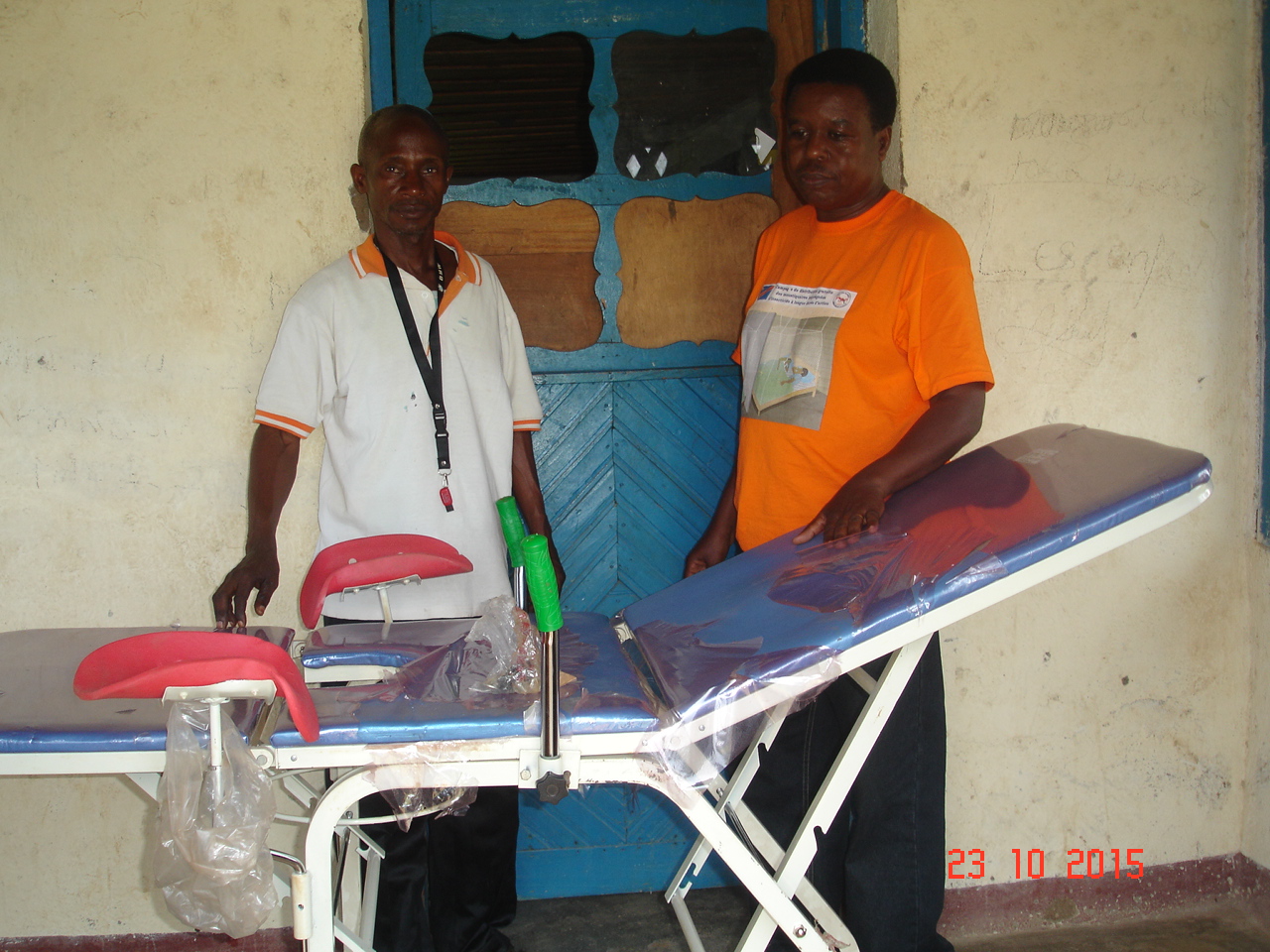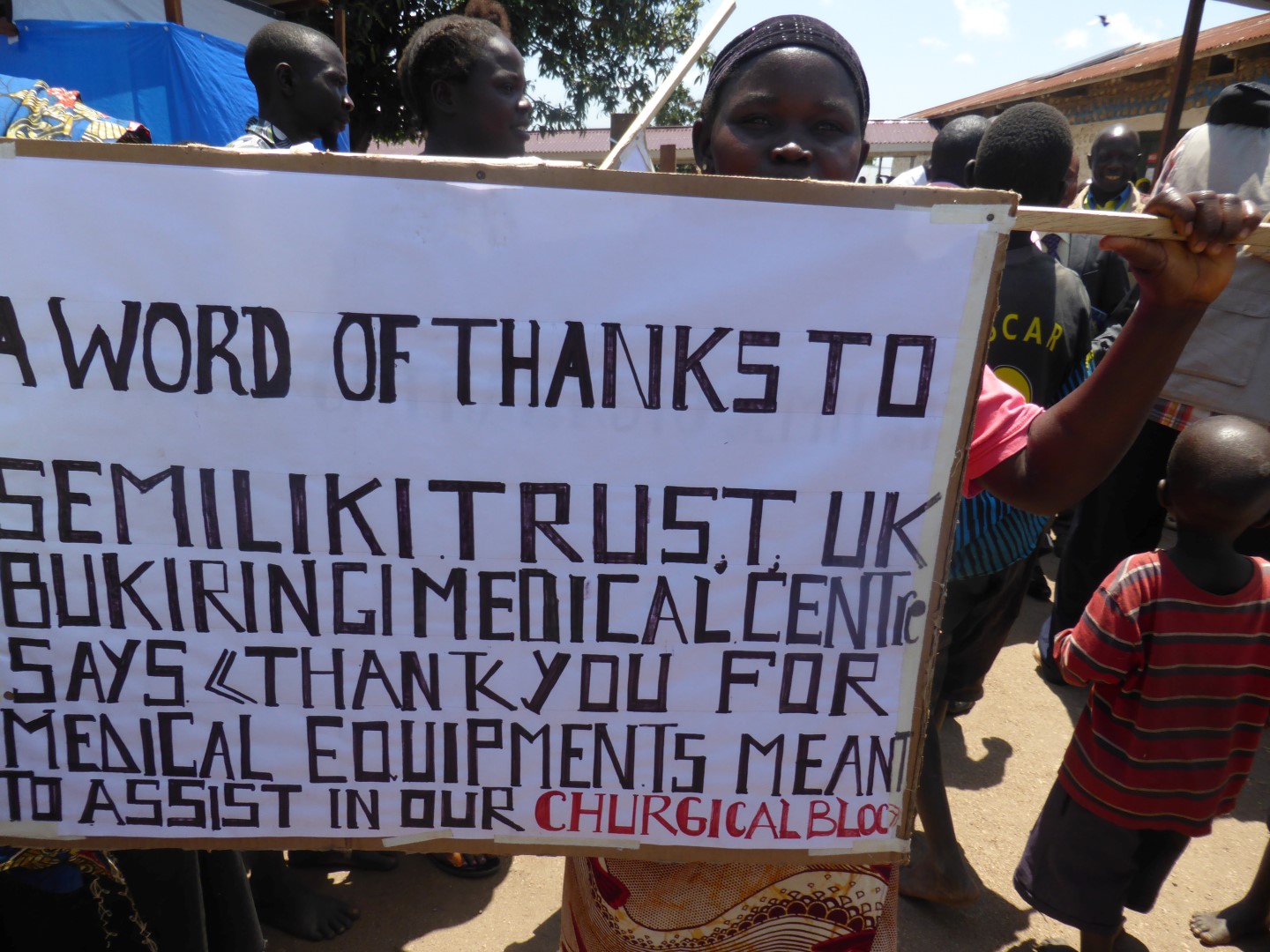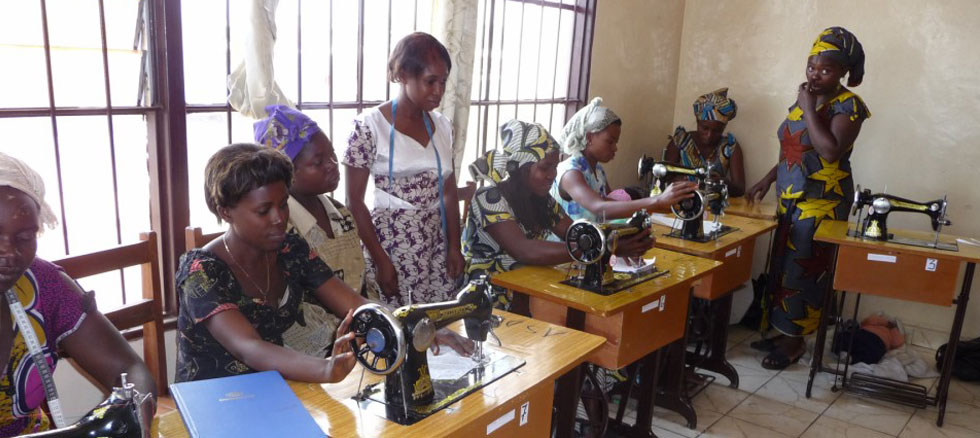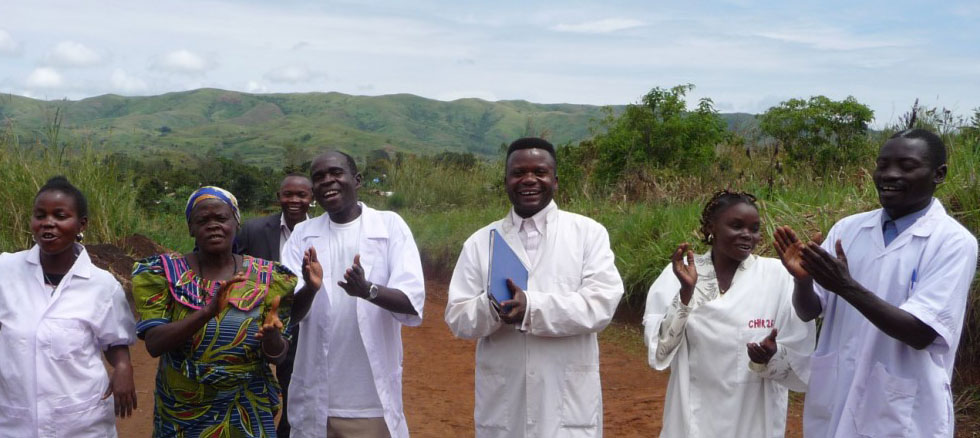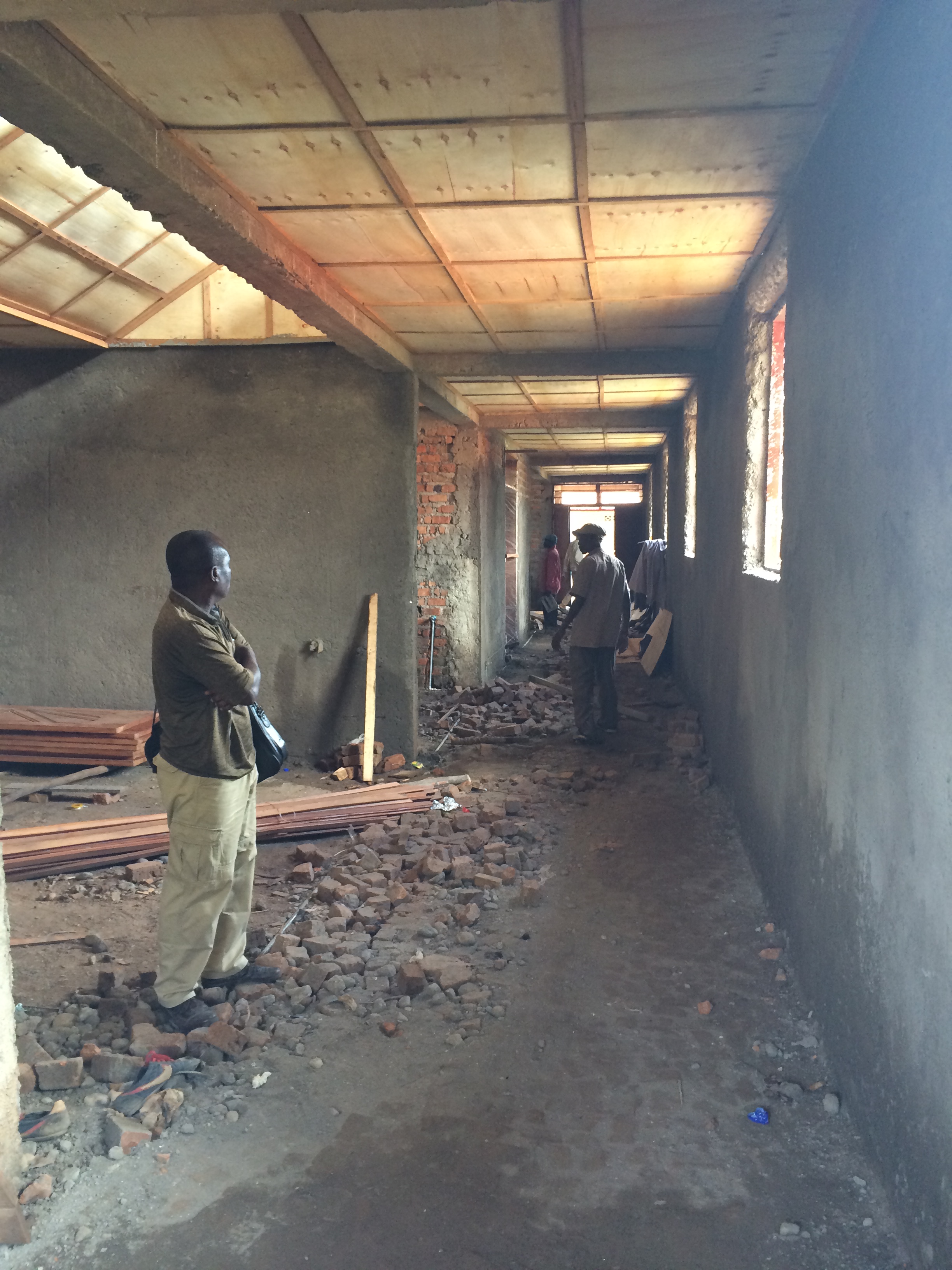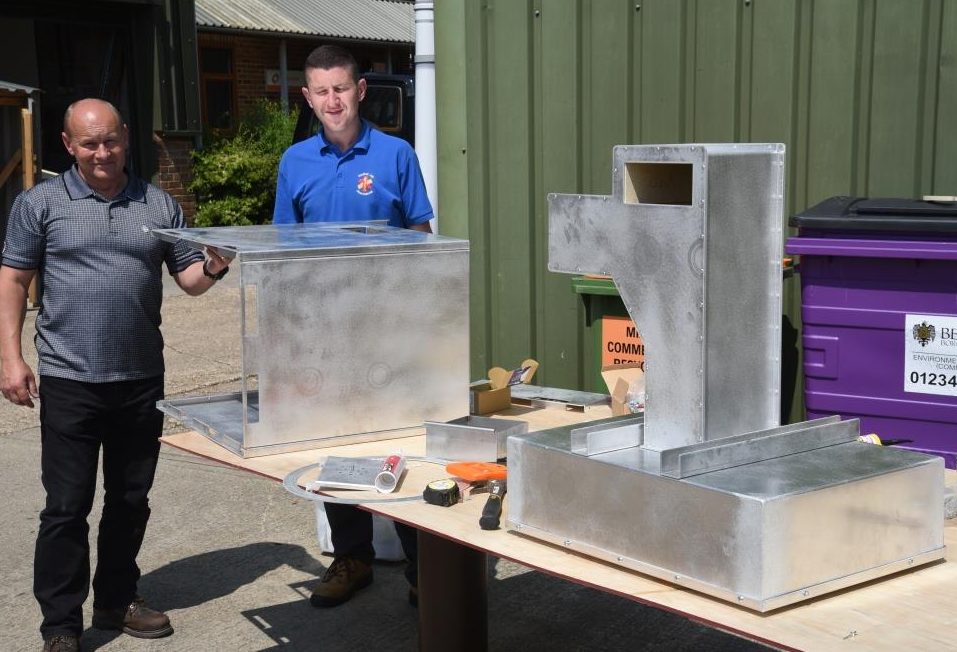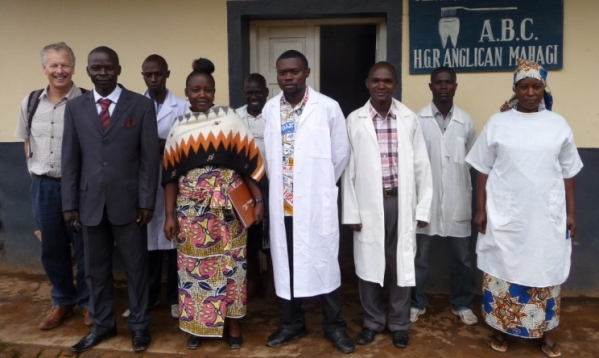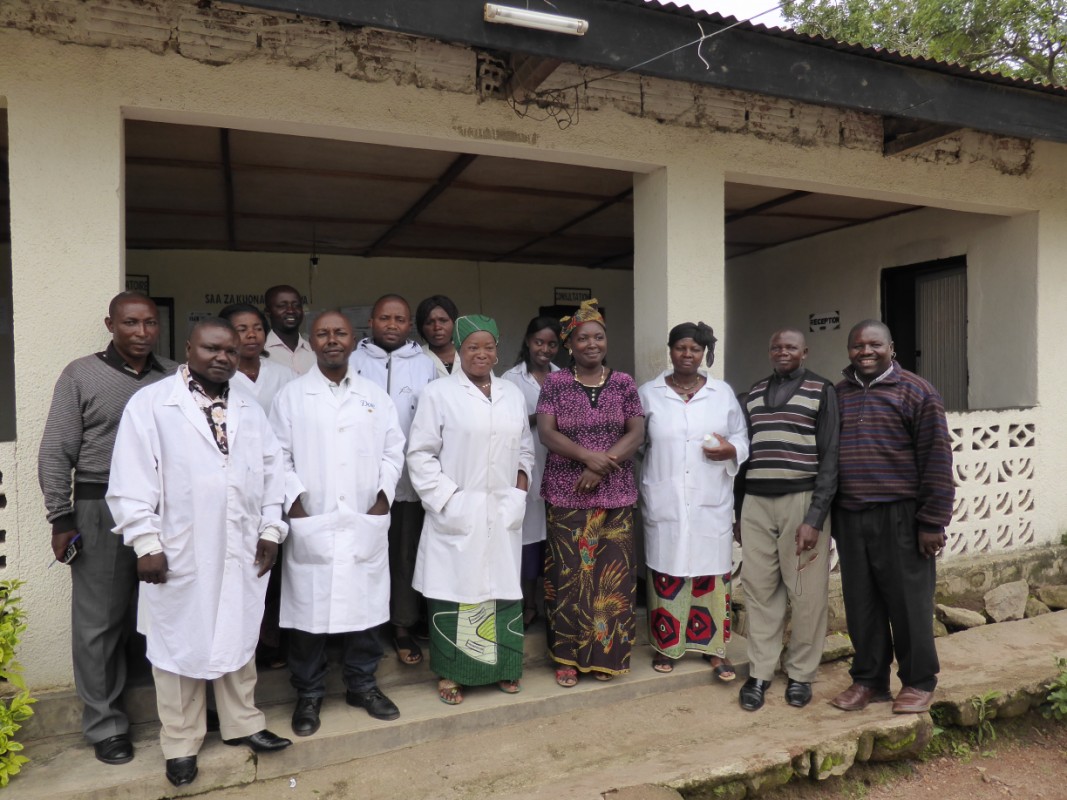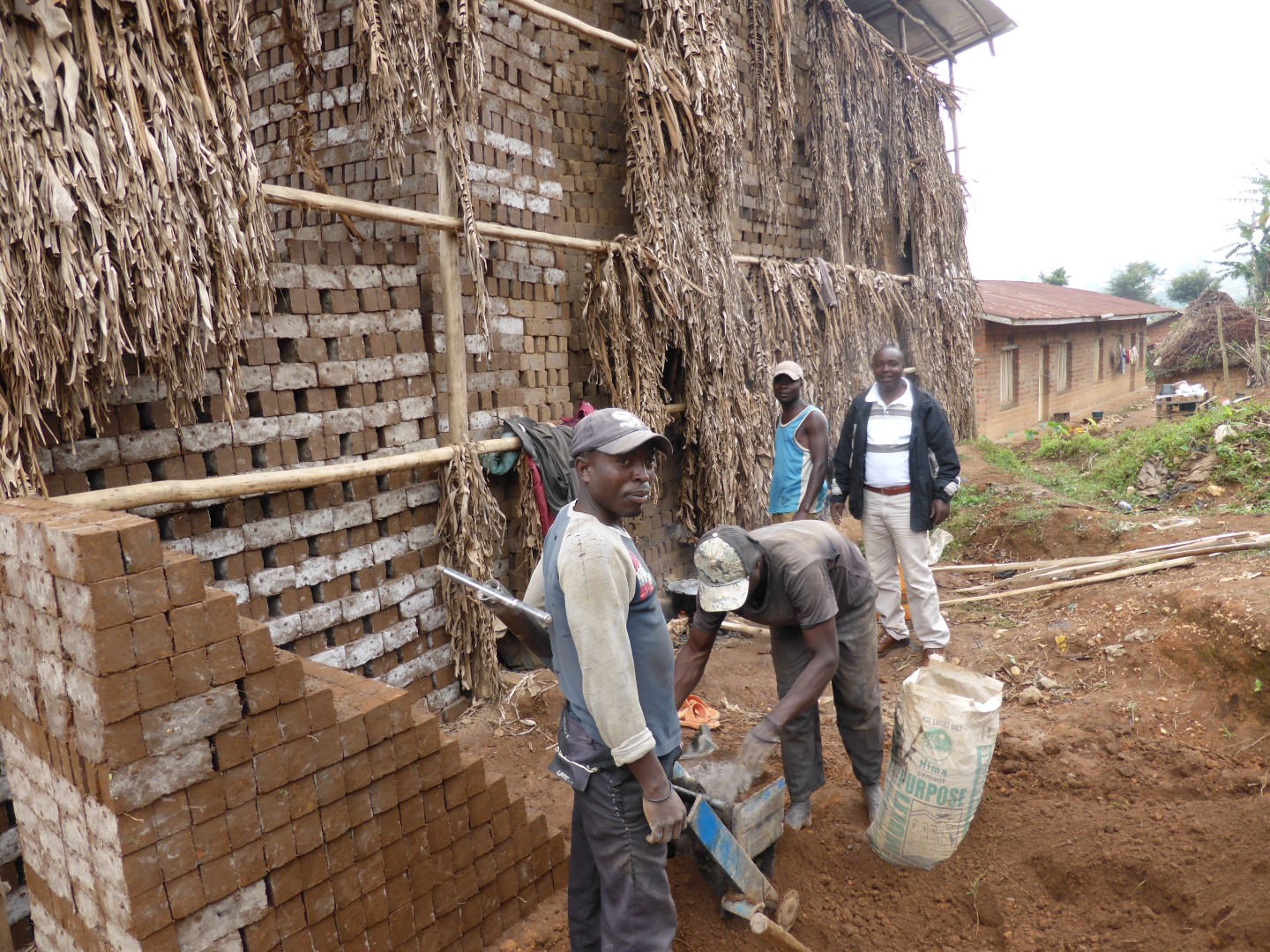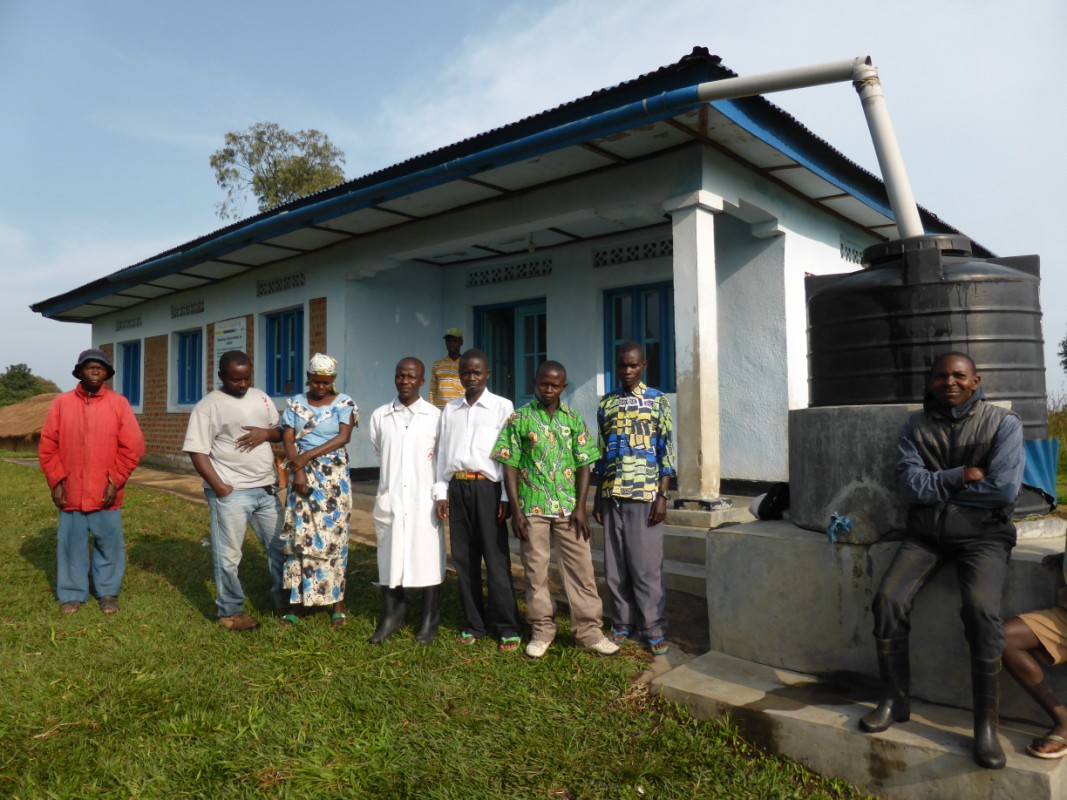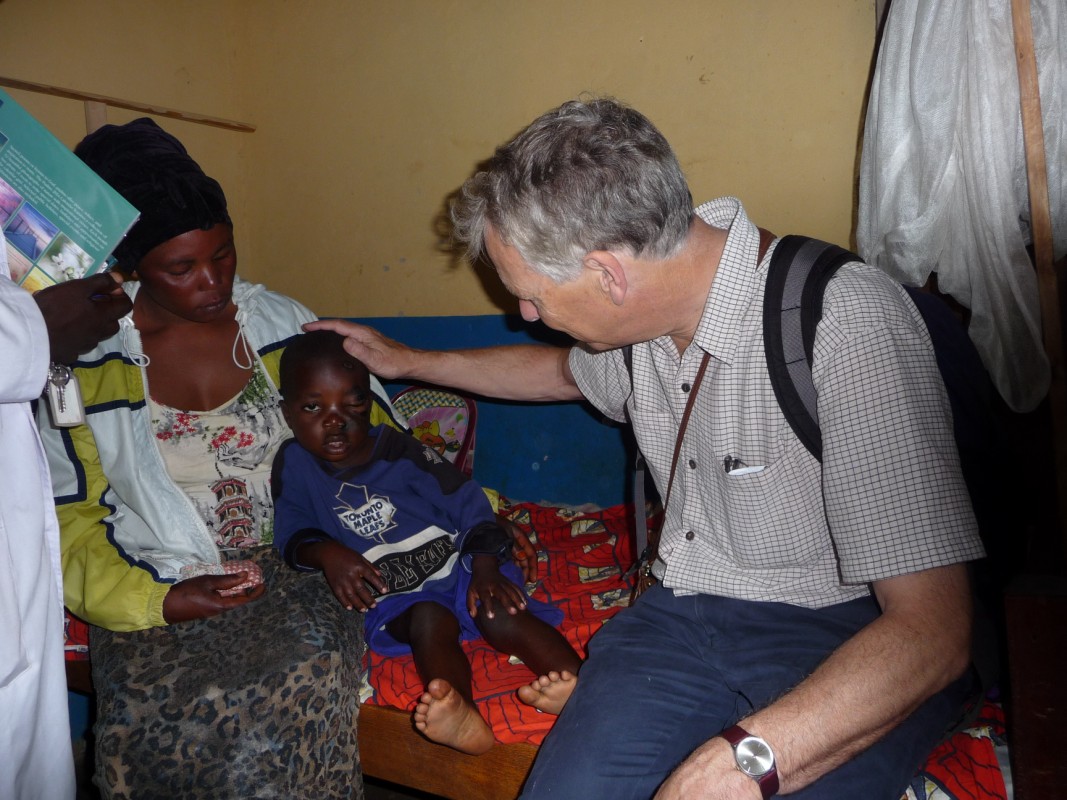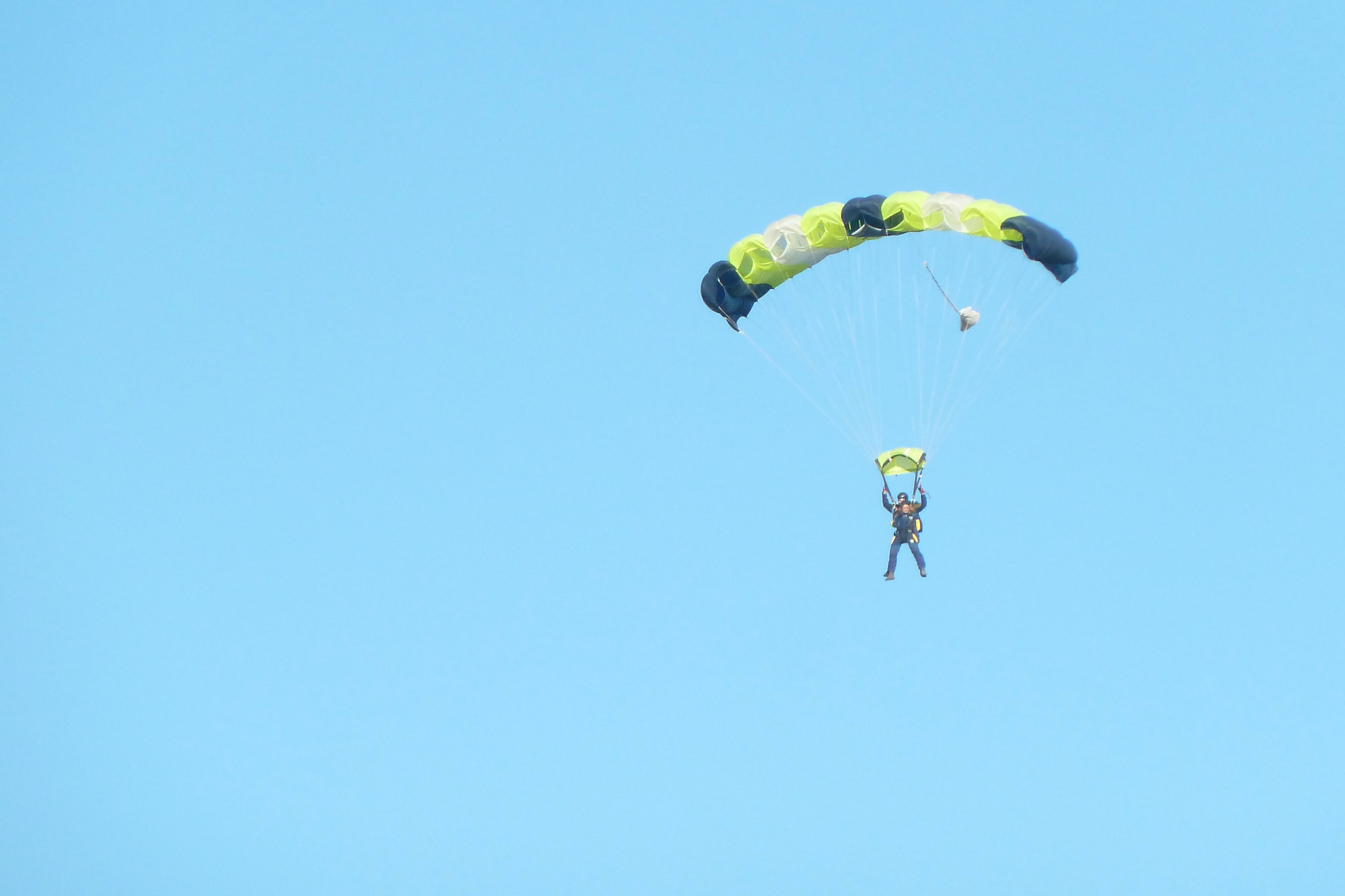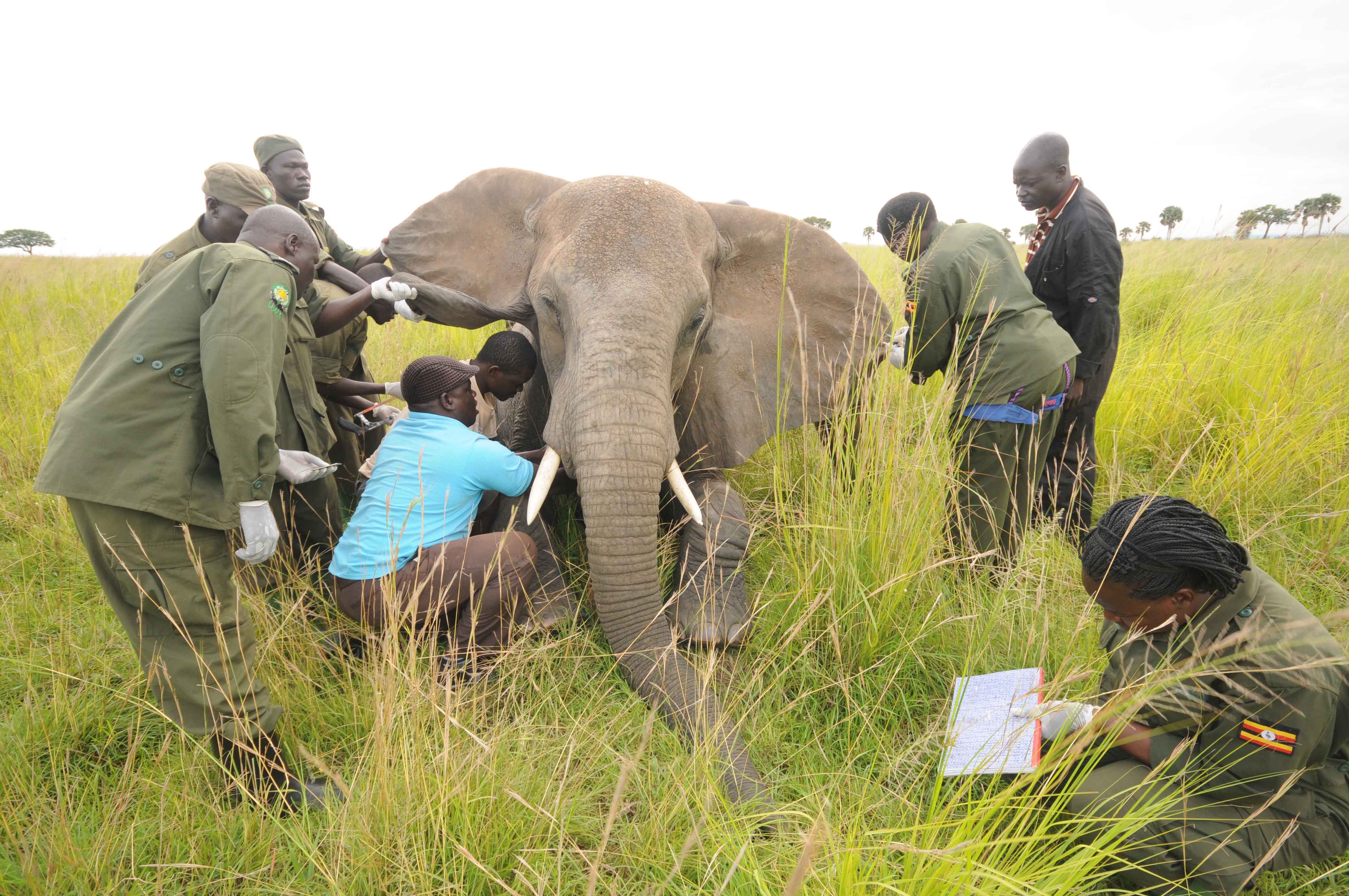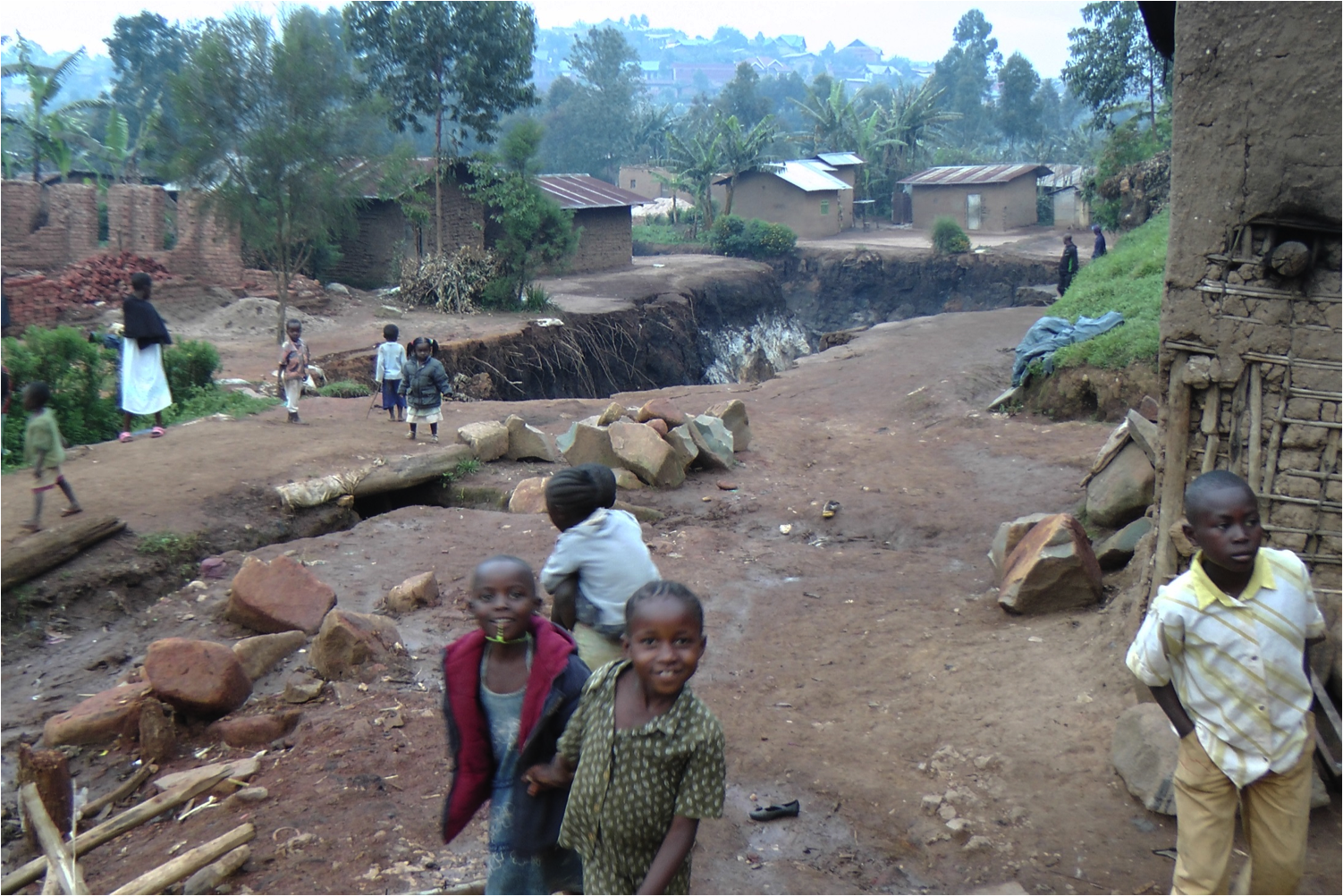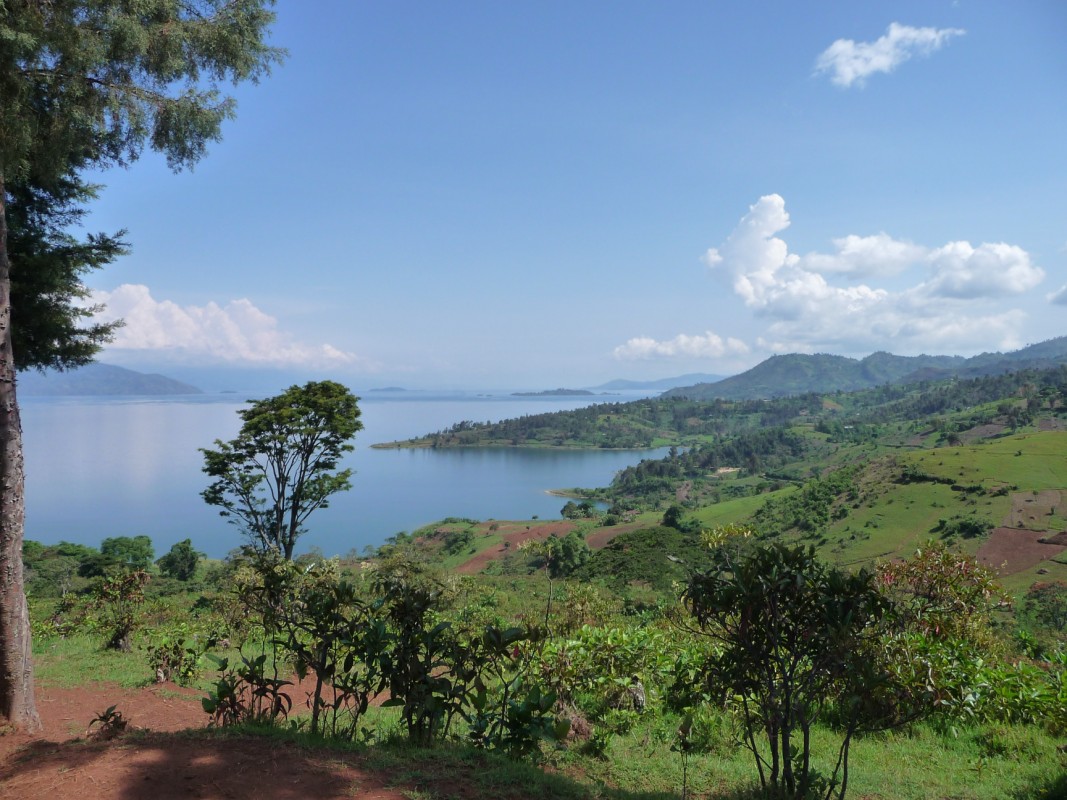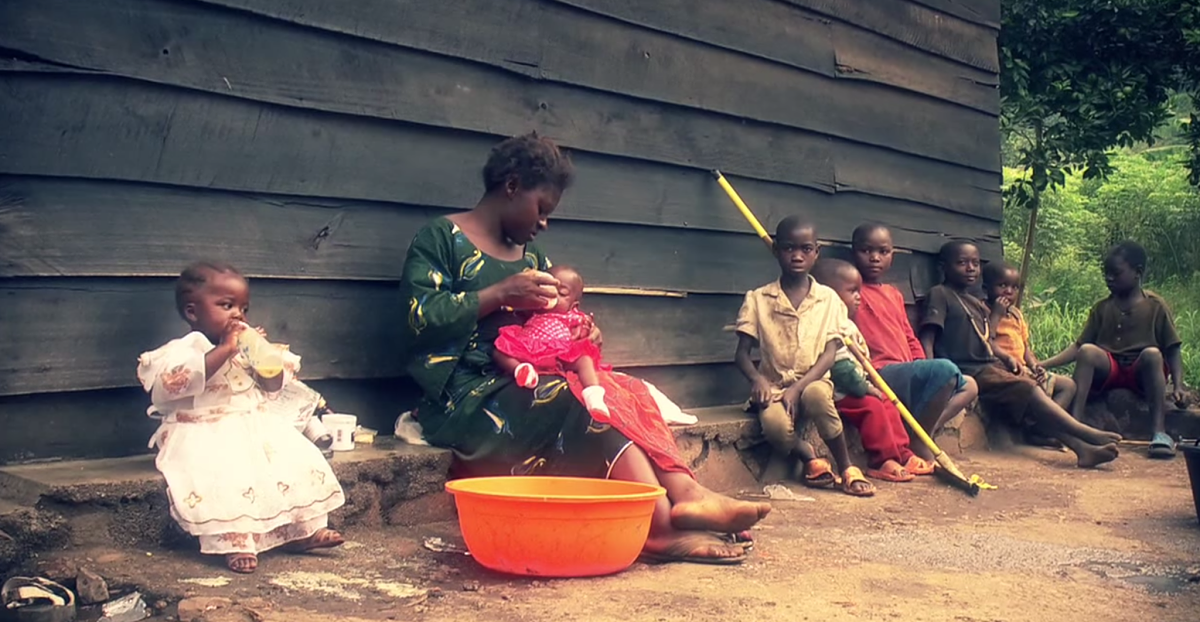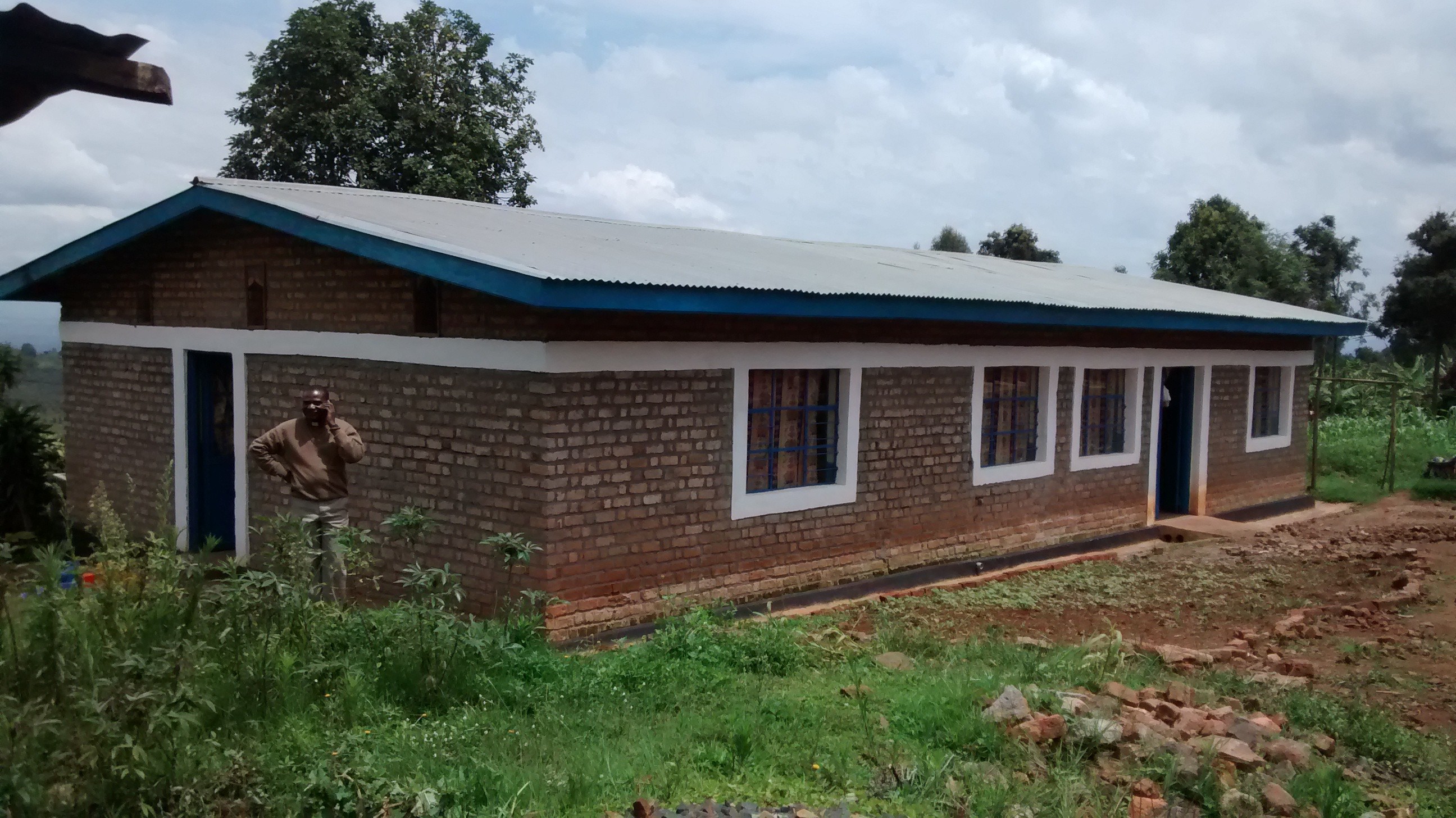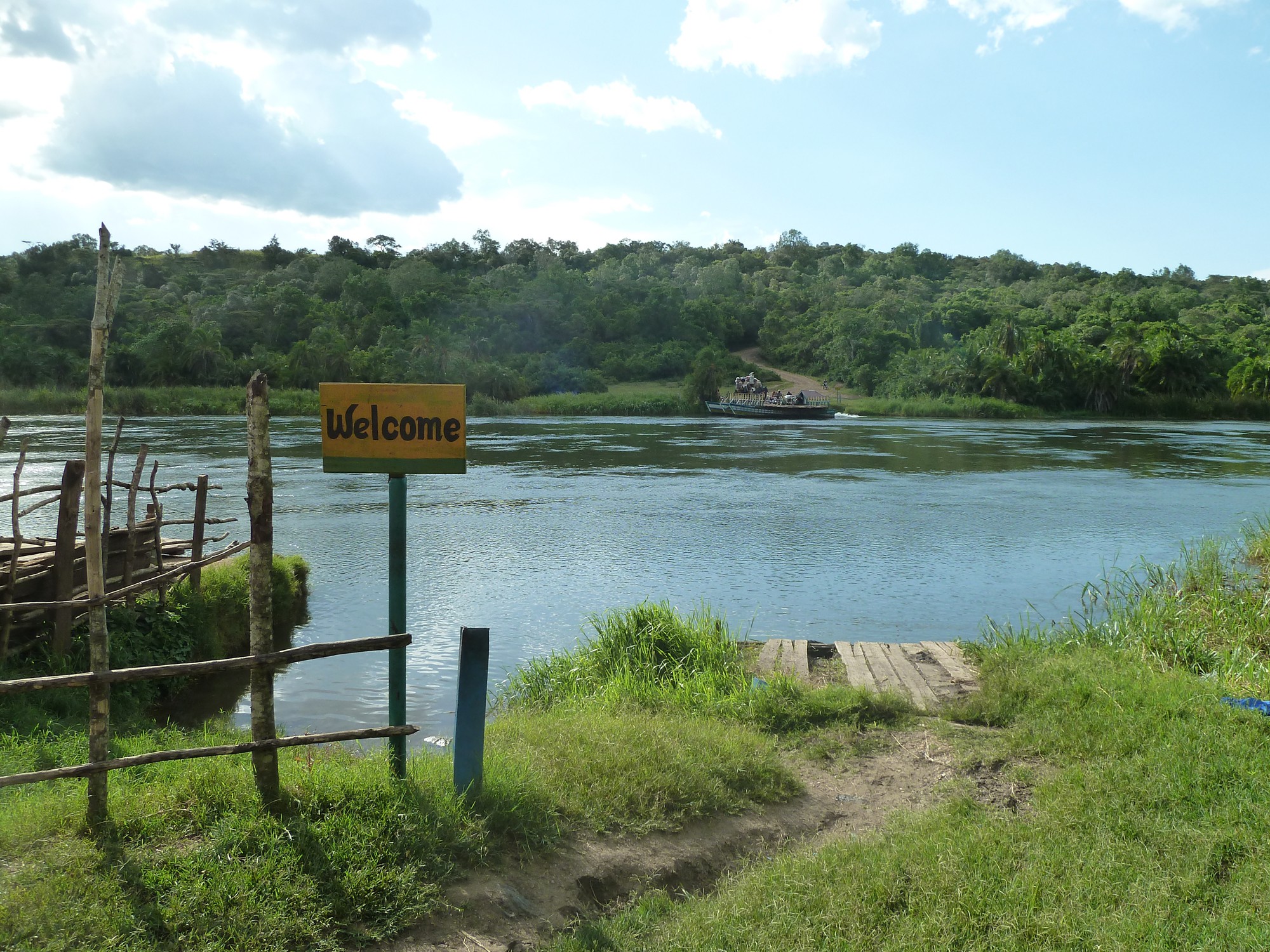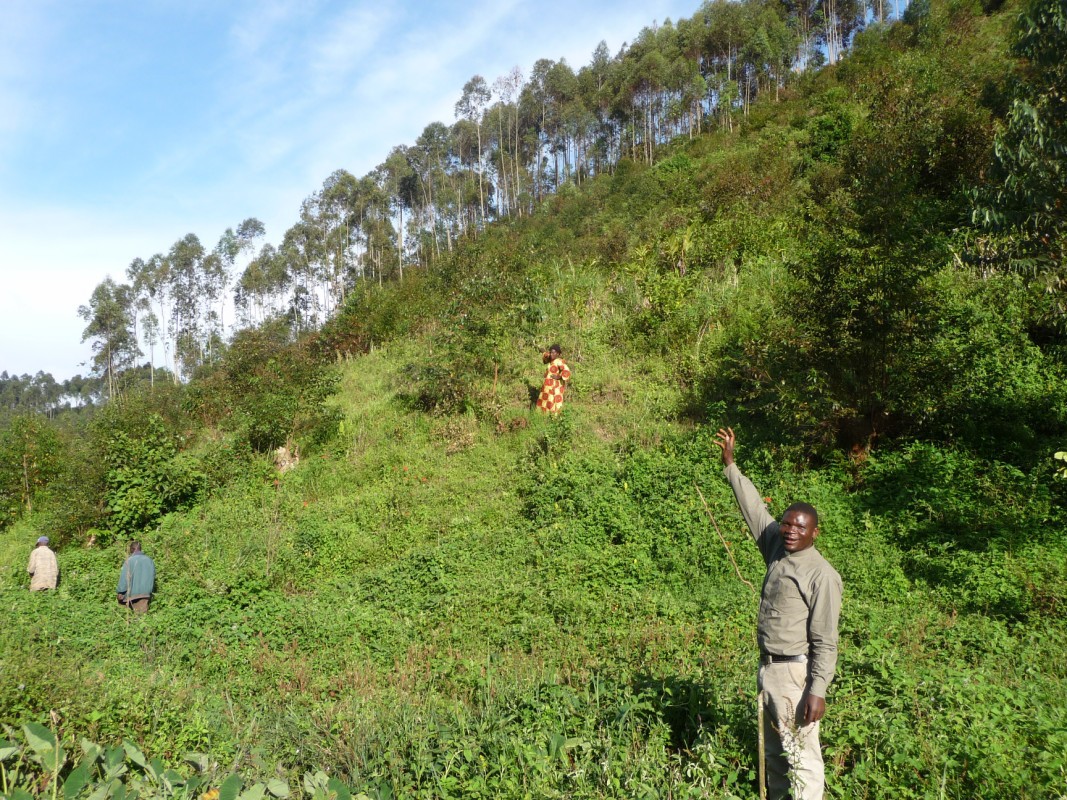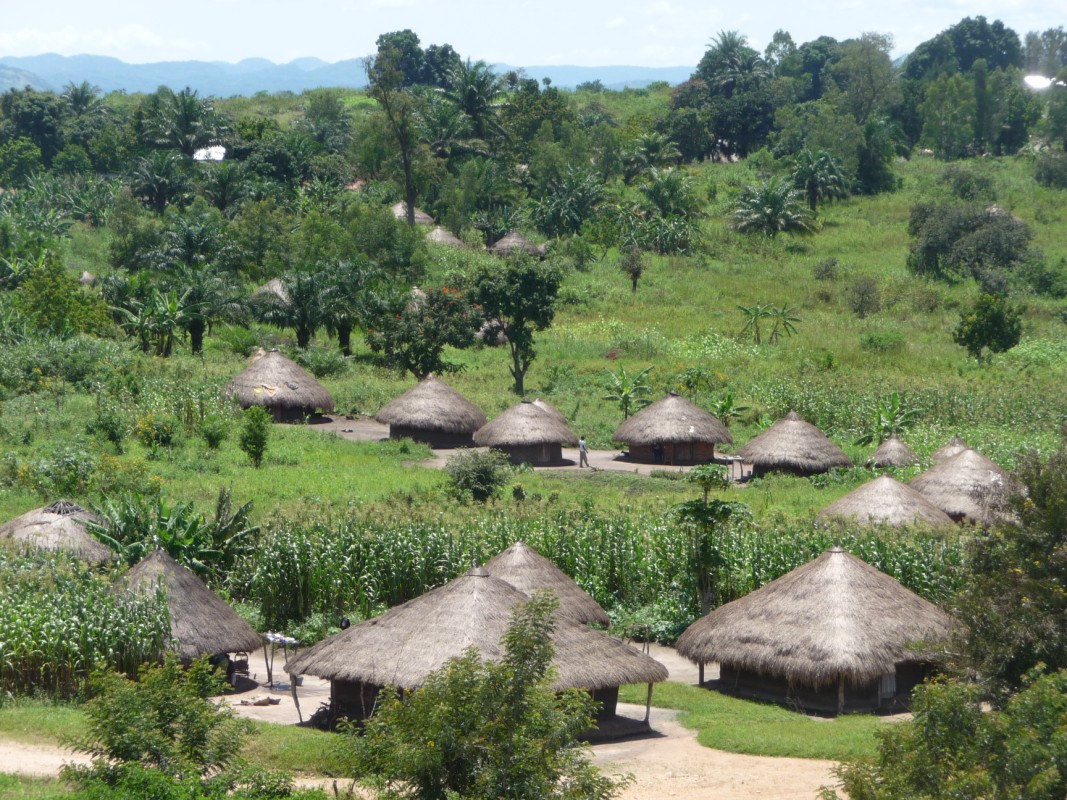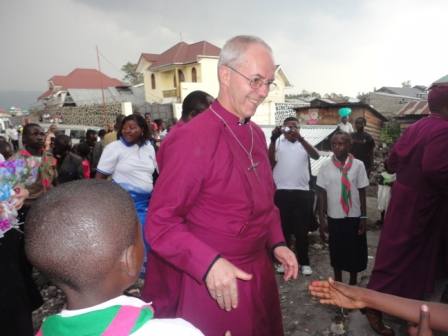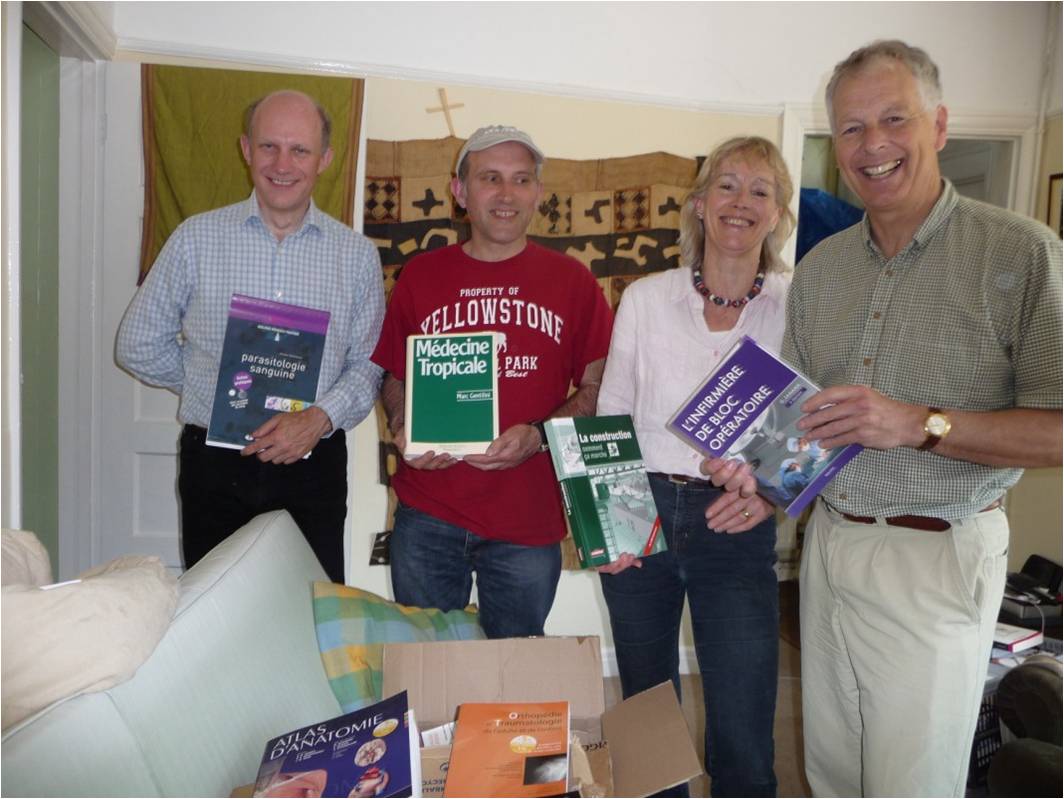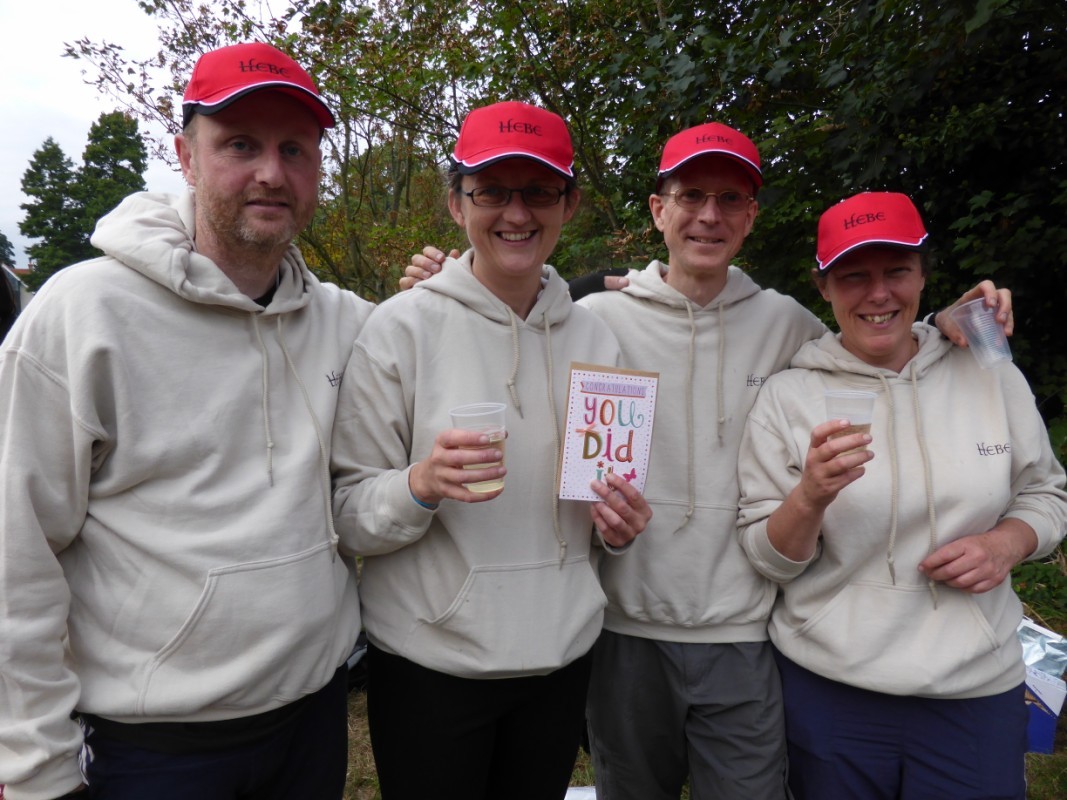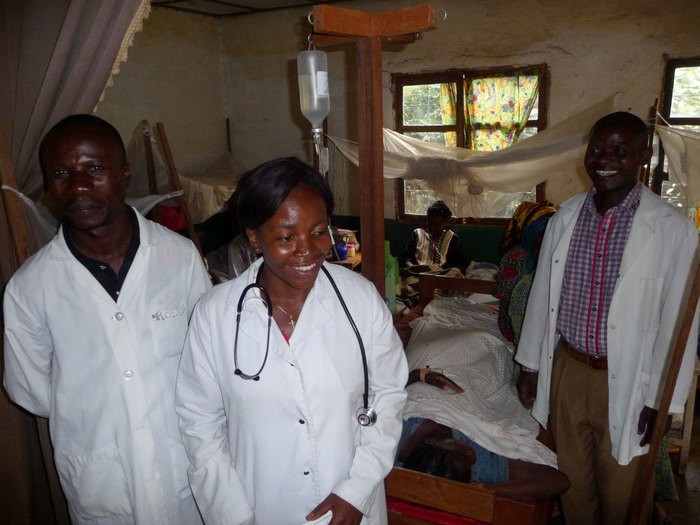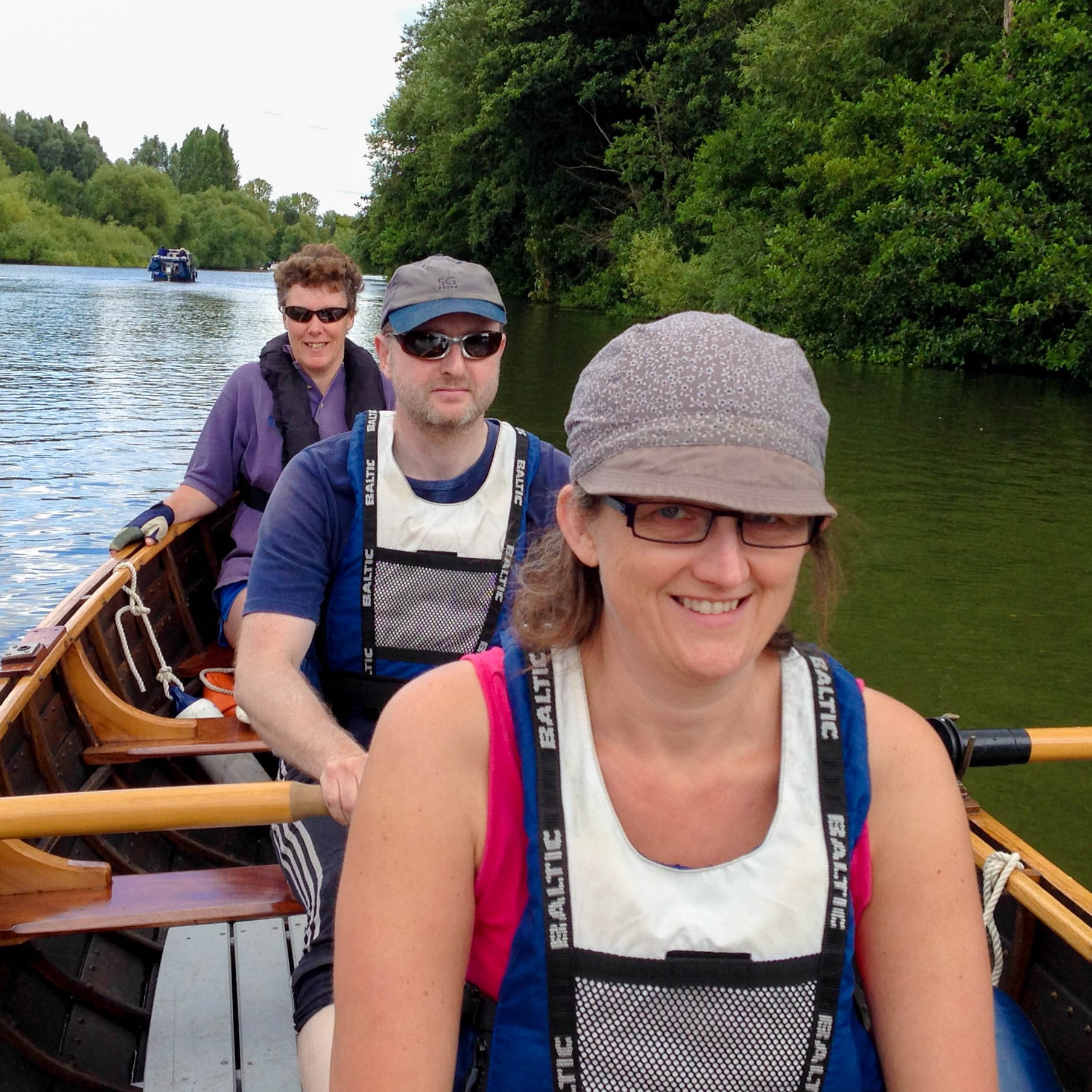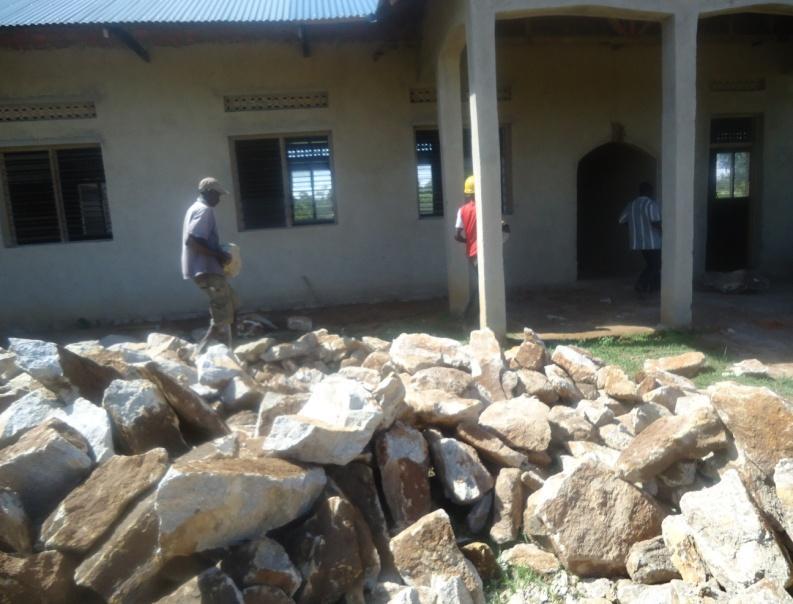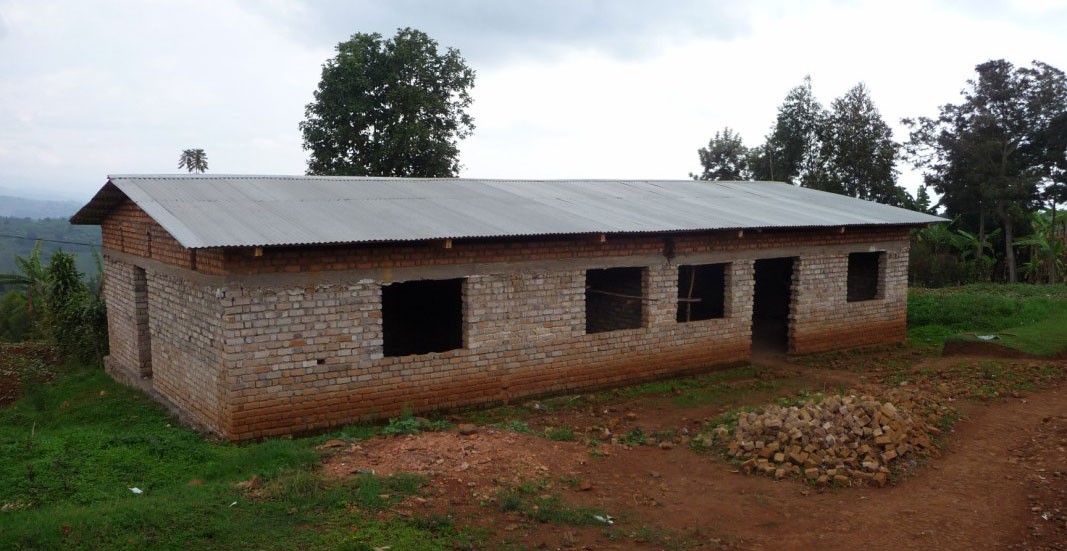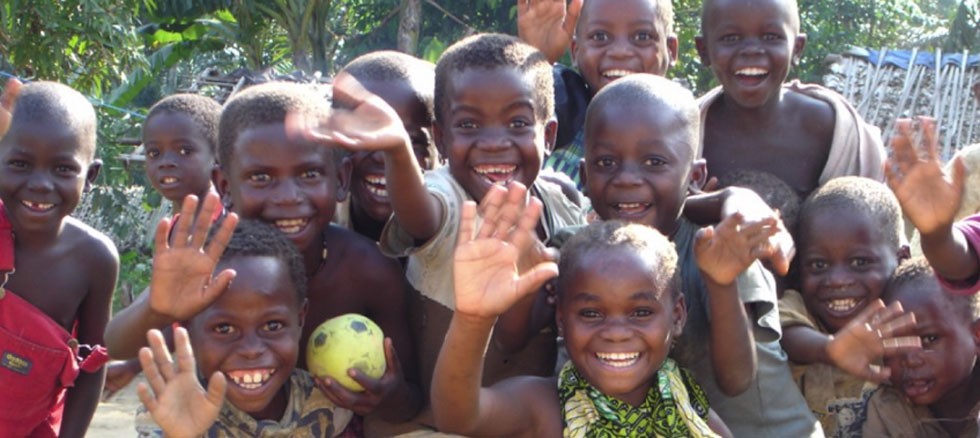In our last blog we left Tim and Nigel happily driving through Uganda having visited Aru in Eastern DRC. Their next destination was Bukavu in the south.
This entailed travelling through Rwanda and then back across the border into DRC. Leaving Rwanda was not a problem but getting back into DRC proved more of a challenge. Tim takes up the story:
“We had a major, major problem as I didn’t have an appropriate visa. At previous crossings we had used the legitimate mechanism of having a temporary pass issued but this time, despite much negotiating and involvement of church leader Bahati, and 4 hours of patient waiting, I was unceremoniously escorted away from Nigel and our friends to be returned back to Rwanda.
This was much to the enjoyment of chuckling Congolese, also queuing for exit visas (back into DRC in their cases), who found the sight of an ageing Muzungu (expat) being ejected from Congo highly amusing!
Then, after less than half an hour, the Bishop’s son raced down the road and across the border once again to tell me that the situation had changed, that key phone calls to Kinshasa had been made and I was now to be allowed to enter.
There was a sharp run up hill with my suitcase on the head of a helpful assistant, the making of suitably ingratiating murmurings to the previously obstructive officials, and then, with much rejoicing, I was bundled into the waiting car and we drove off along Bukavu’s sole new tarmacked road to rest and refreshment at the Bishop’s house.
My first impressions of Bukavu town were that it was as bustling as any other African city despite the fact that there were far fewer commercial outlets than elsewhere and no traffic chaos, such as that in Kampala, as few people possess vehicles and the roads are atrocious. There is no street lighting, or even mains supply at night for most, but yet it has a beautiful lakeside setting – truly the ‘Swiss lake of Africa’.
My time in Bukavu was immensely blessed with experiences that more than rewarded me for the effort taken to make the visit.
It began with a morning trip up into the country to visit the rural health centre at Cirunga that Semiliki Trust has been supporting to build a new maternity block. There is a new building shell already standing, and roof in place. However, it is not fitted out at all with any furniture or equipment. The existing health facility is so decrepit and poorly resourced that it was evidently not being used by the majority of the populace.
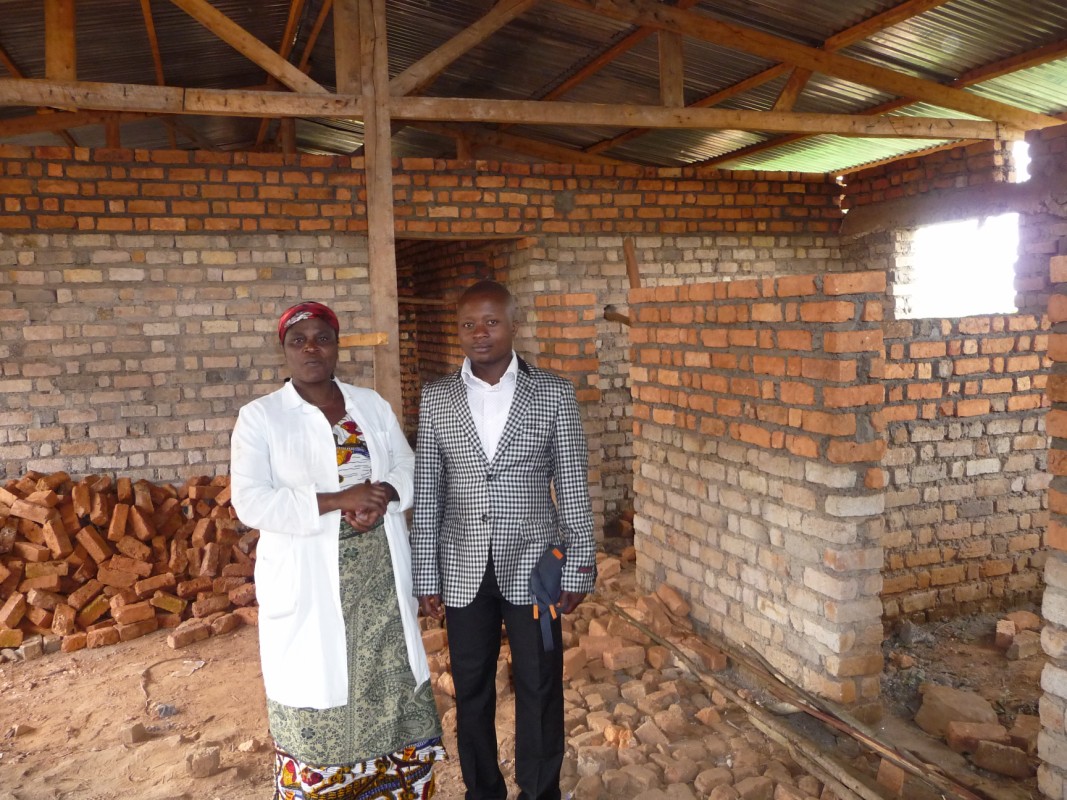
Nigel had a good conversation with key staff who explained that much of the lack of development, relates to the limited government support for such rural facilities. There is much for the Semiliki Trust to consider in how best to maintain and develop this centre.
What was striking to me in this area was the truly remarkable work being undertaken by the church, both in the spiritual and social development of a vast population. There is a notable absence of many other aid projects or overseas contacts. Churches run many of the schools, health centres and social projects as there are few, if any, state-provided services. Indeed the Churches are officially recognised as service-providers. Everyone accesses these services, regardless of ethnicity, religious belief or affiliations.
This land-locked area of DRC suffers from numerous problems for development, not the least of which are the logistics required to create a supply line that stretches half way across the continent. This has inspired a strength of purpose and focus that would put many a western church to shame. It is often accompanied by a truly humbling attitude towards lack of resources, and unwillingness to adopt an aid-dependent culture that characterises so many other poor states that I have visited.
The work that Semiliki Trust can do to support such entrepreneurial people is immense.”

